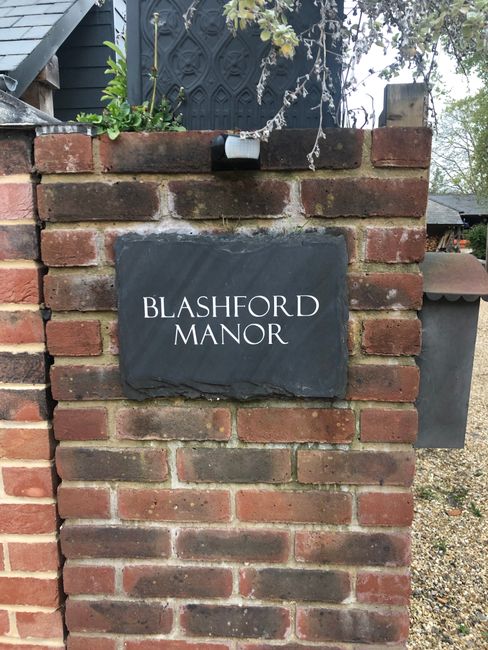Good old England - again
Published: 18.07.2023
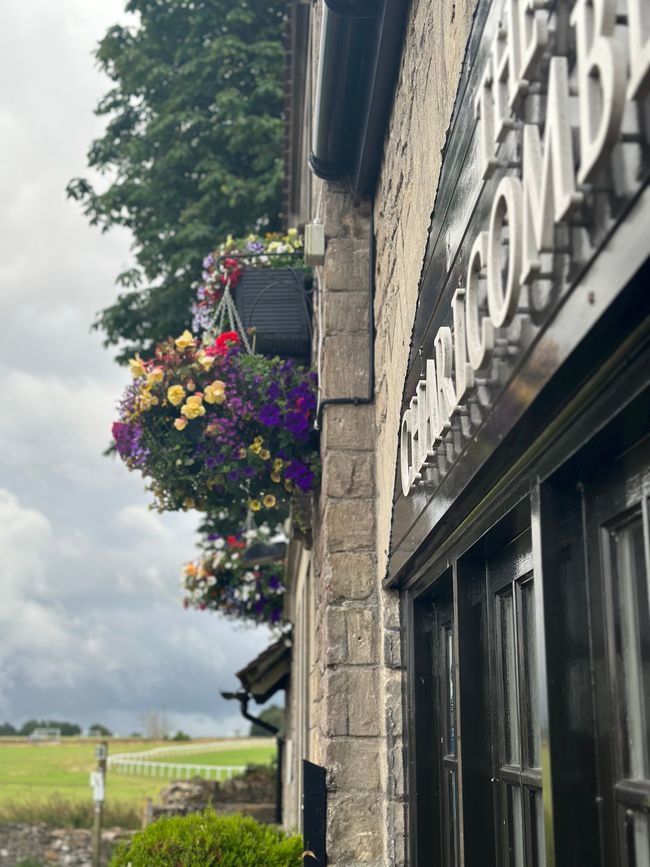



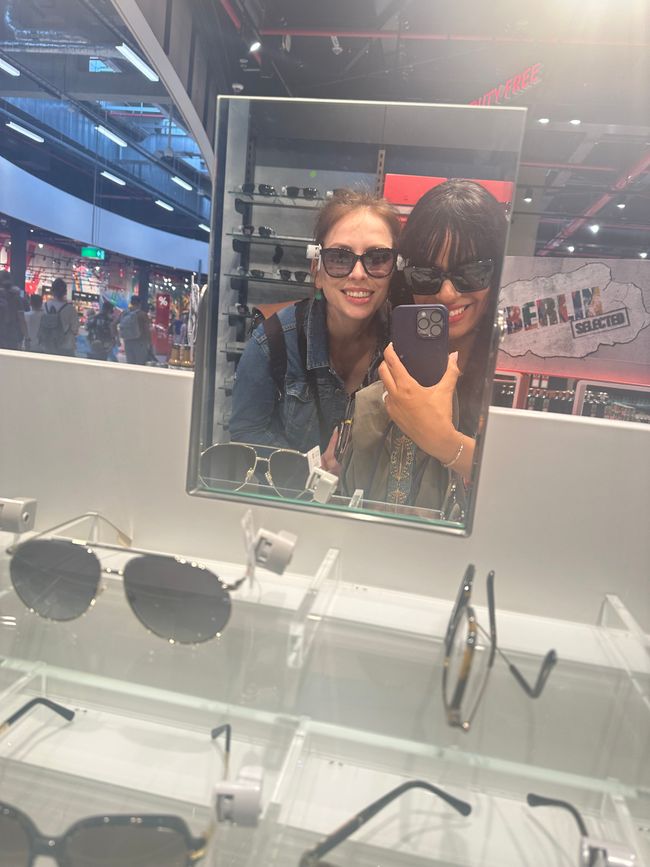




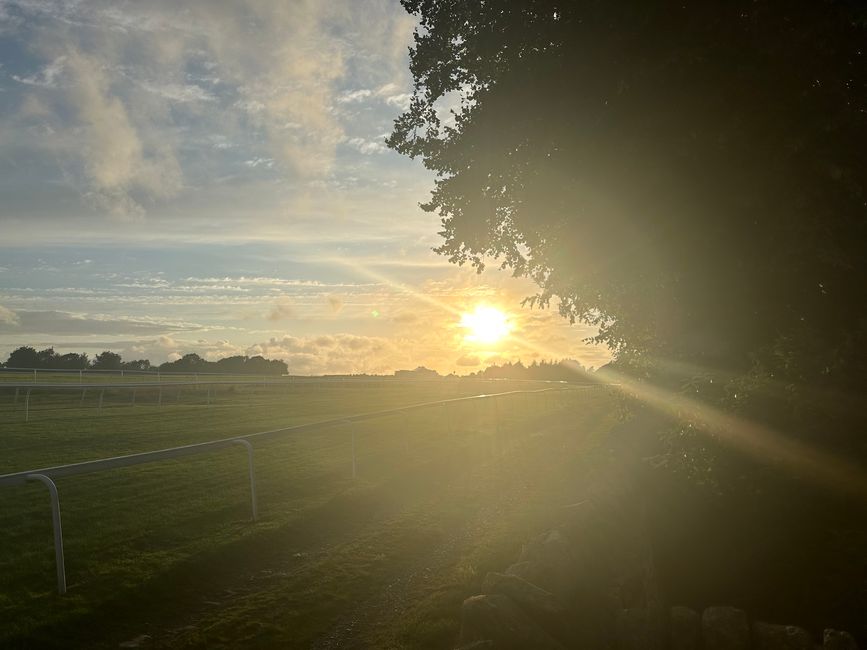





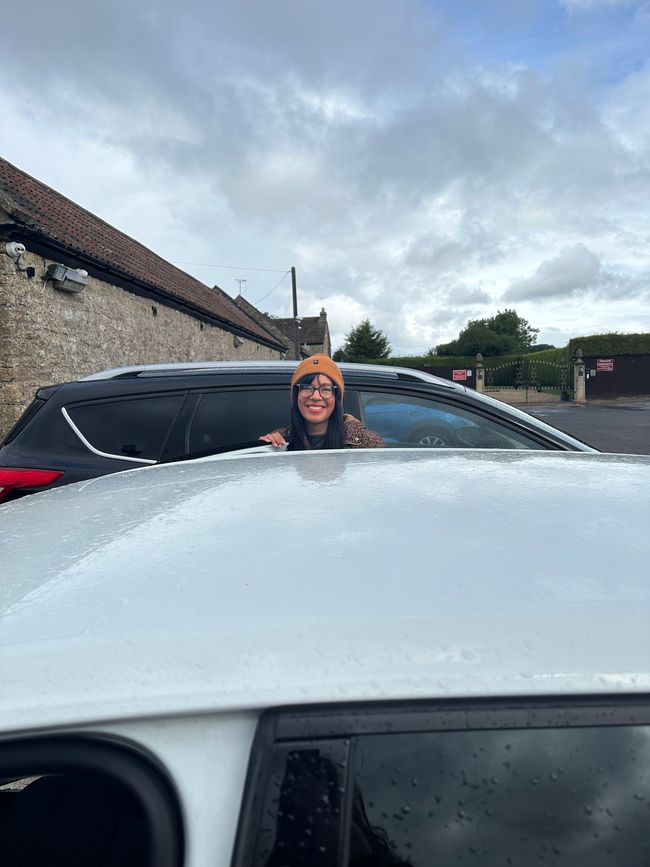



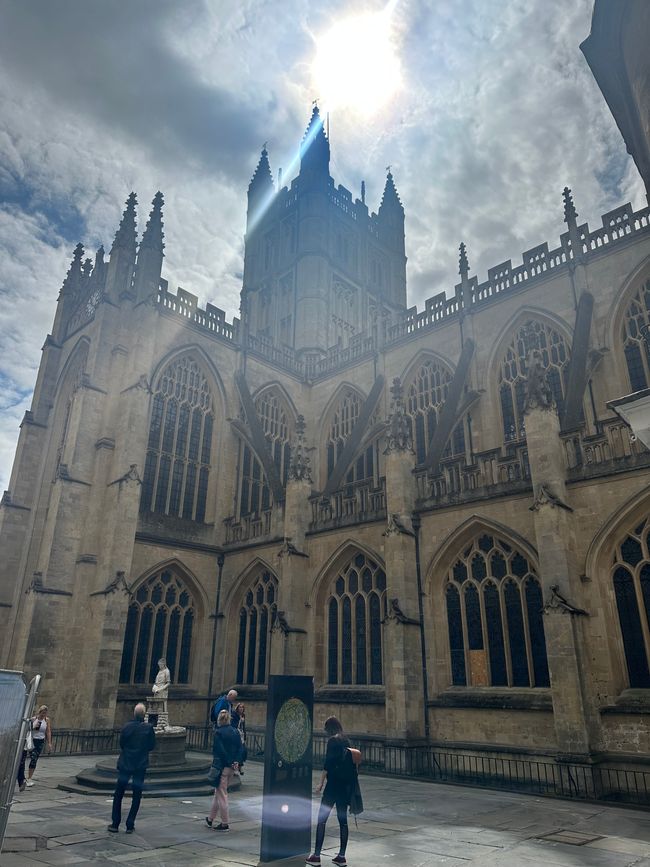
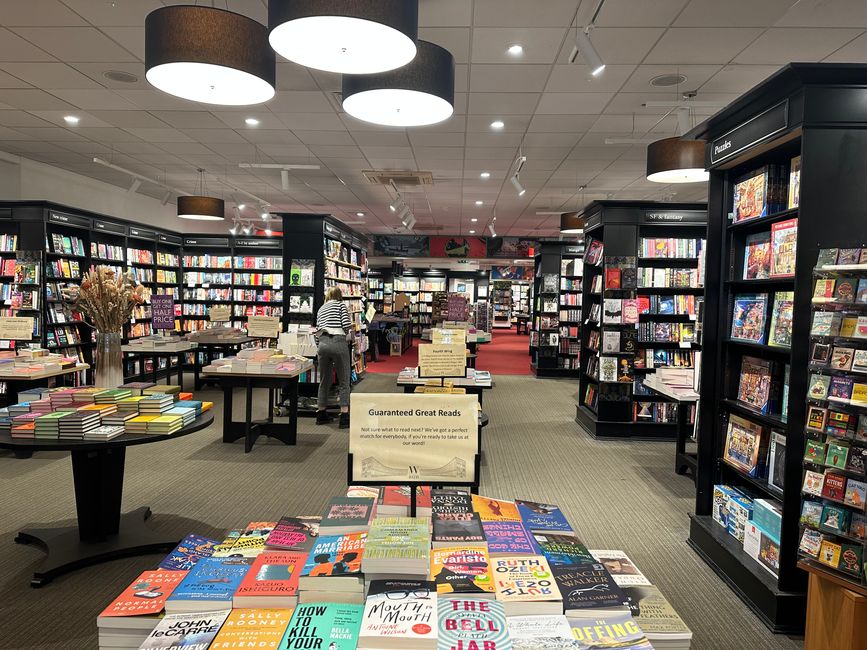
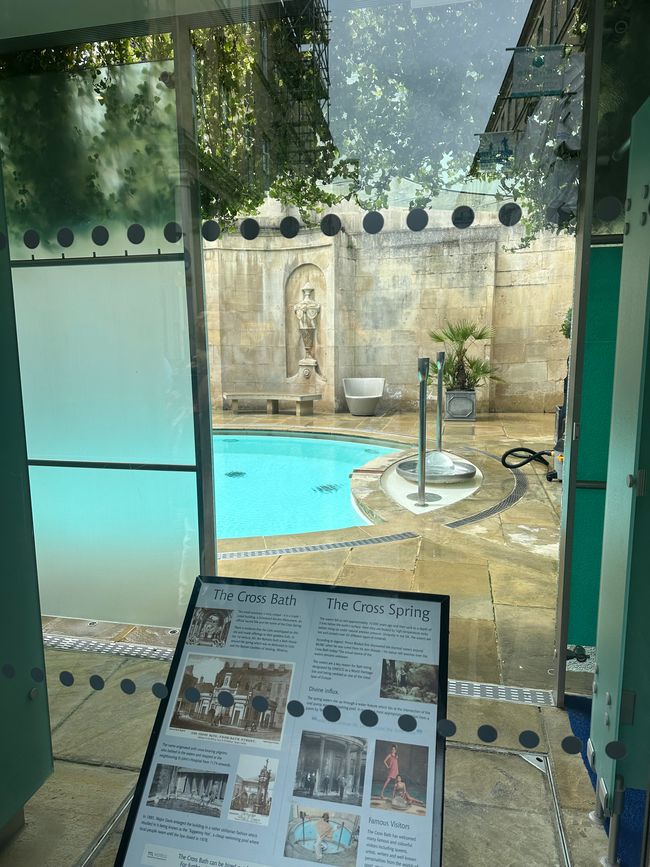

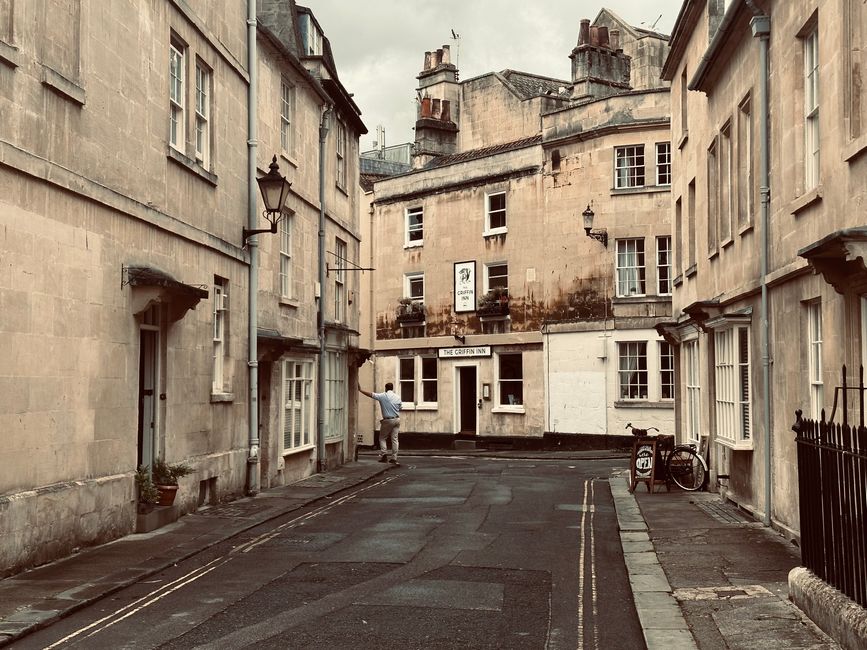






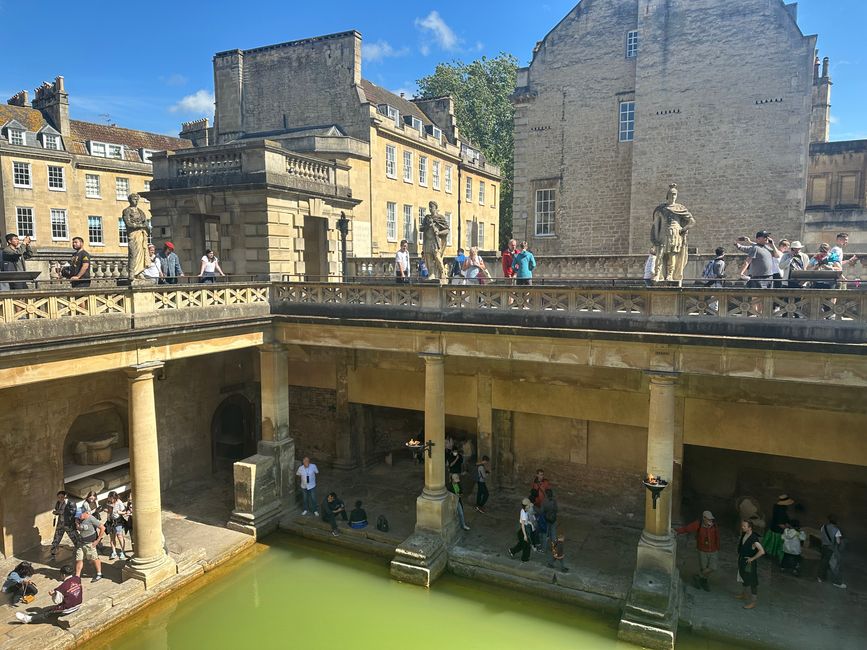

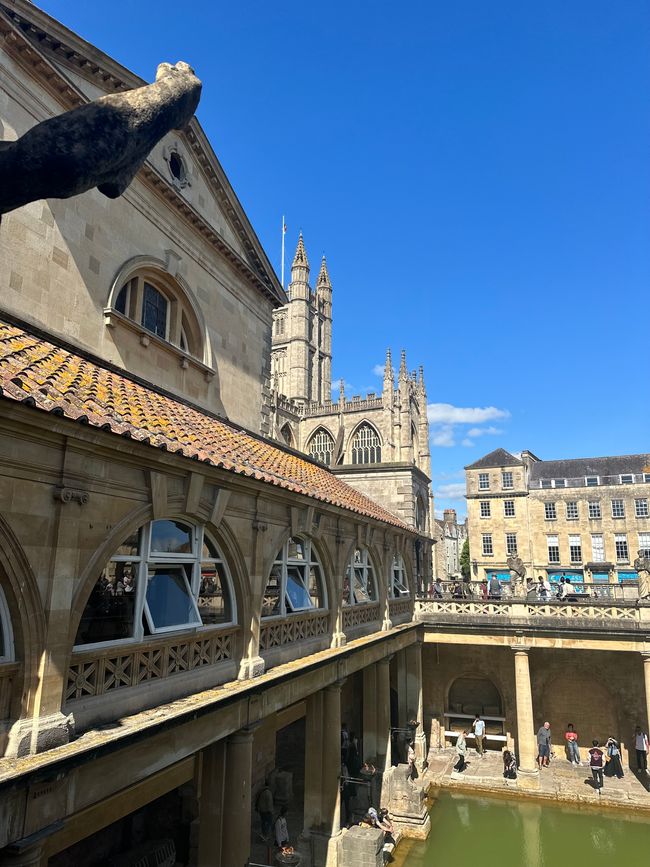



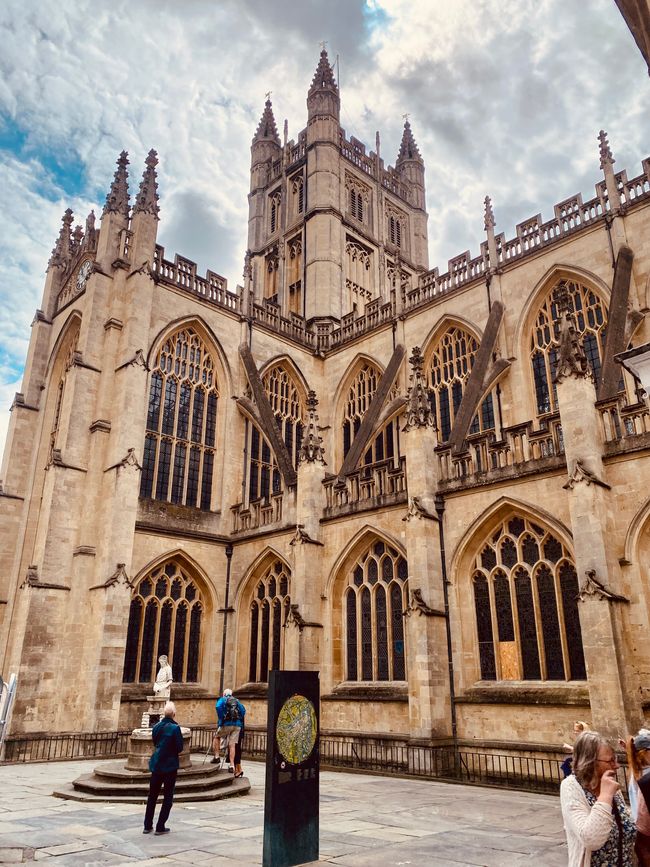

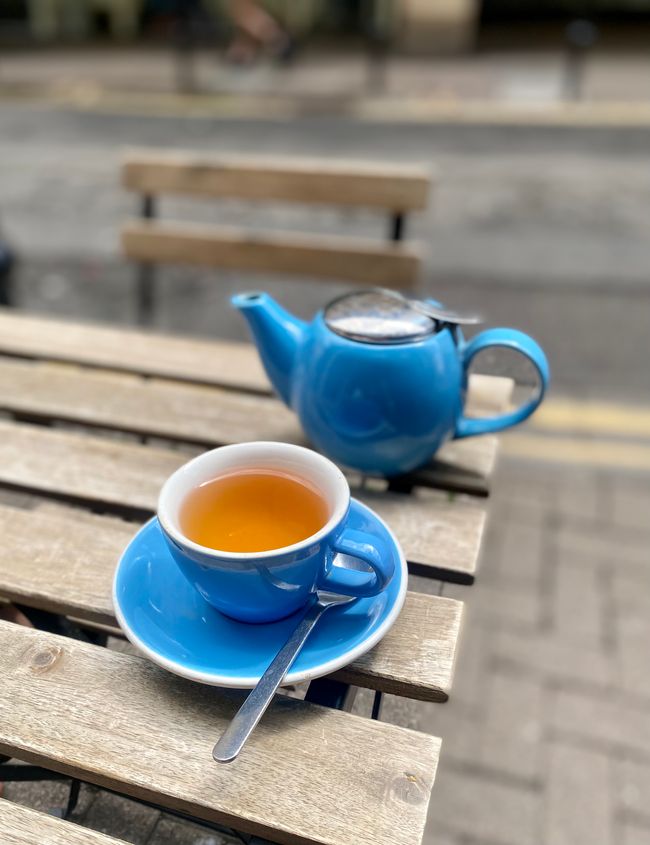


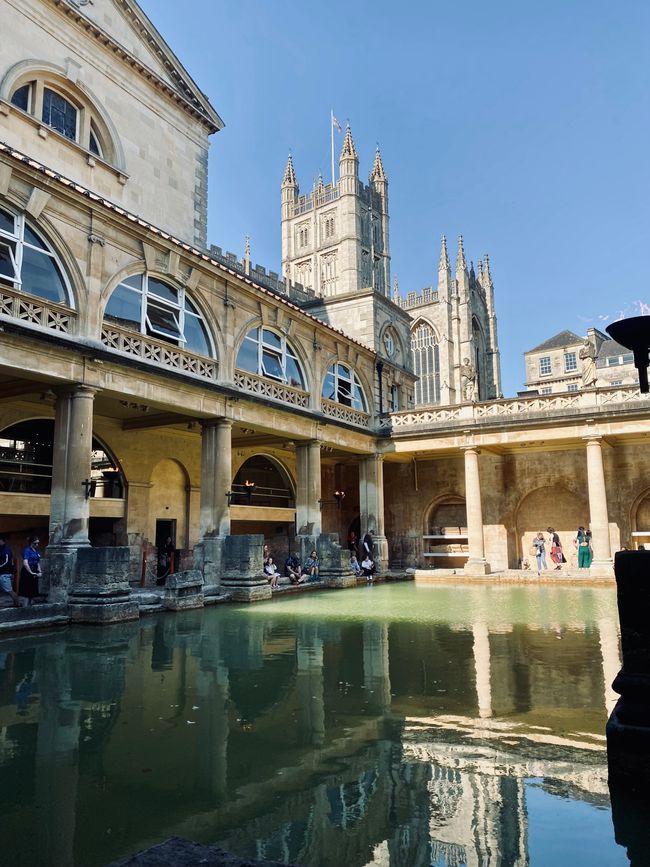
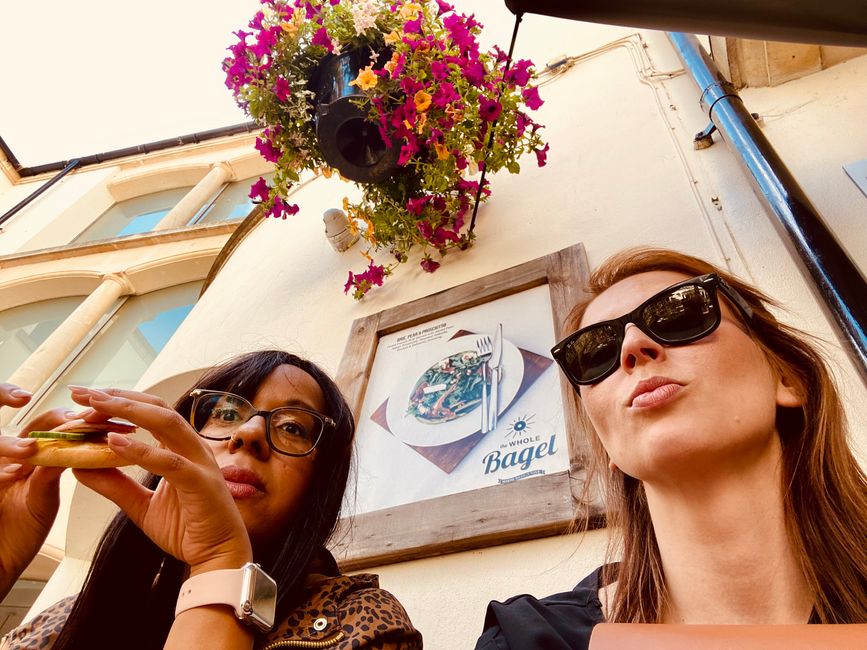
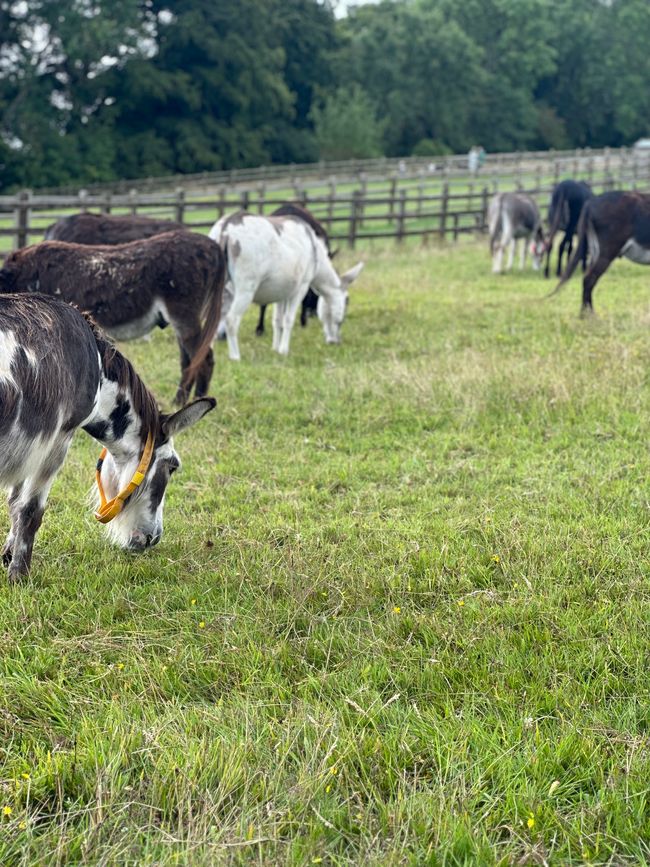
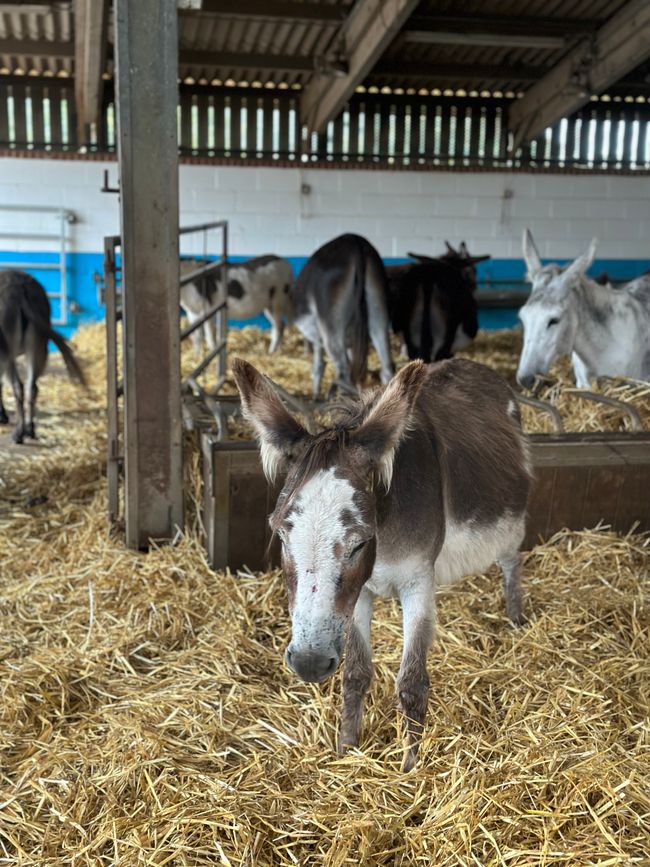
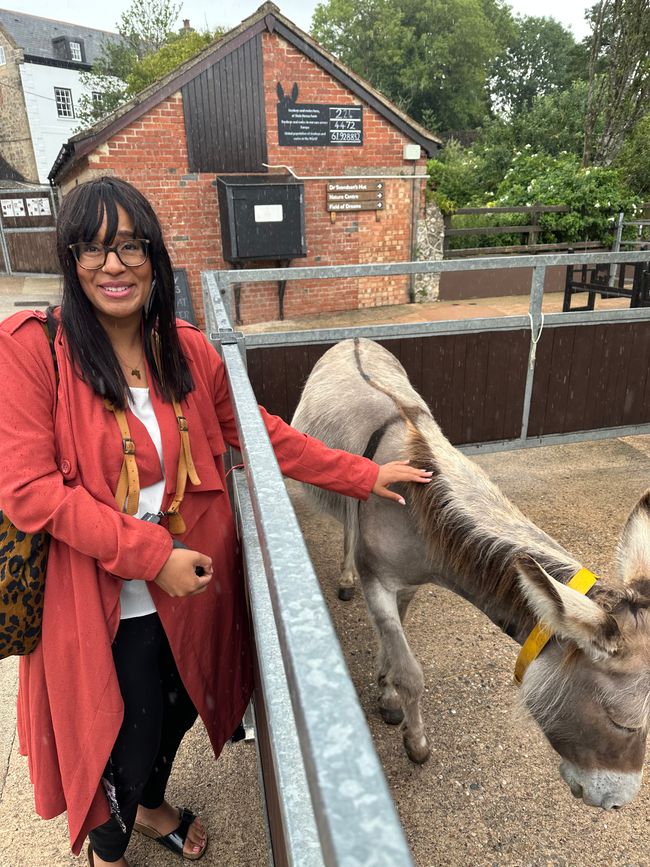




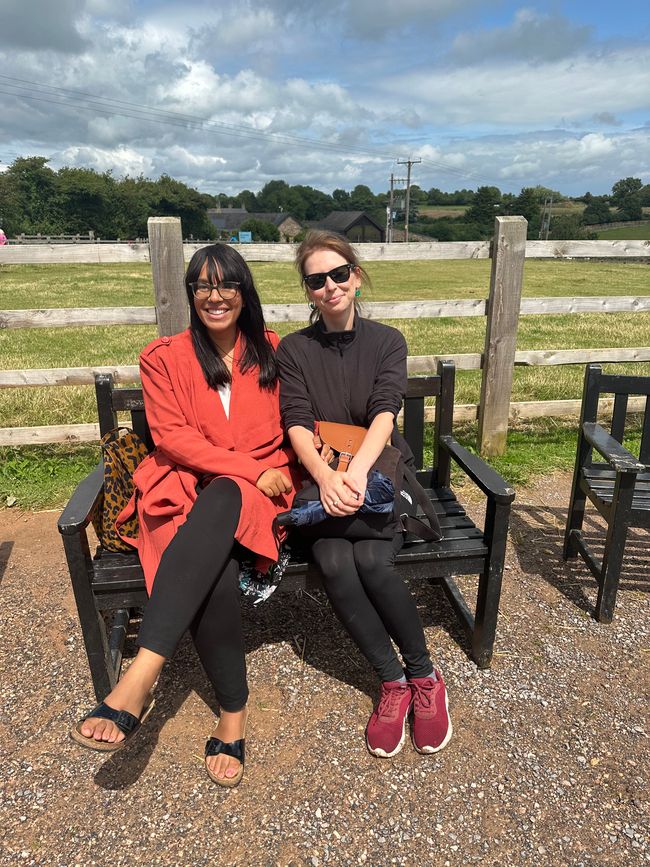
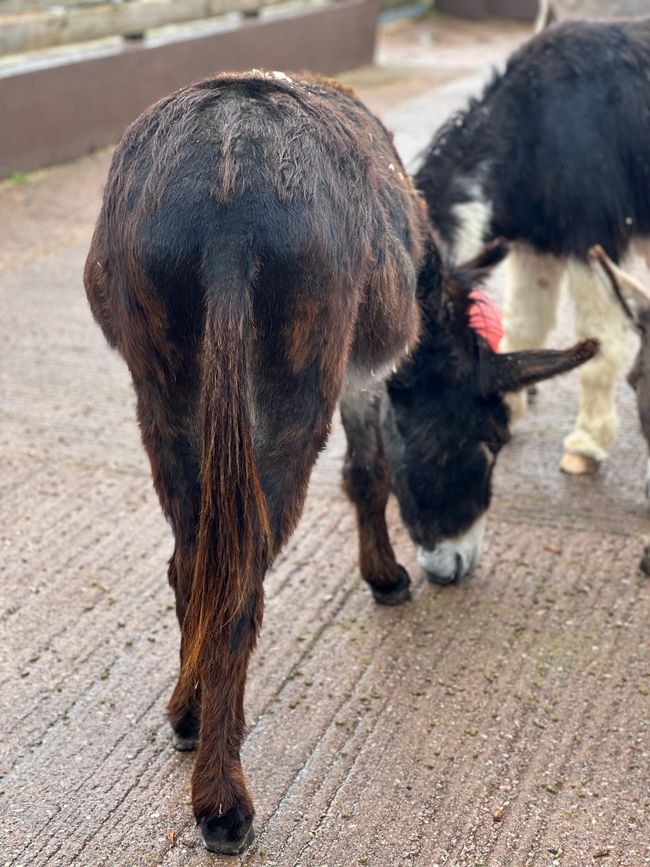
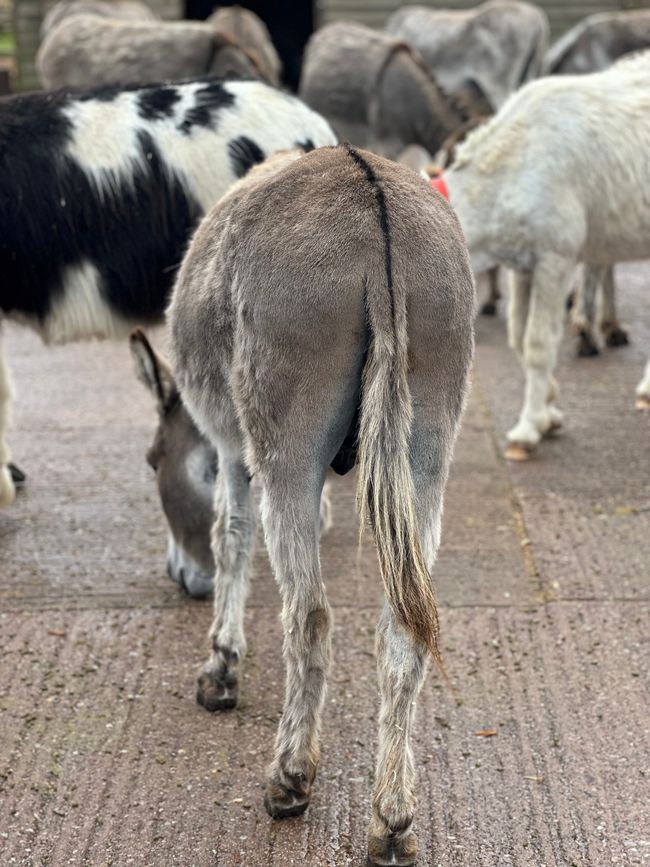
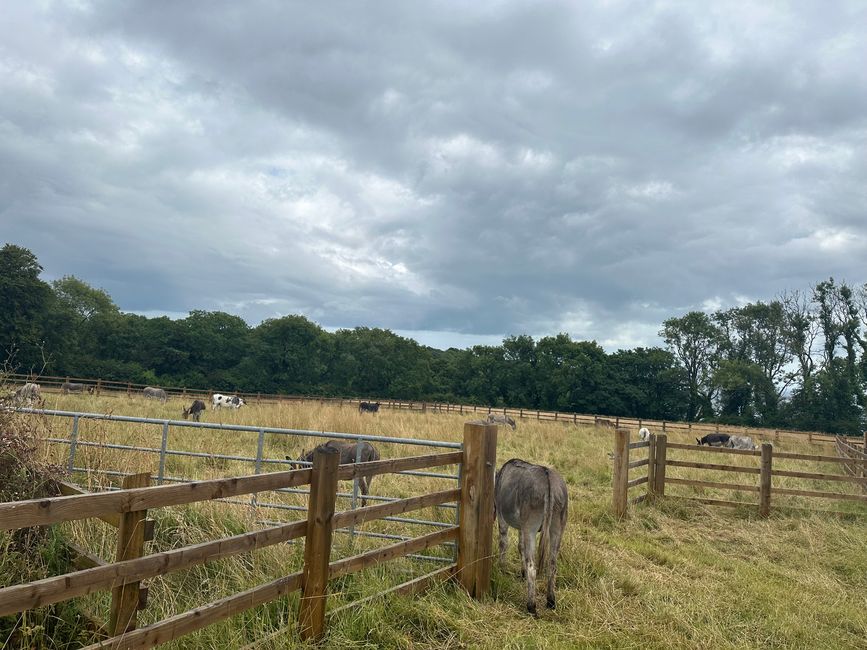
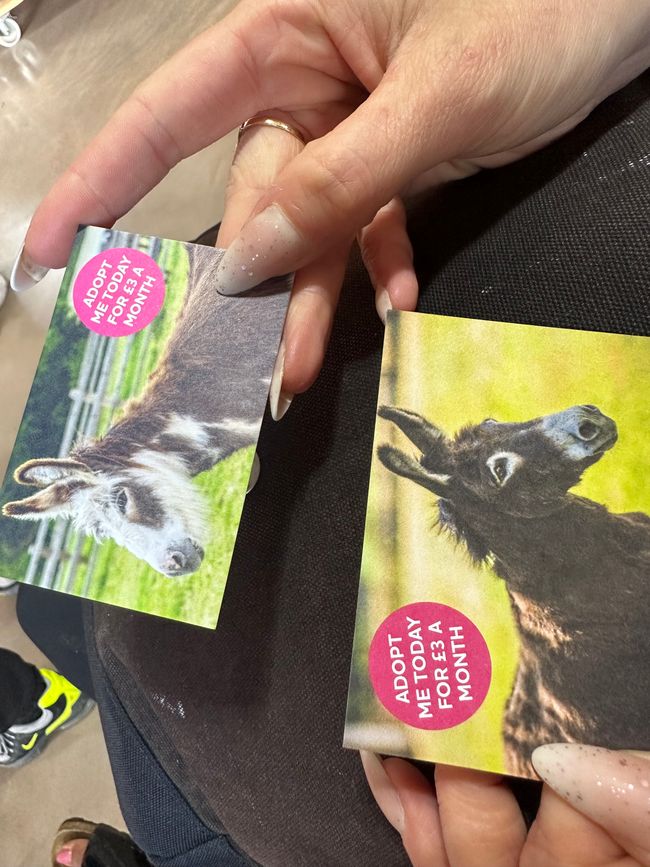
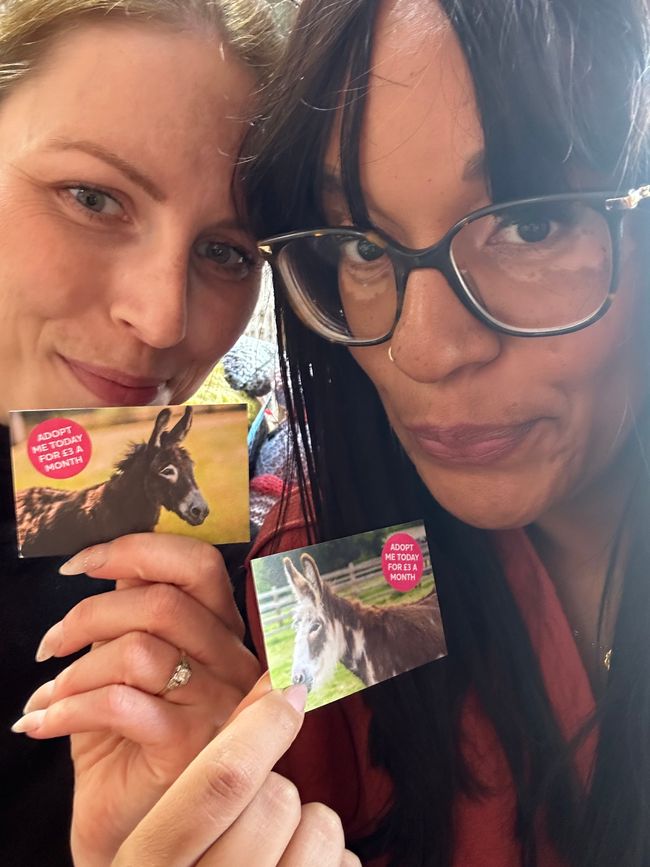
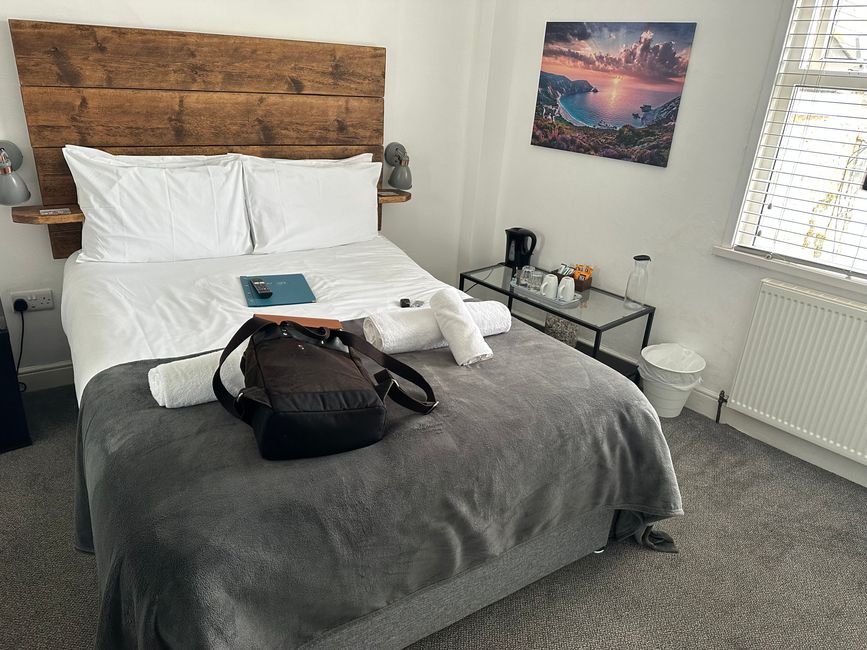
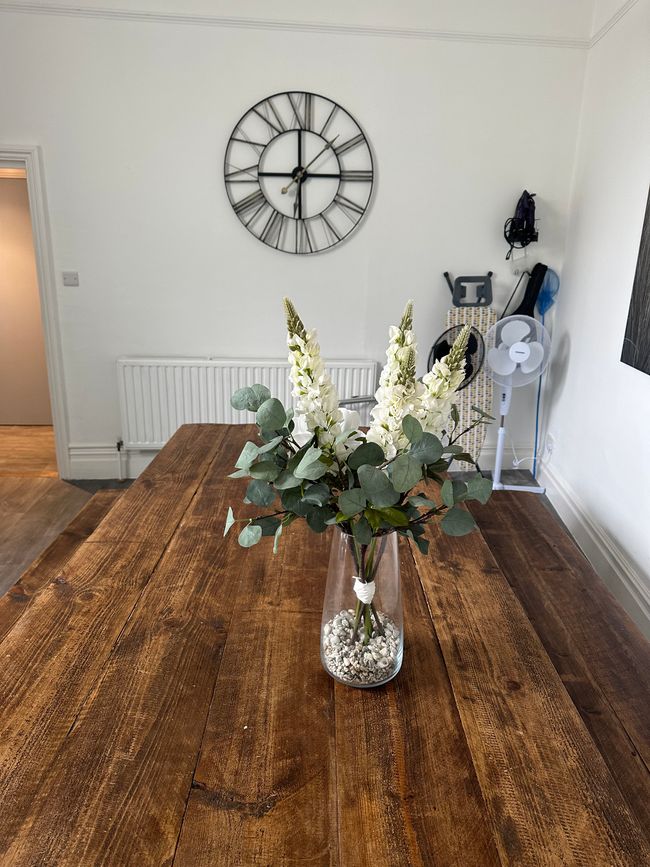
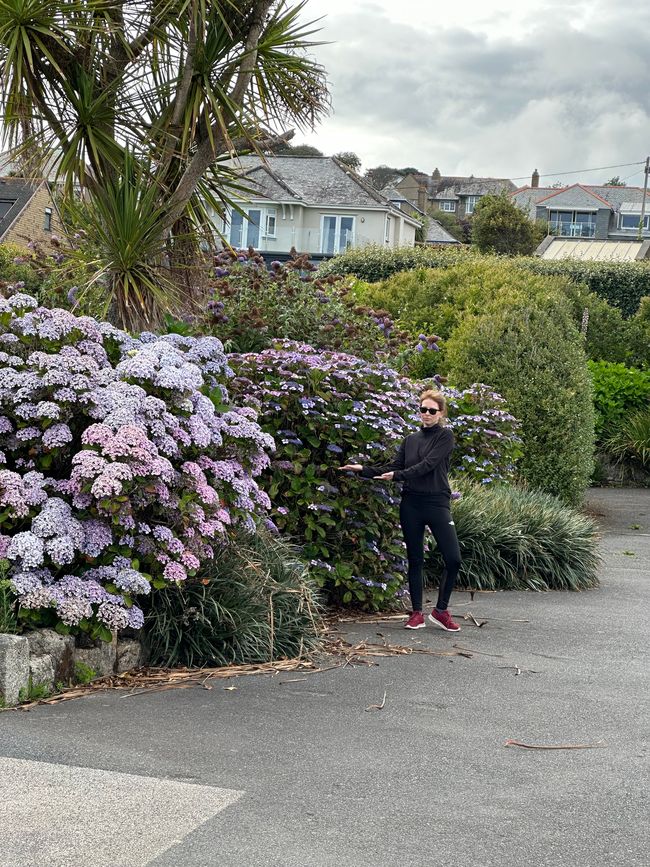
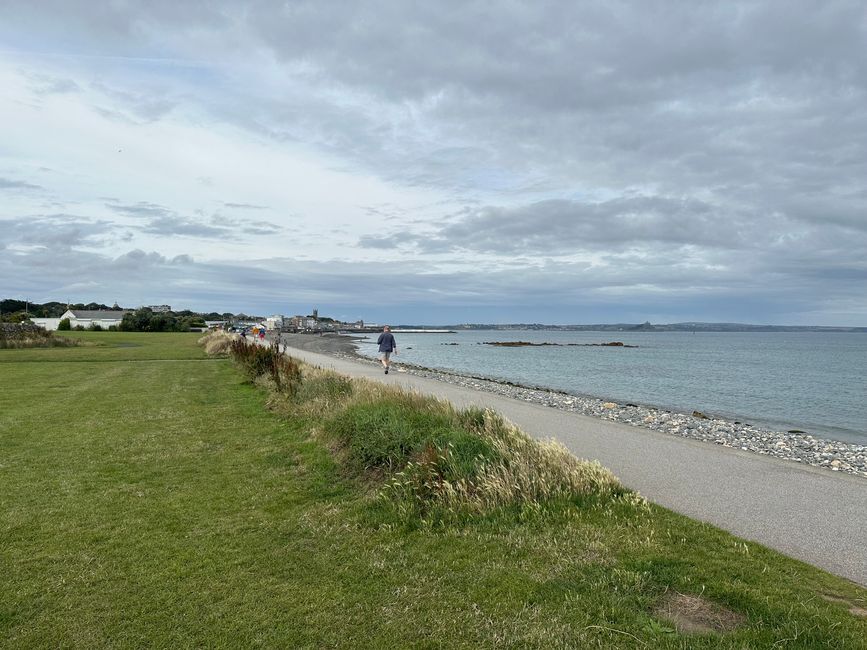
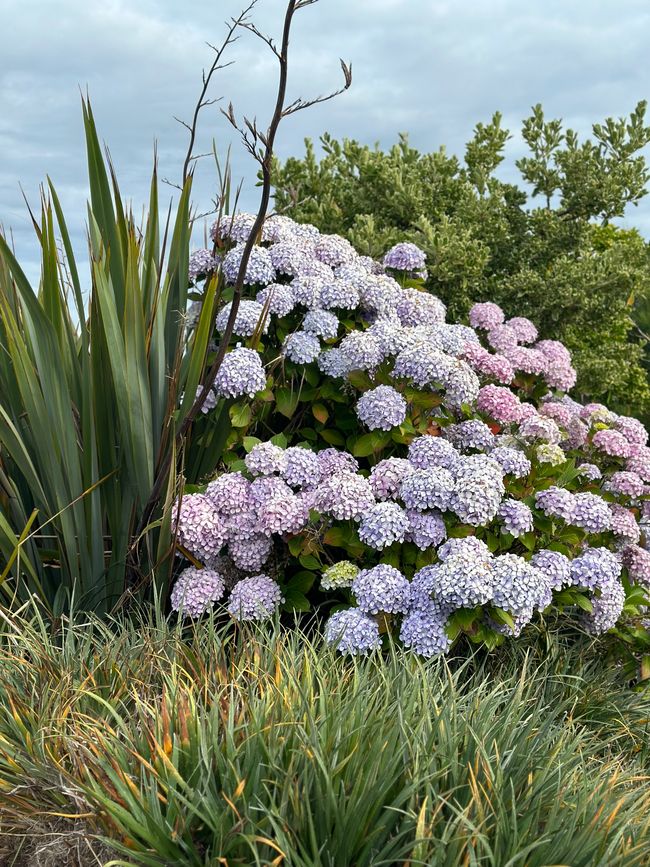
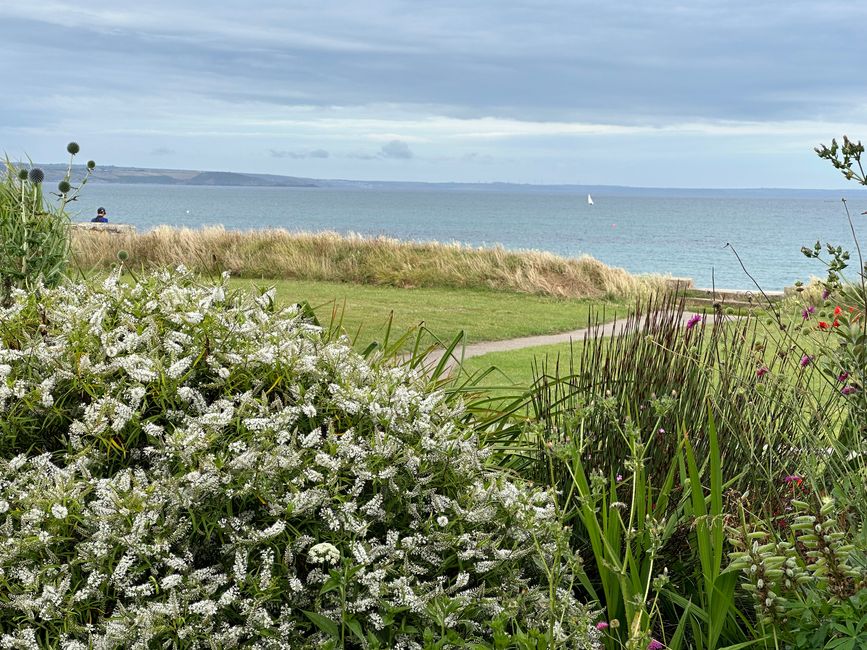
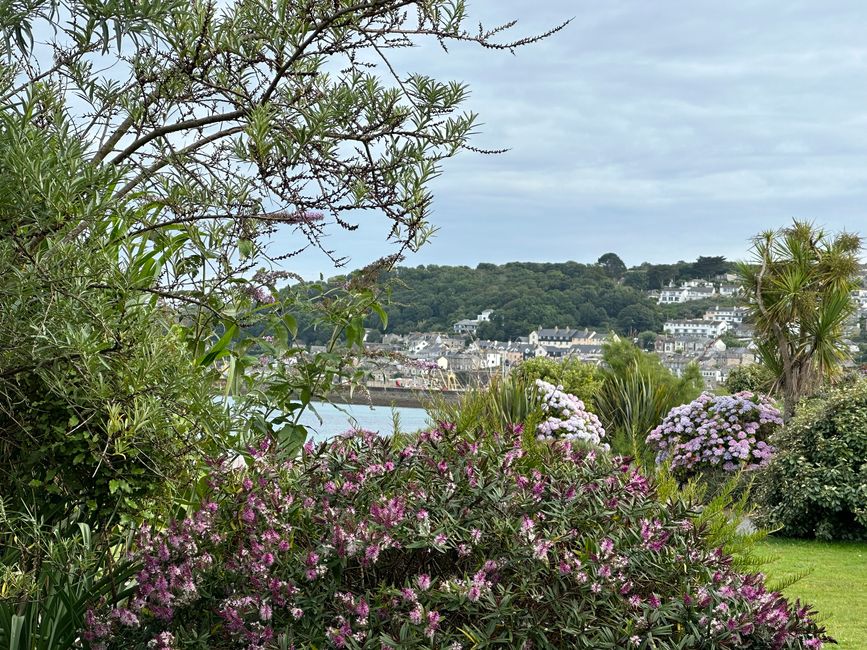
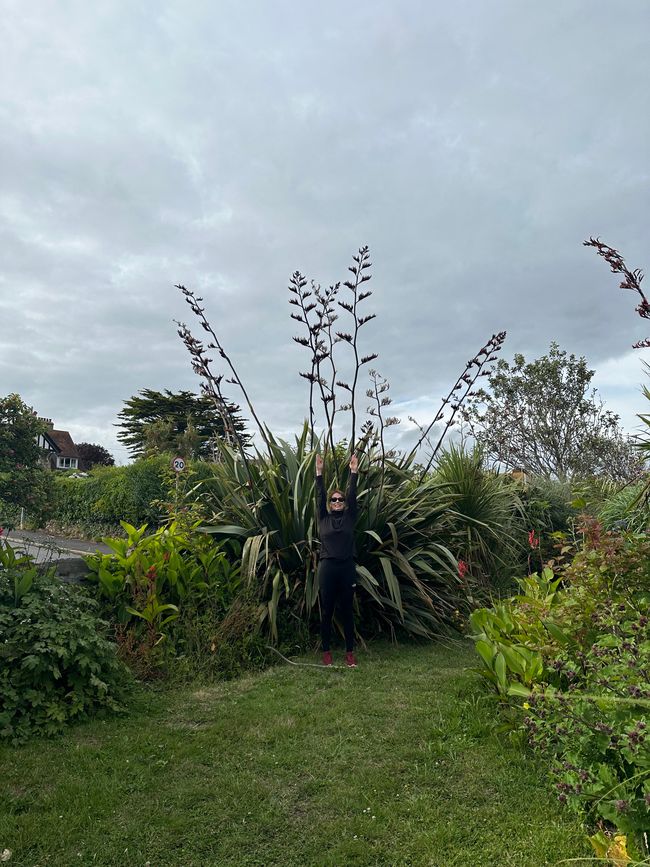
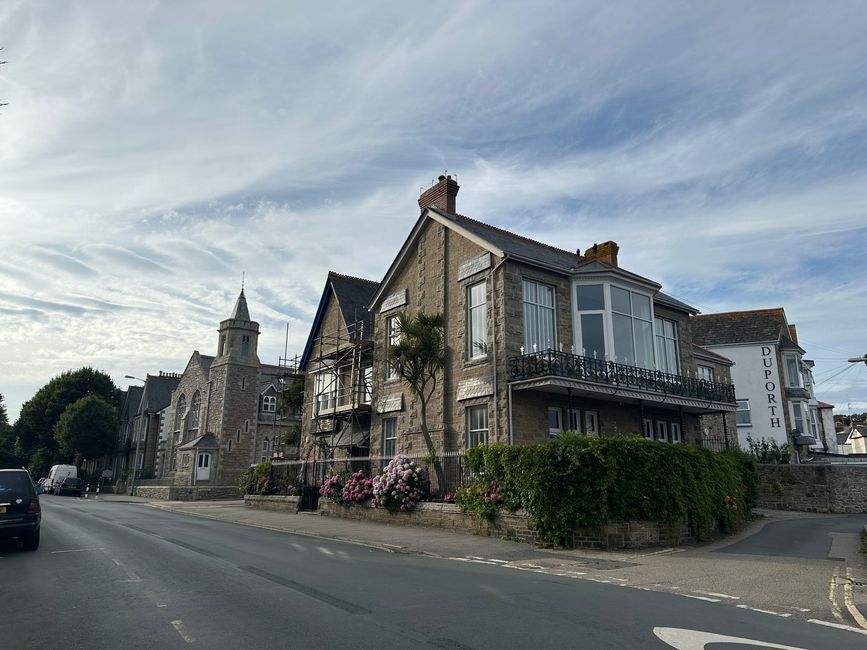
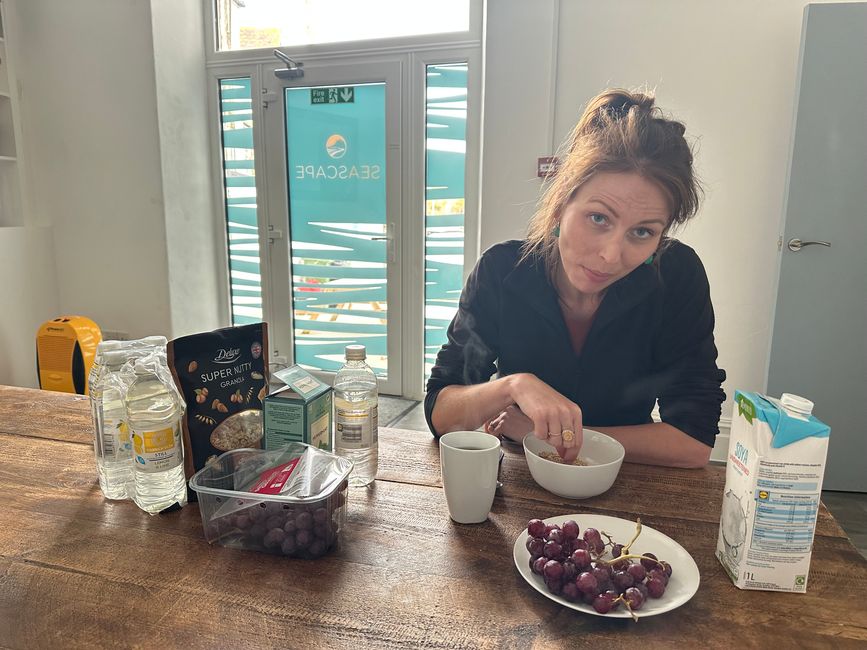
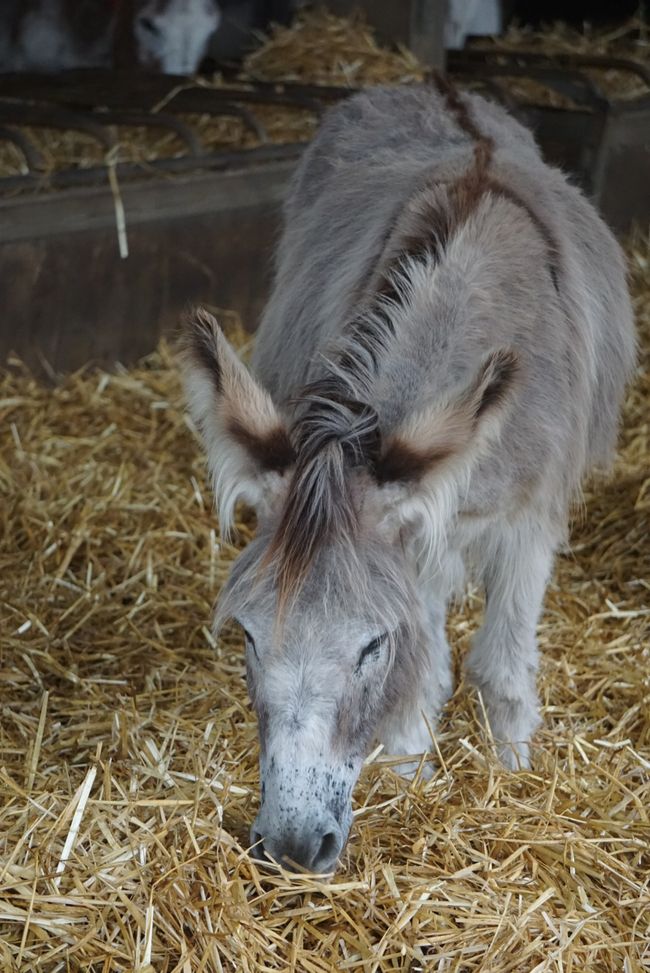
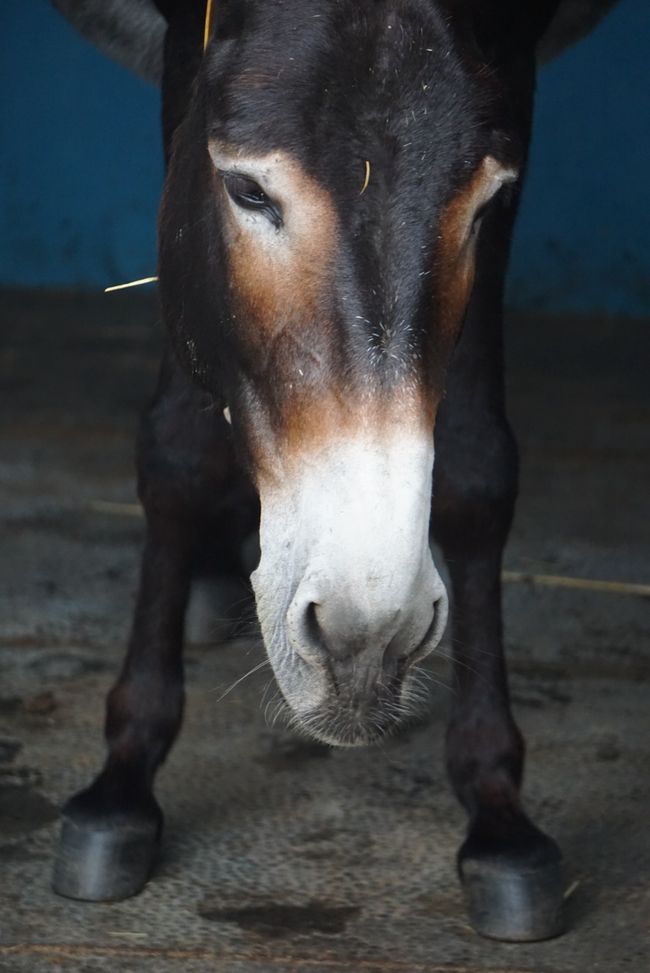
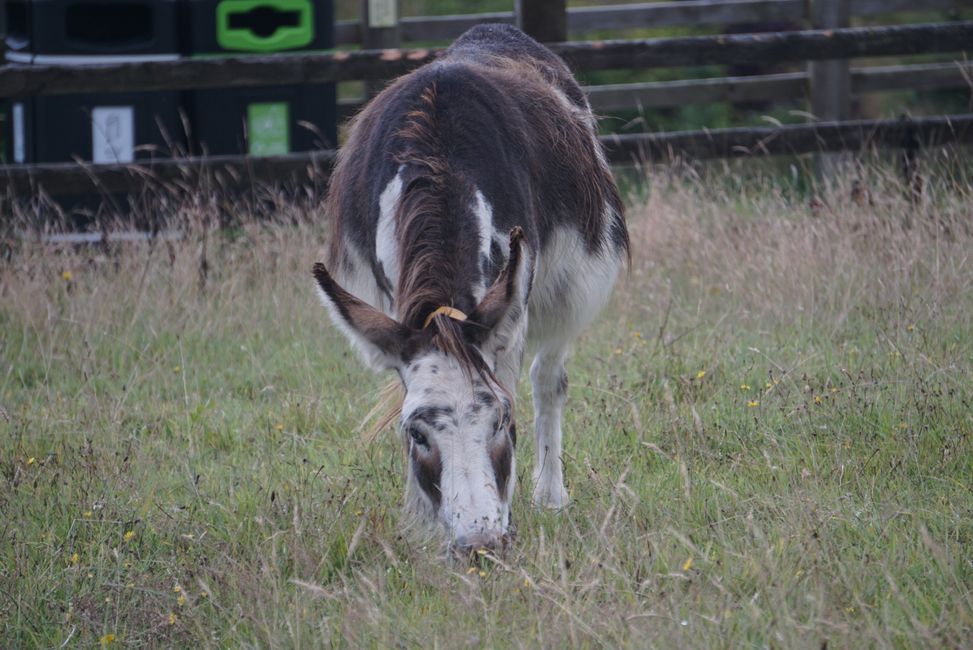
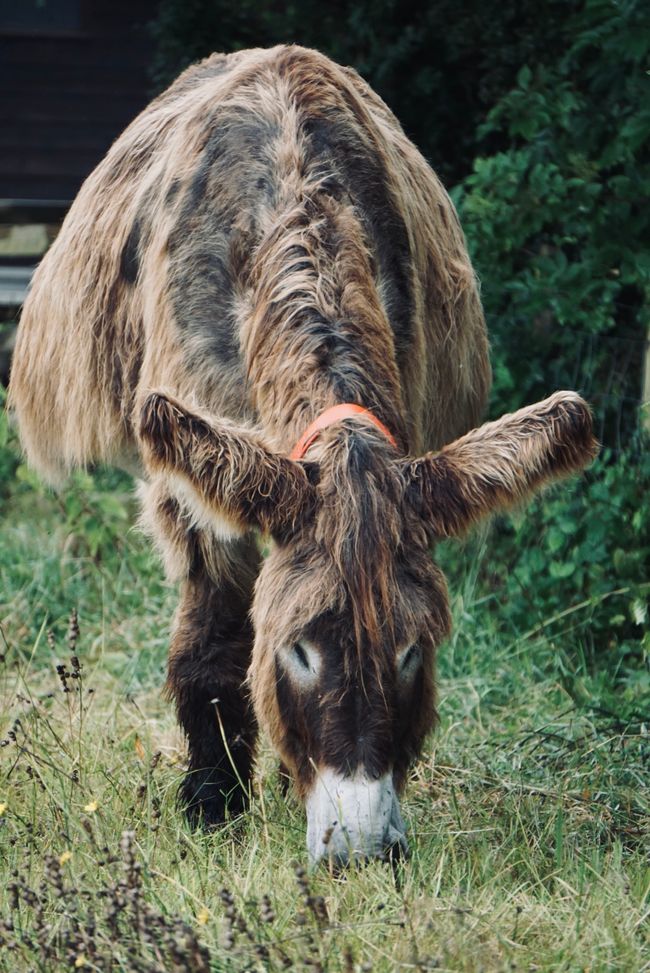
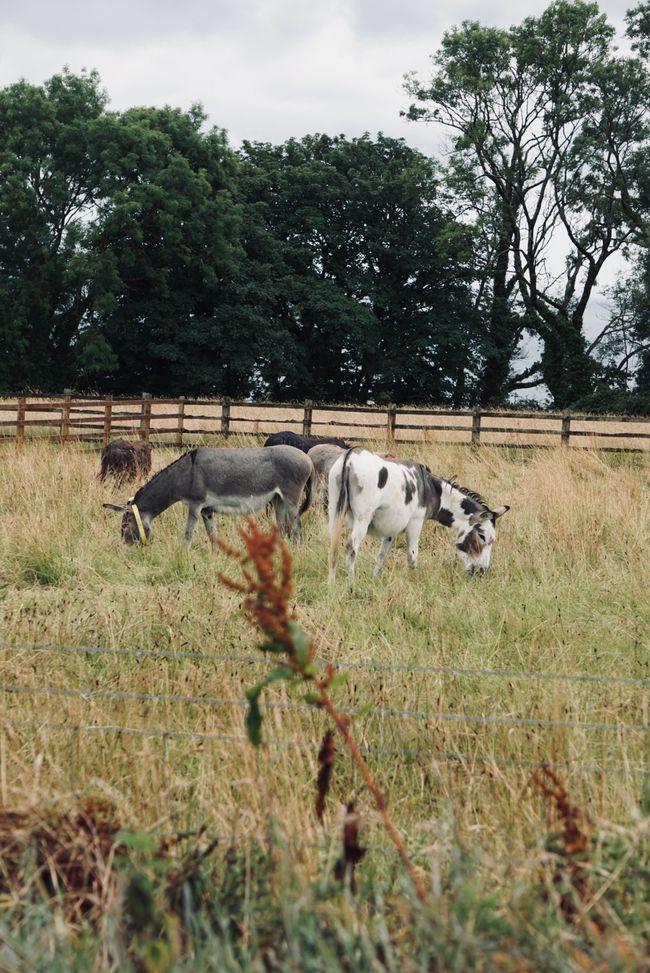
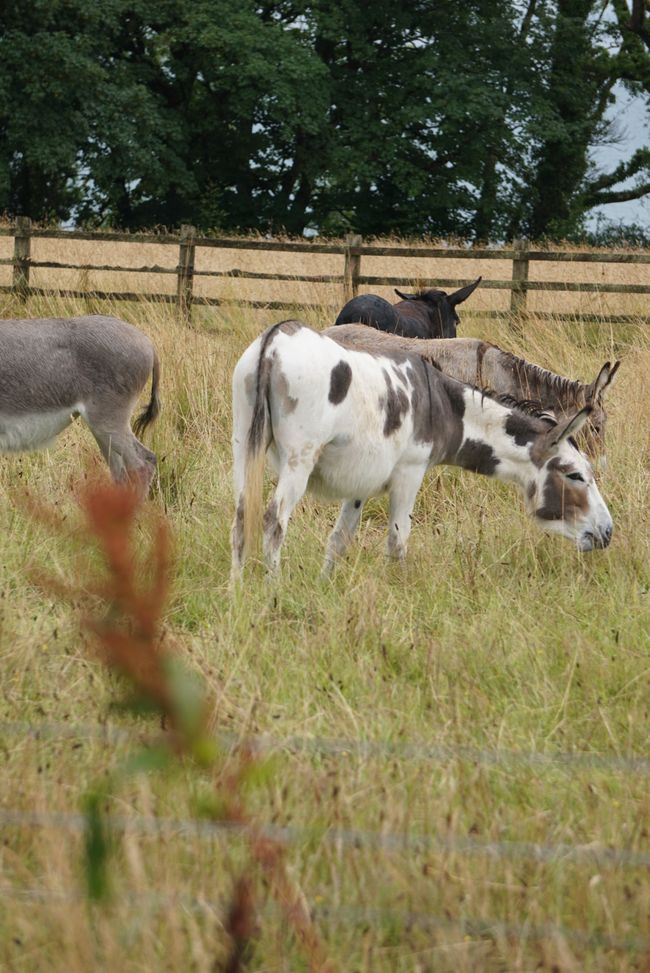
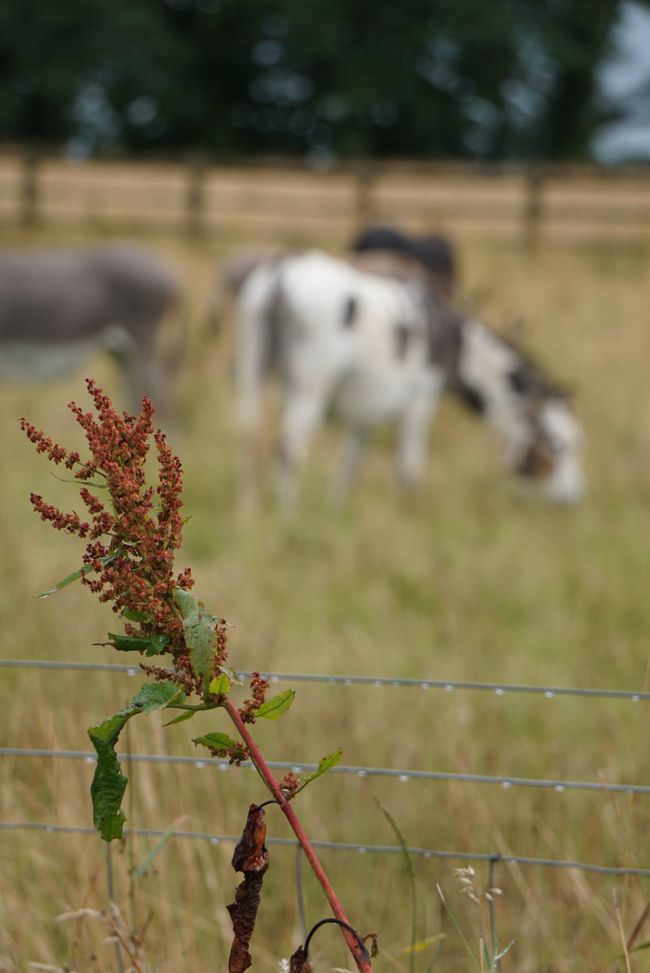
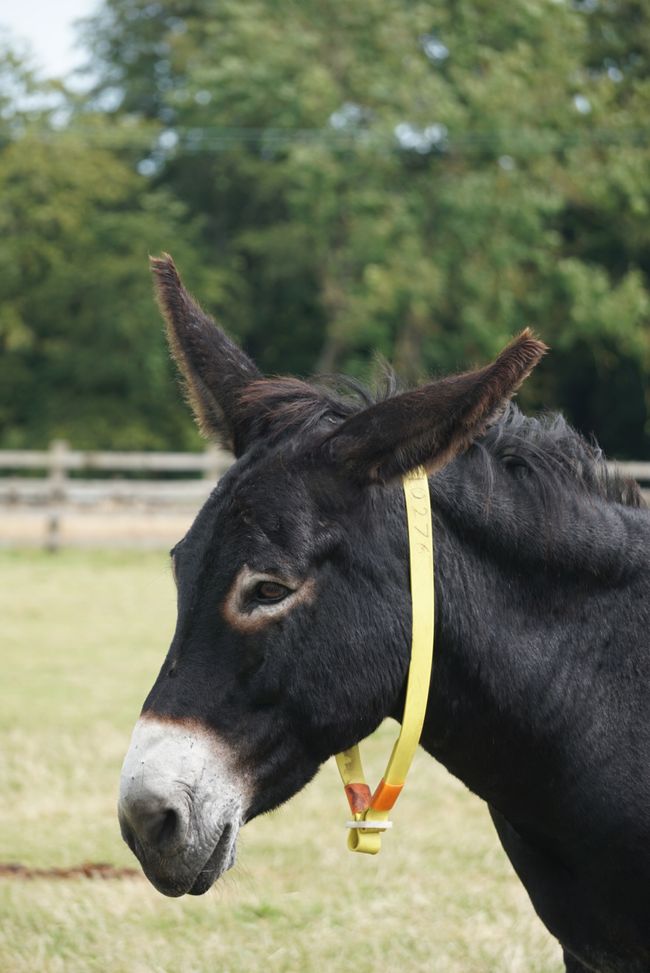
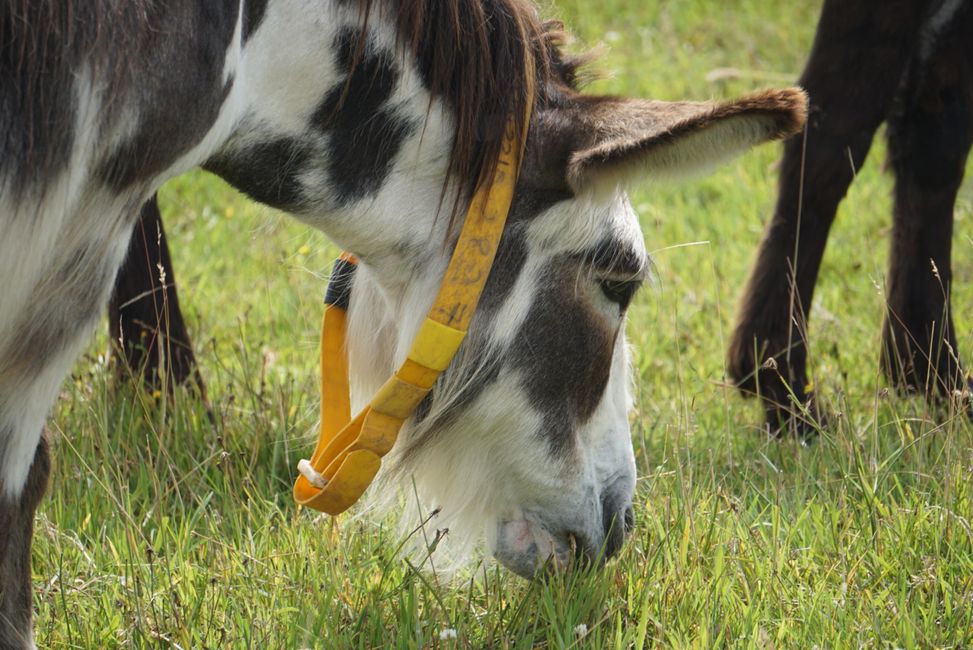
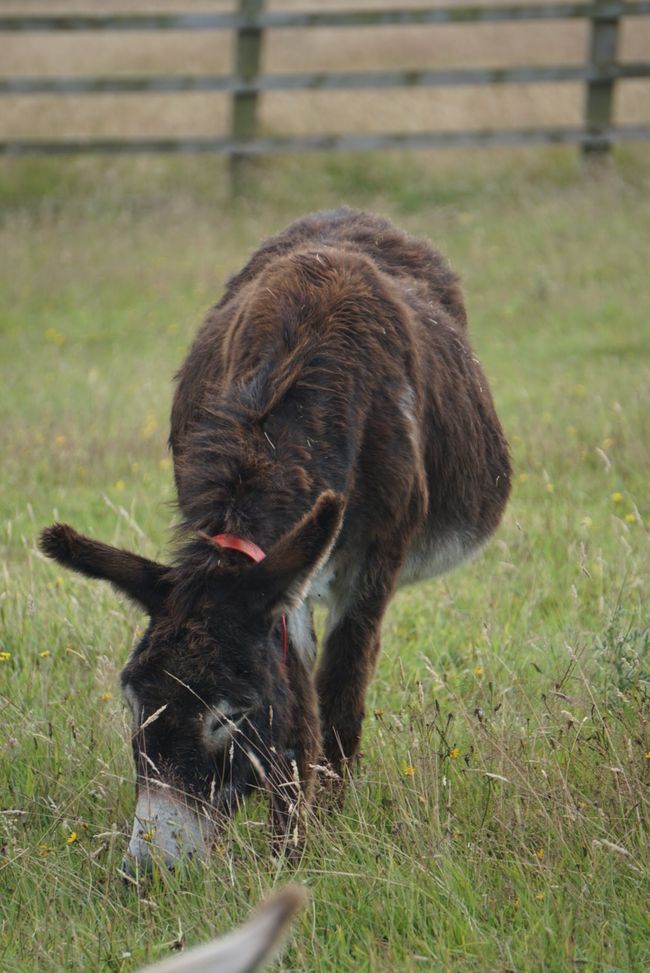
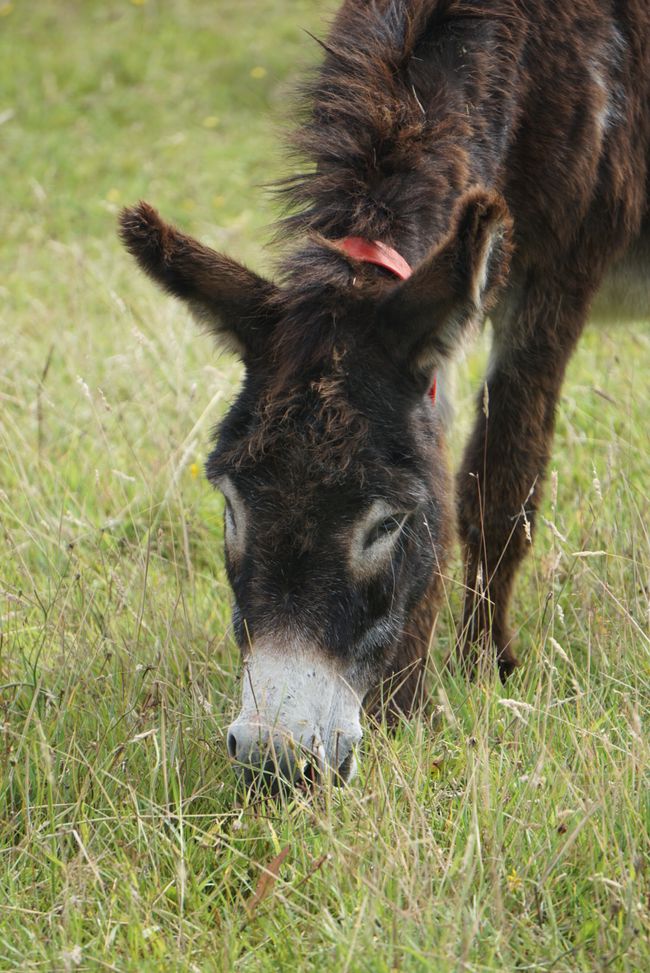
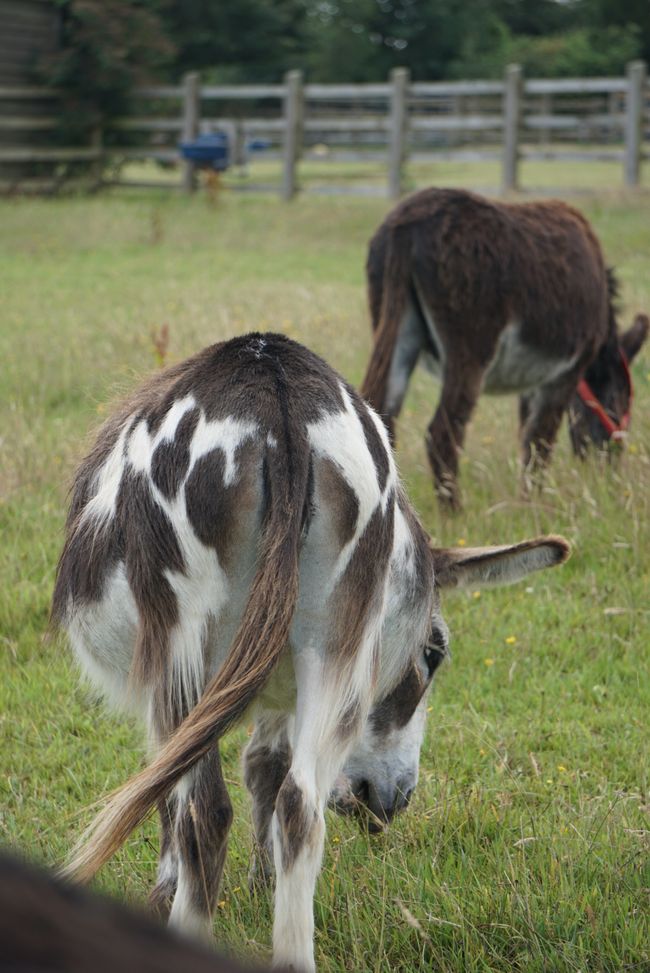
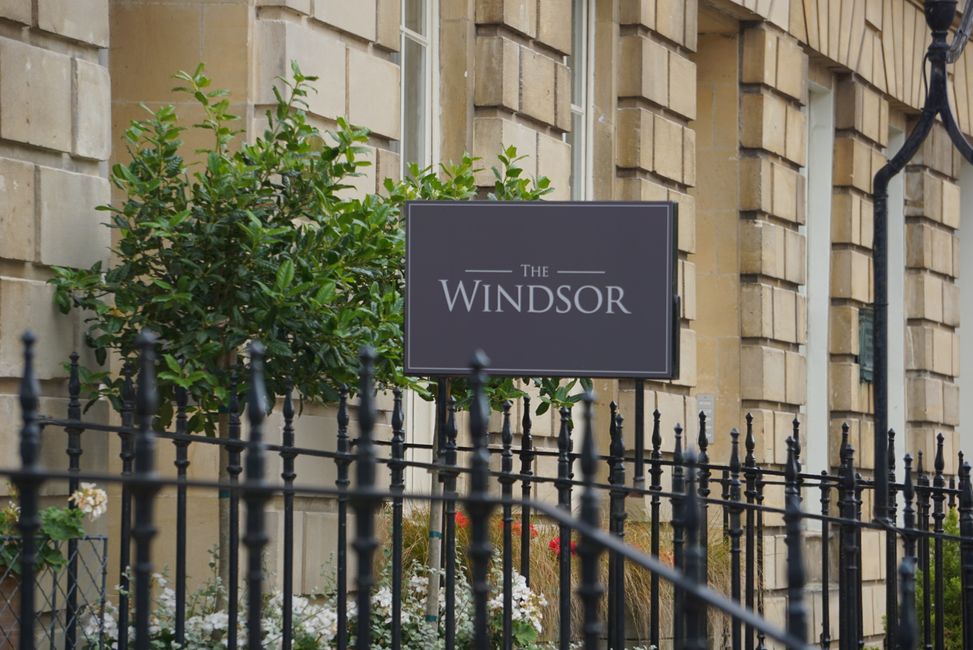
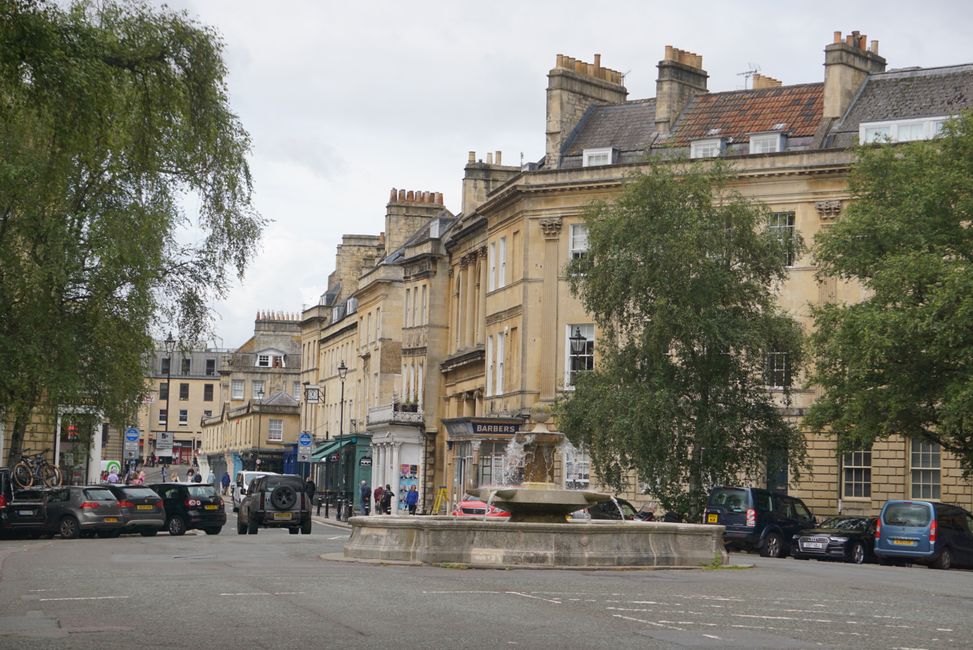
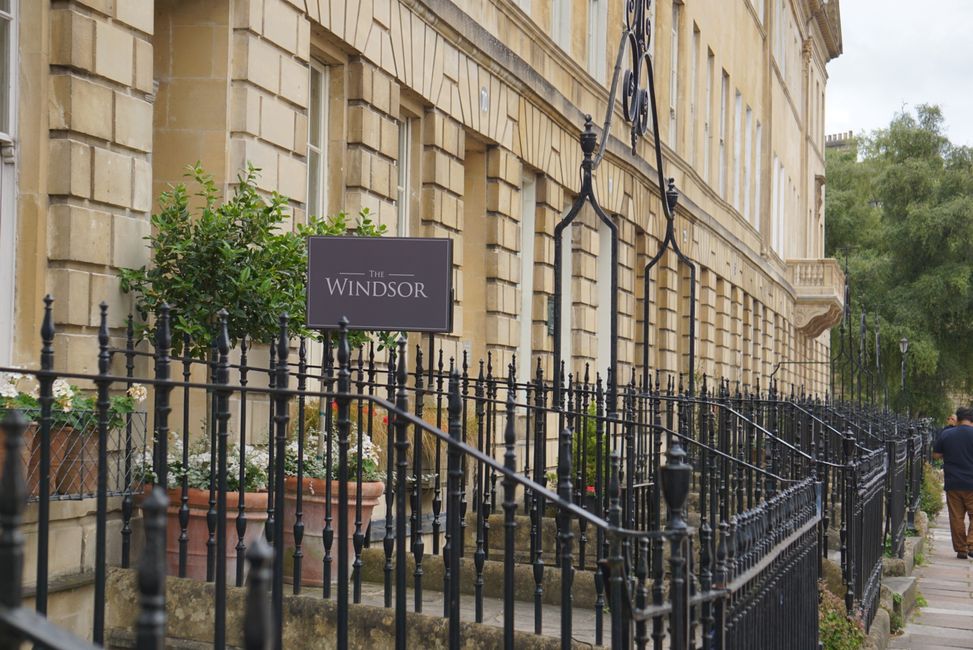
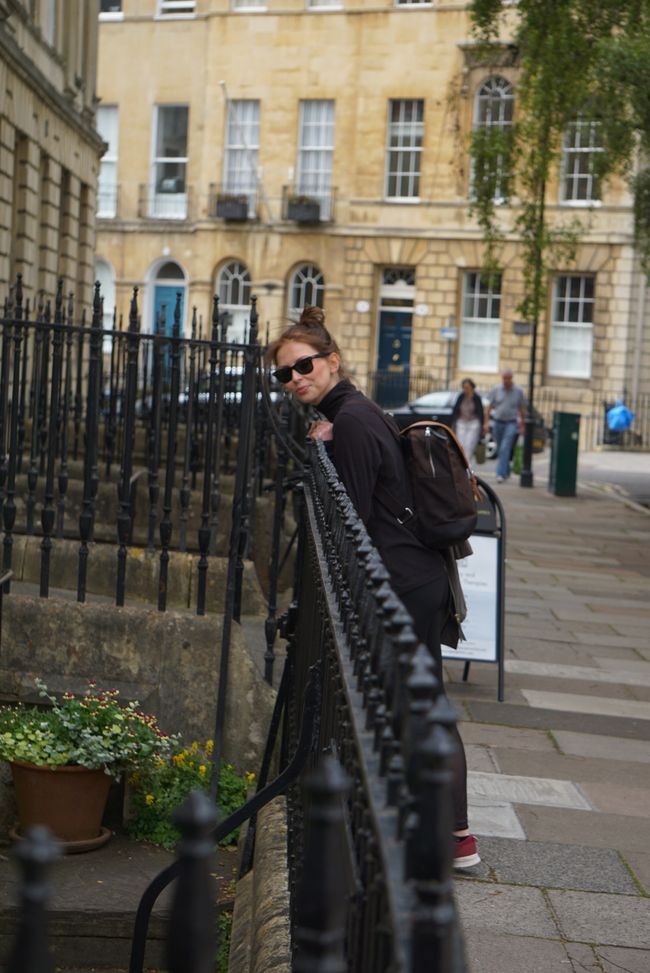
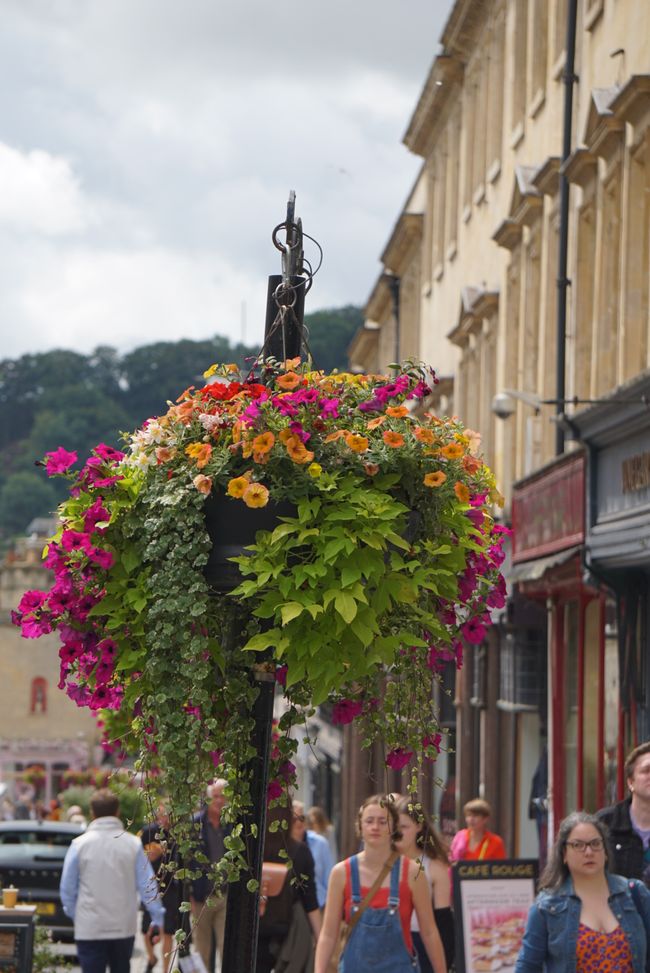
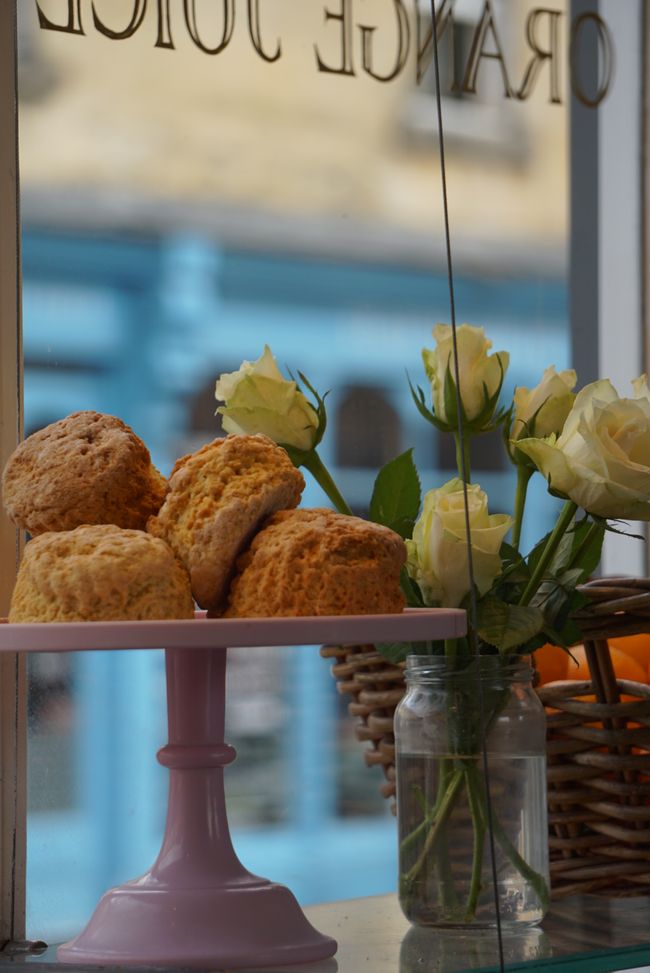
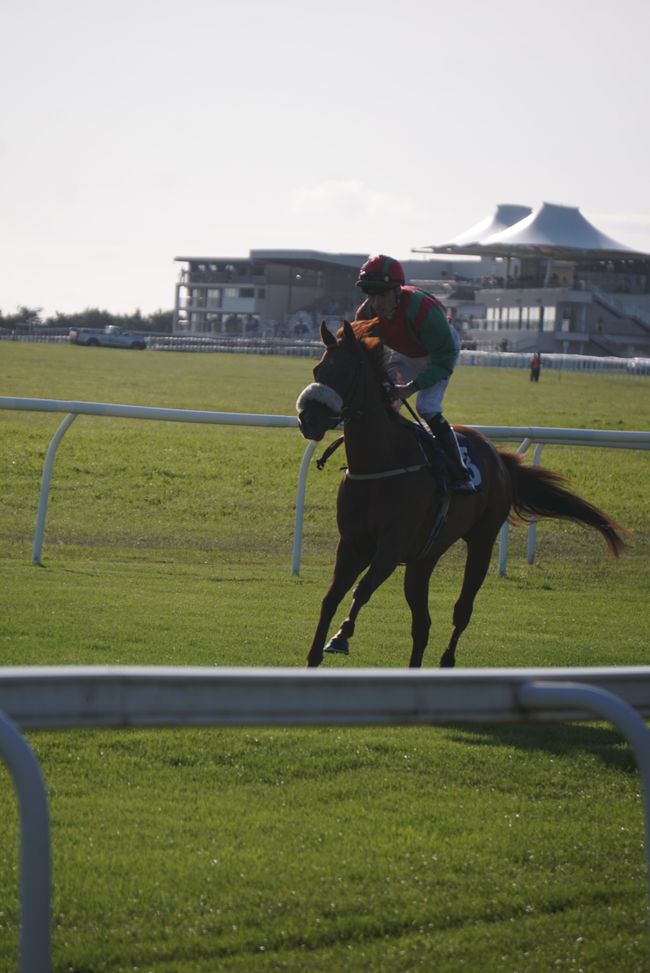
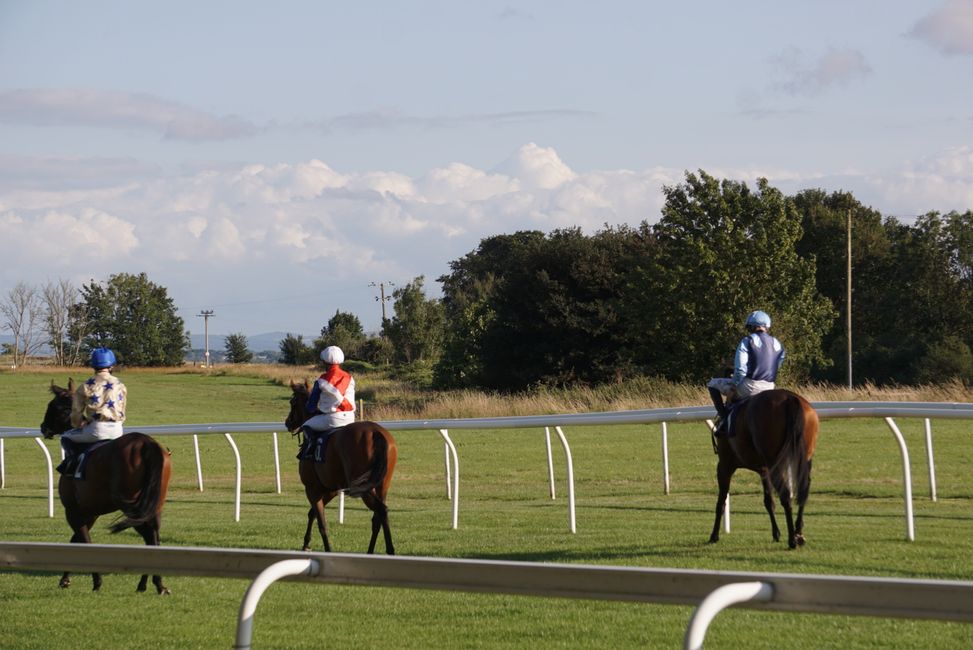
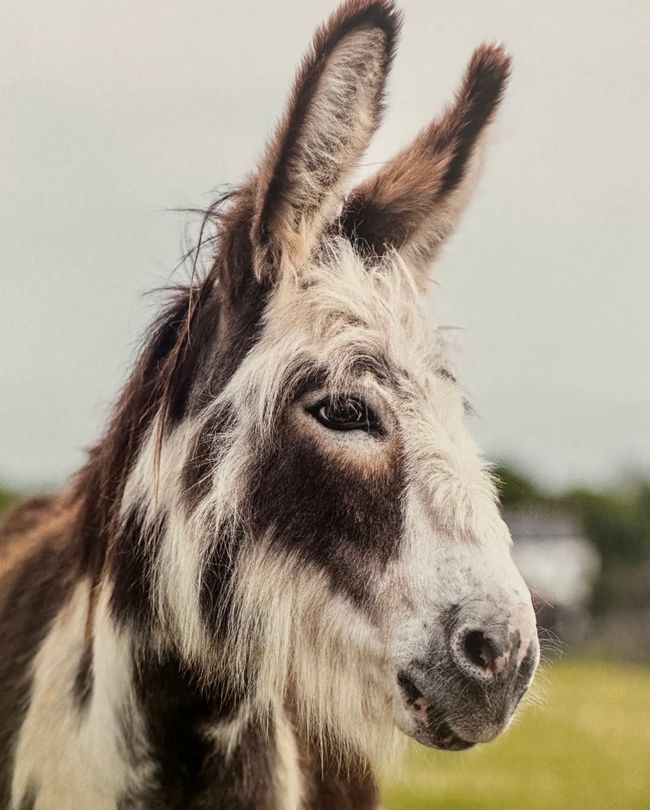
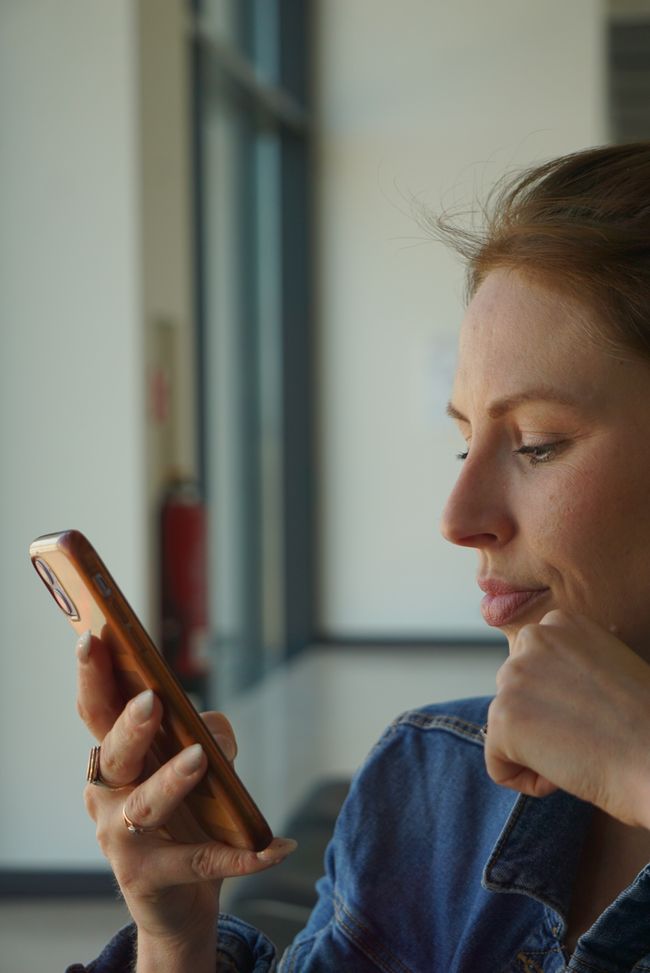
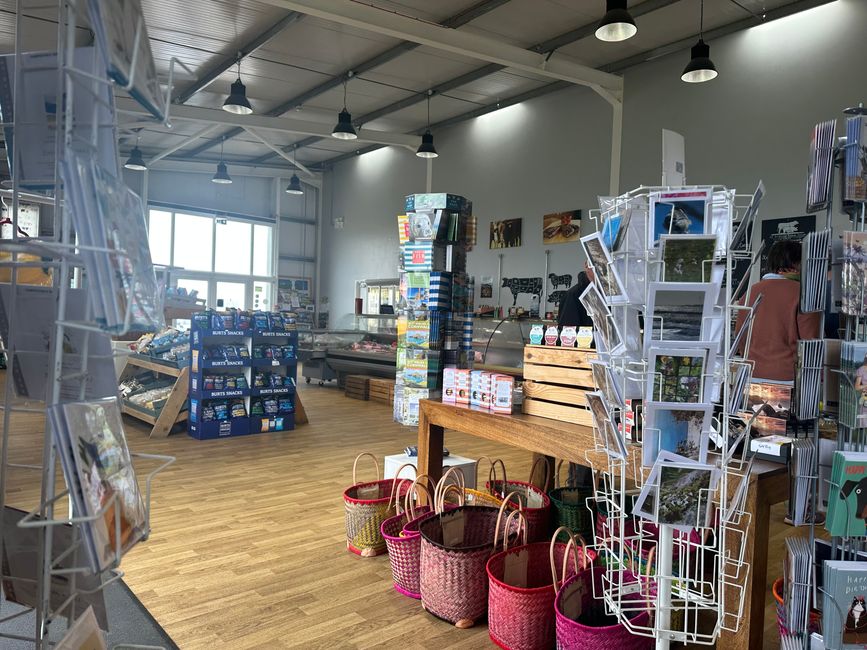
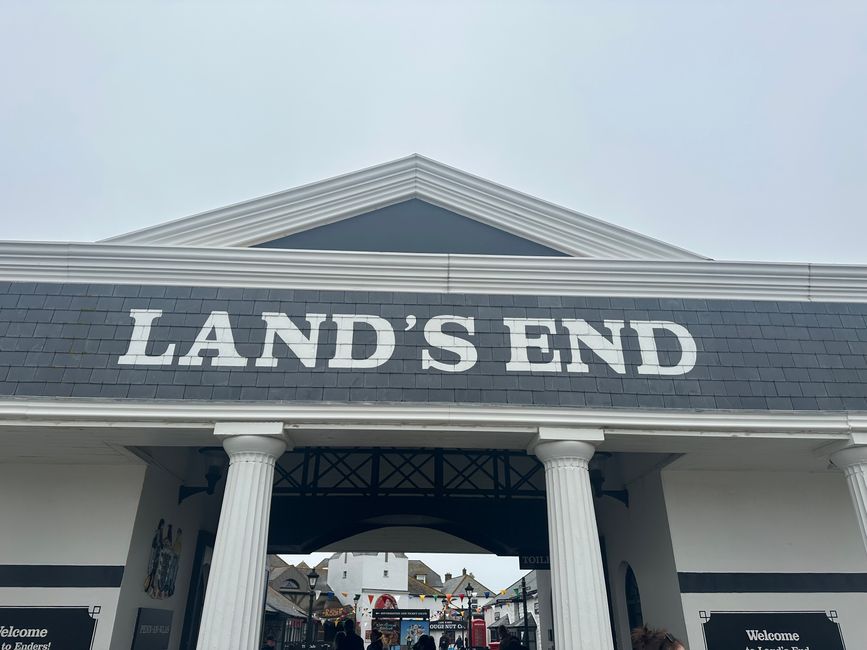
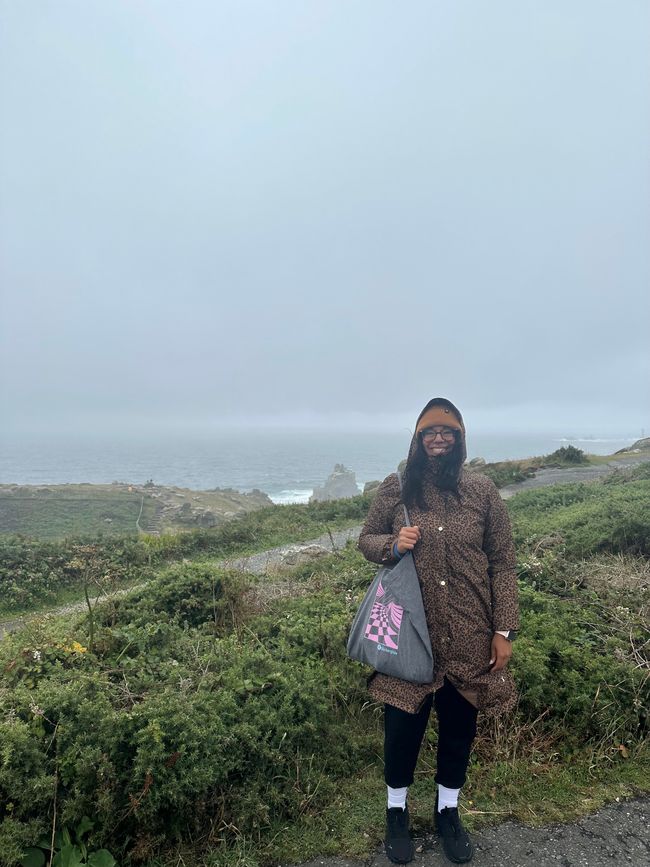
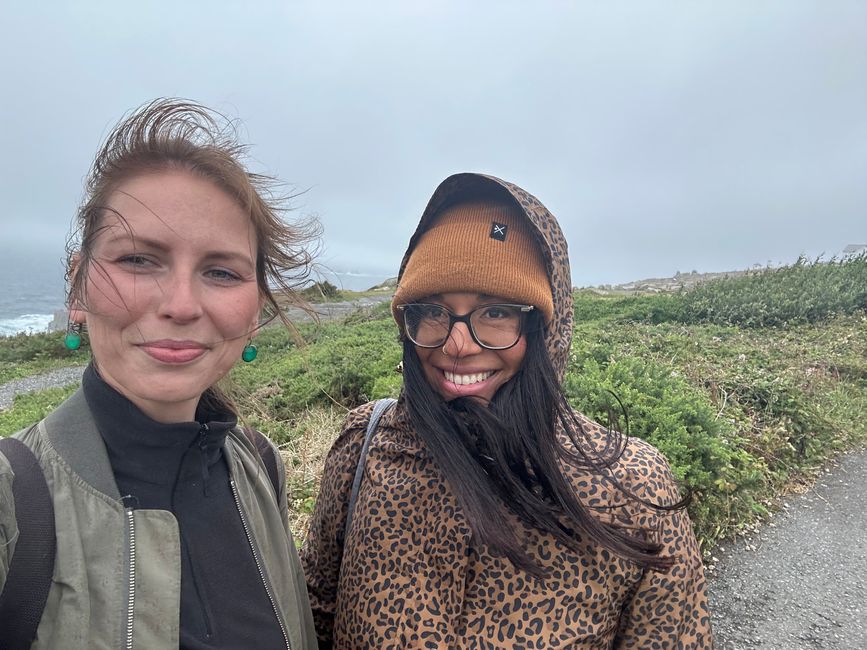
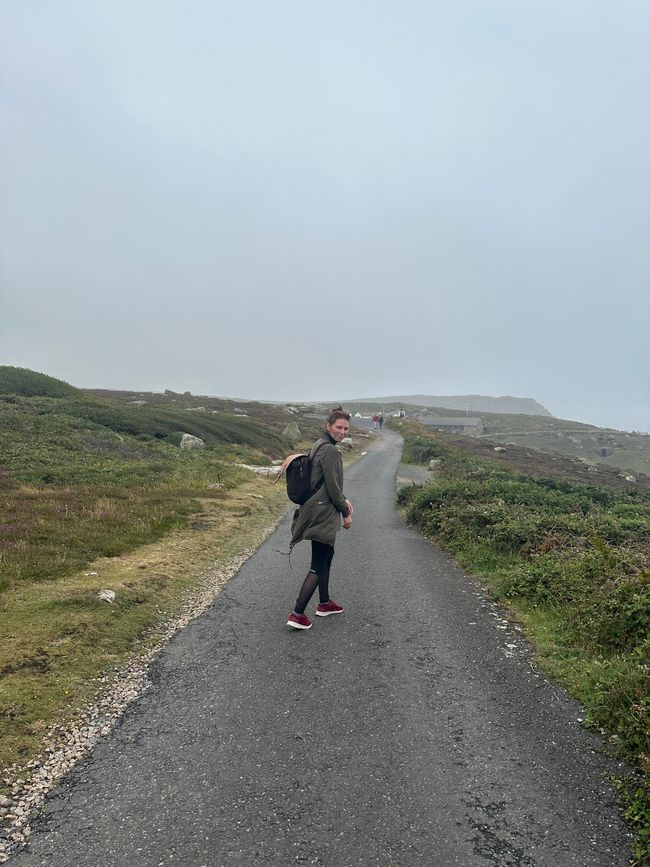
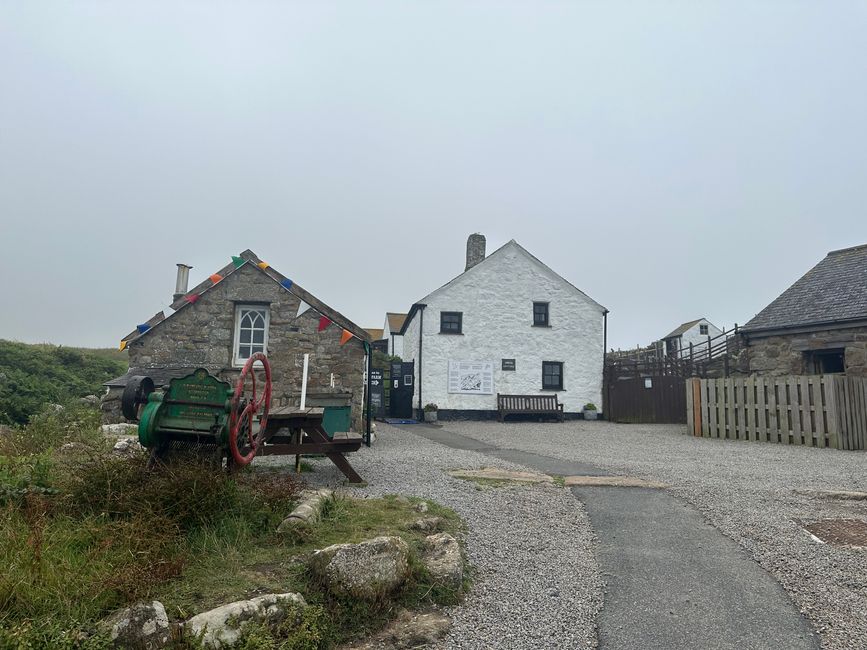
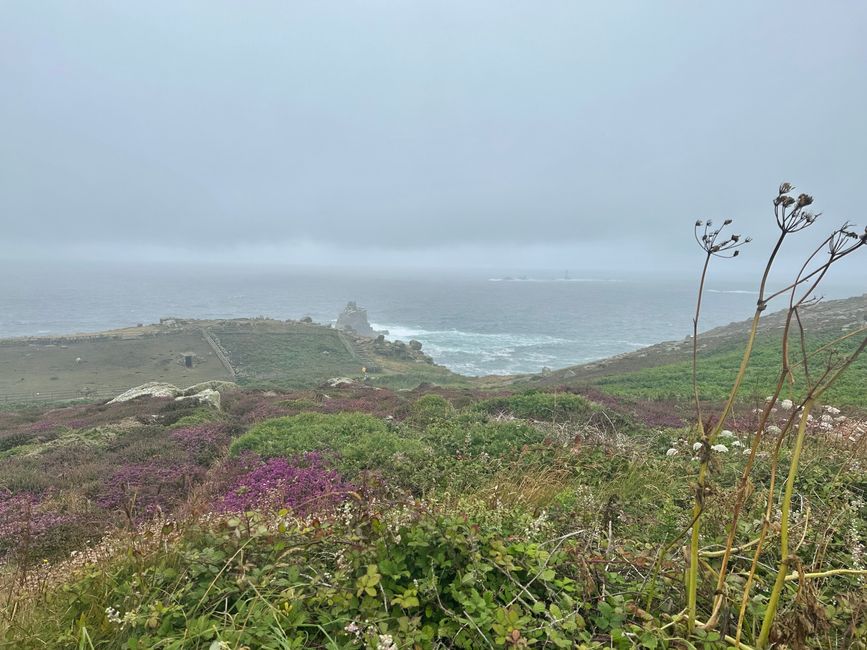
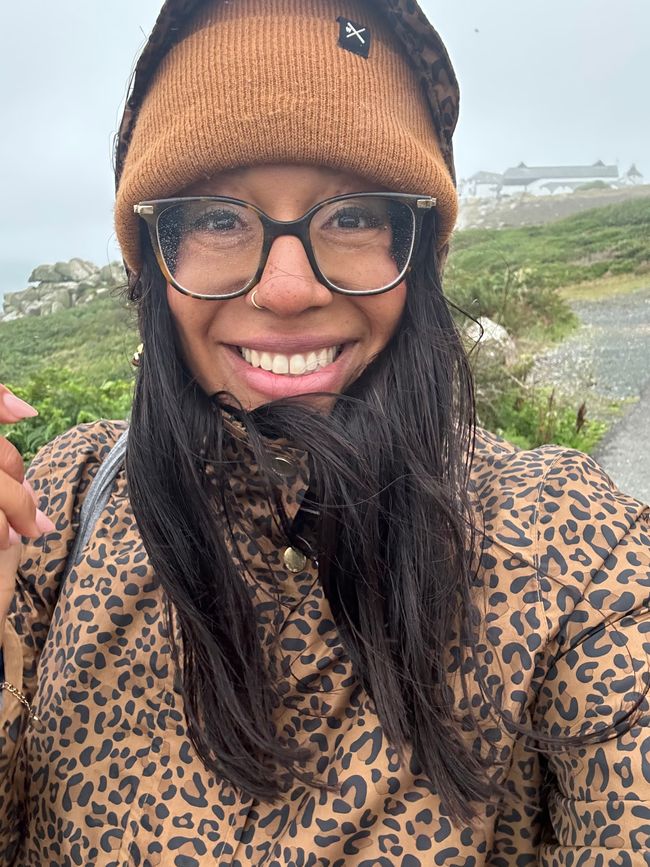
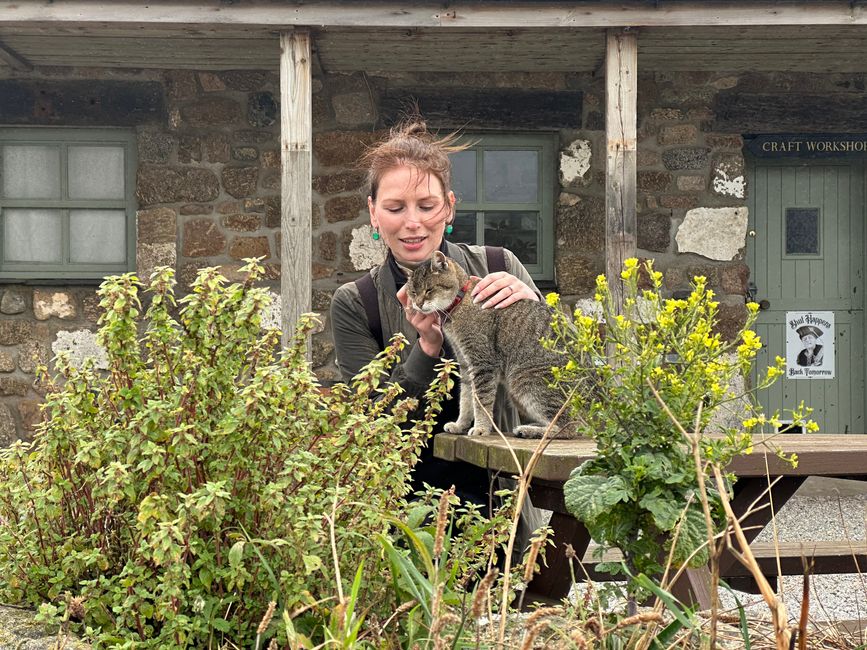
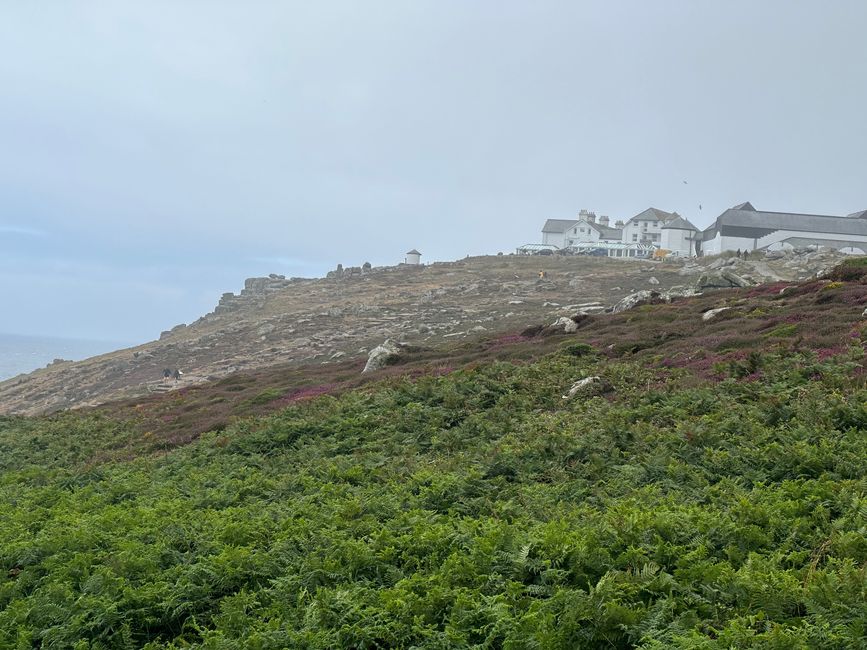
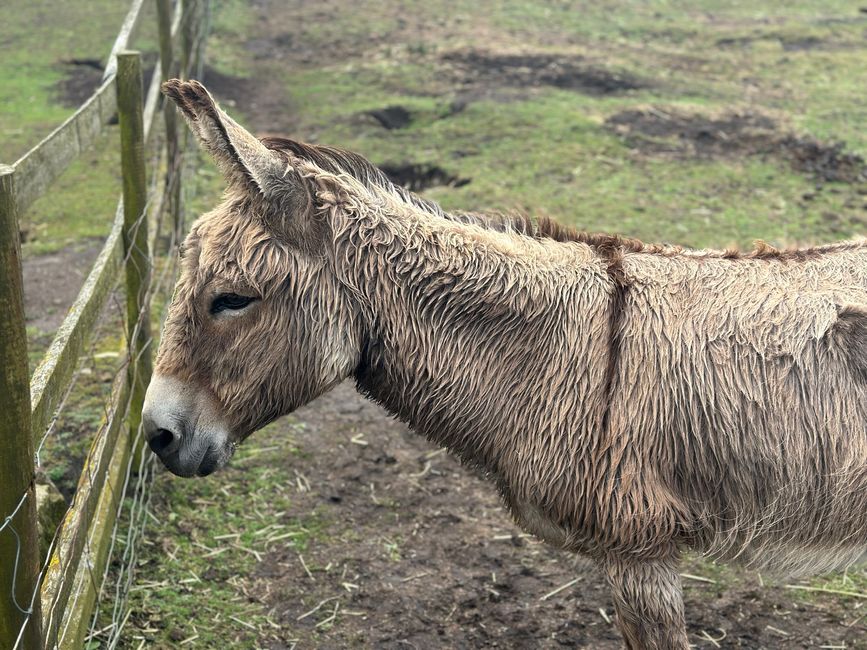
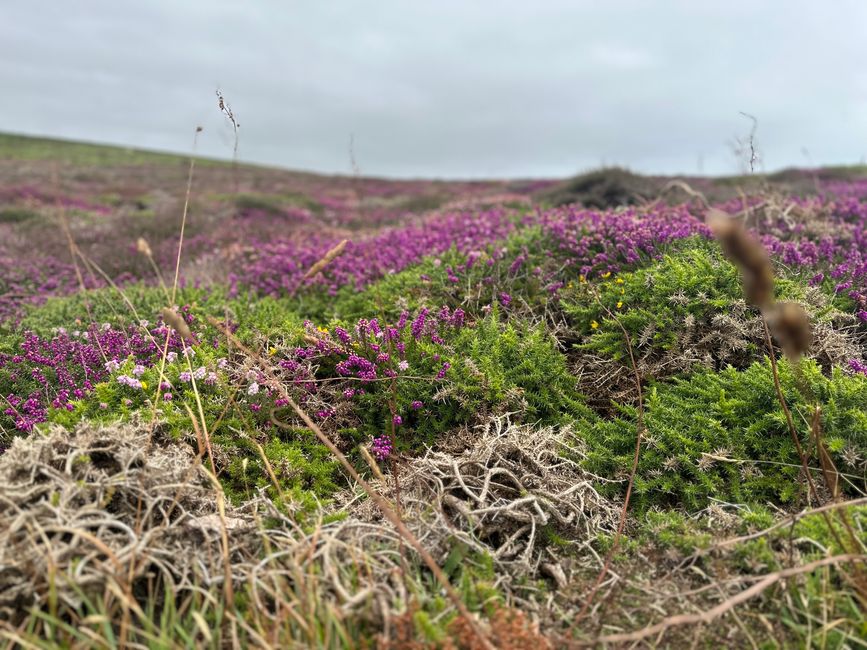
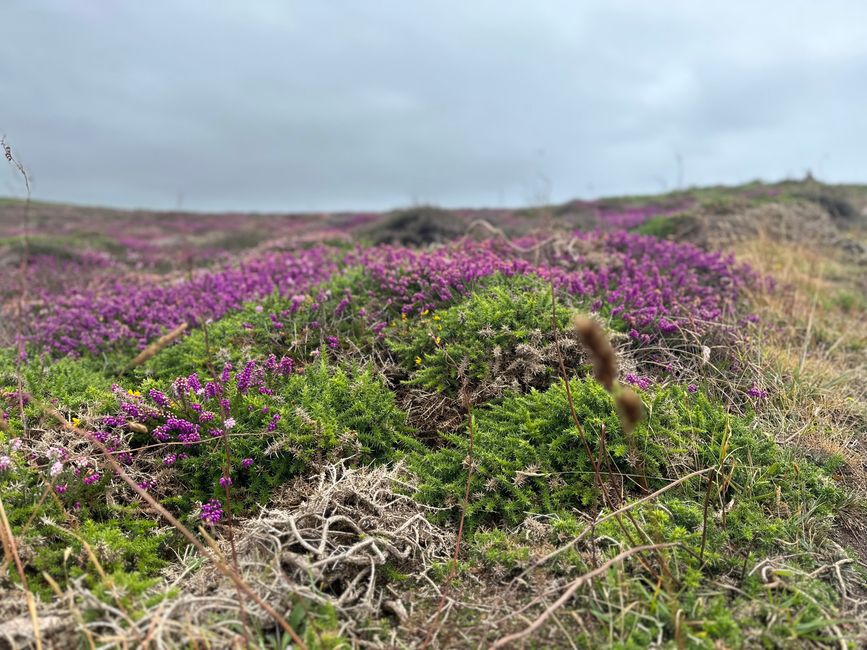
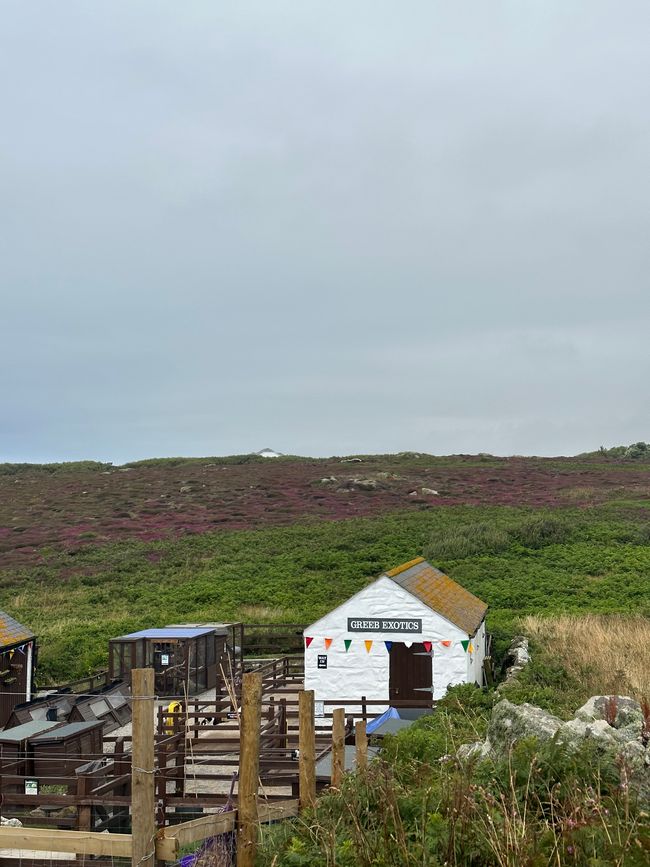
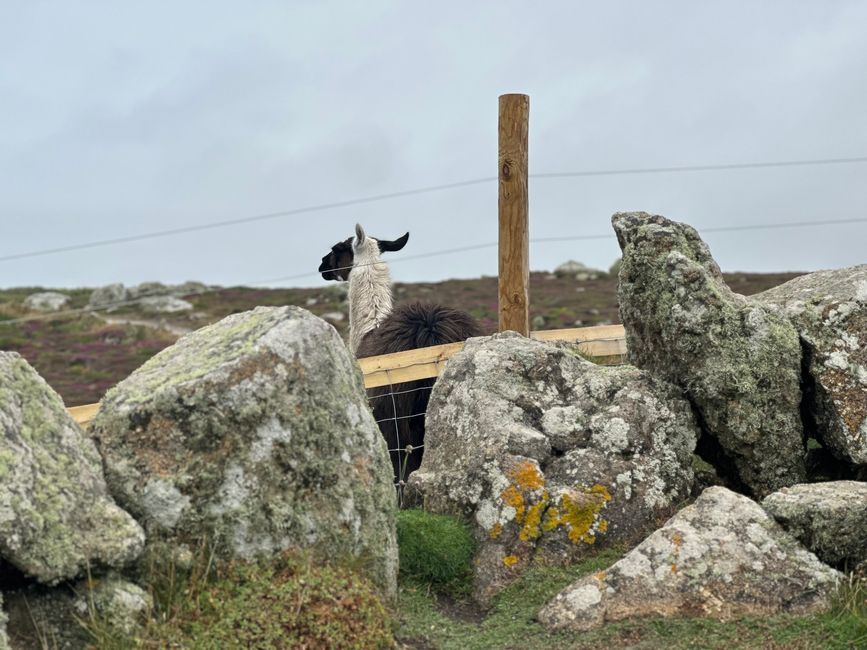
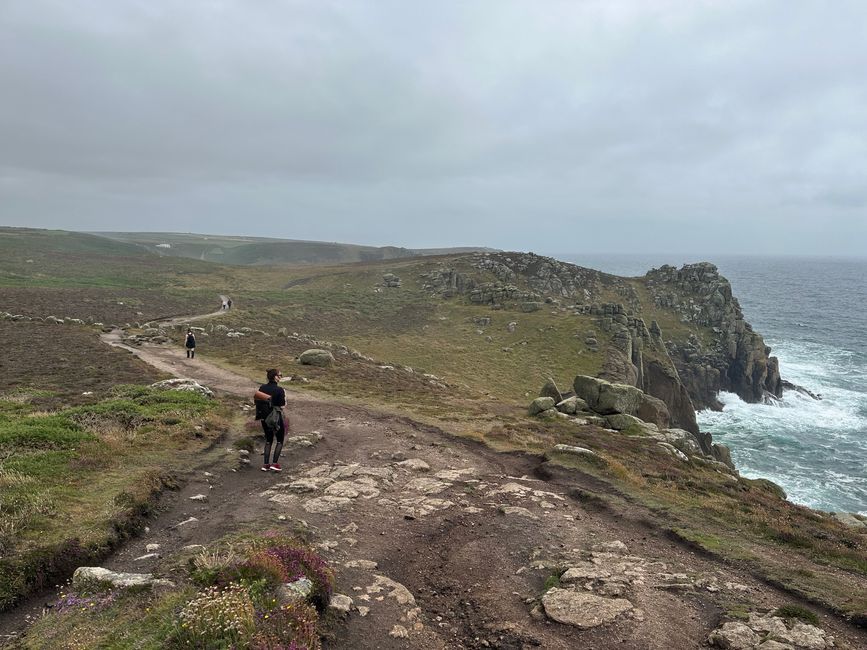
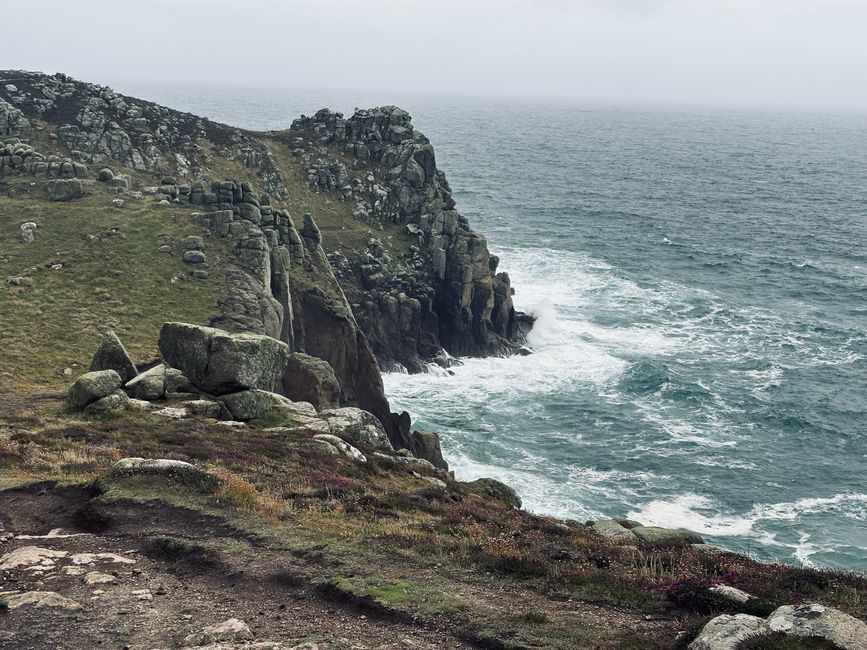
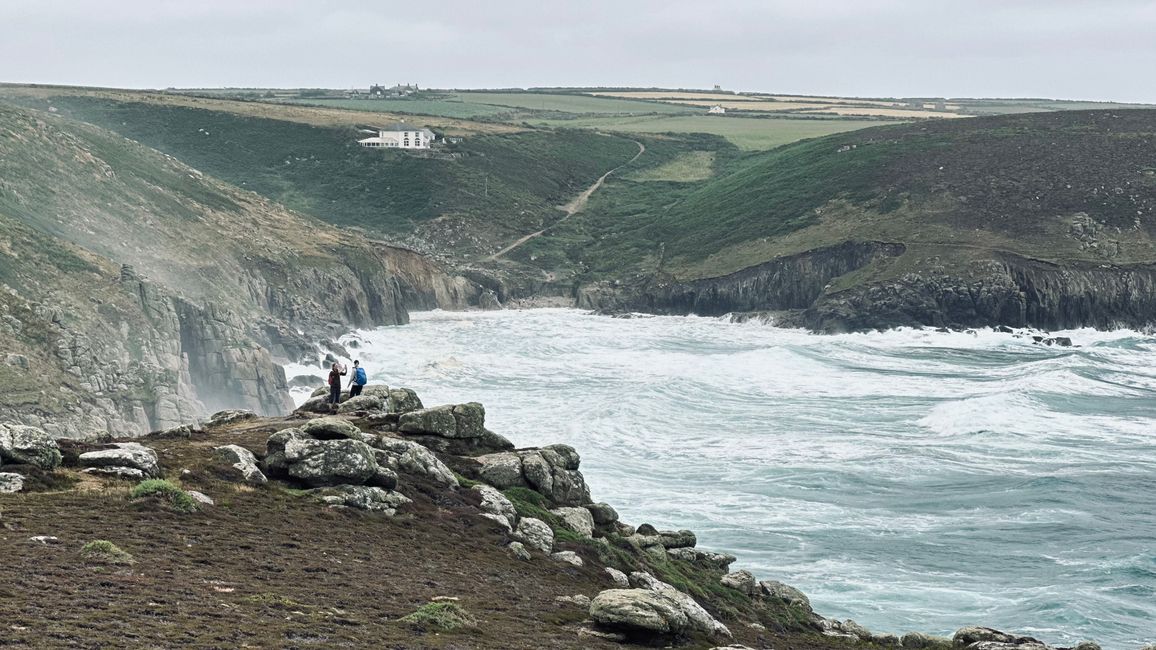
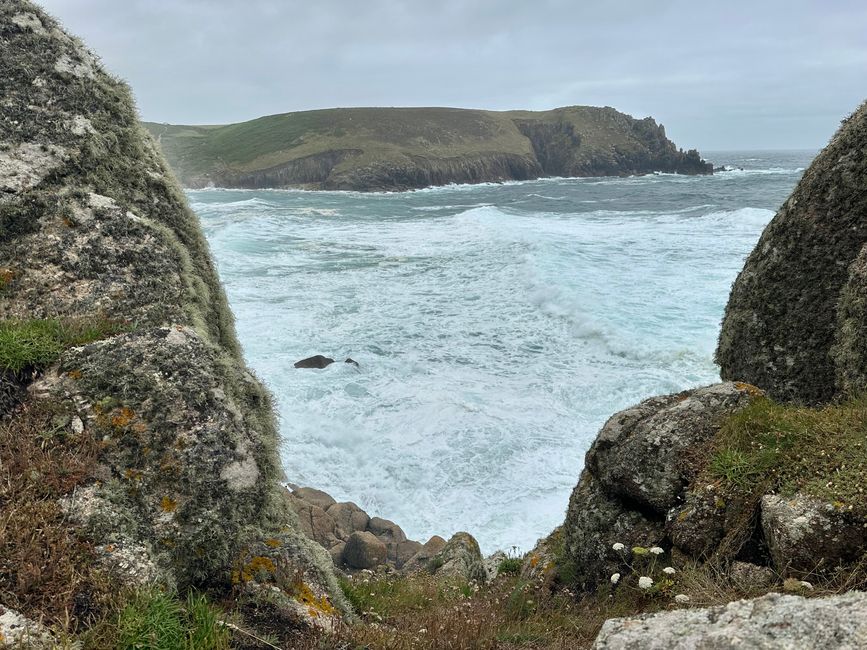
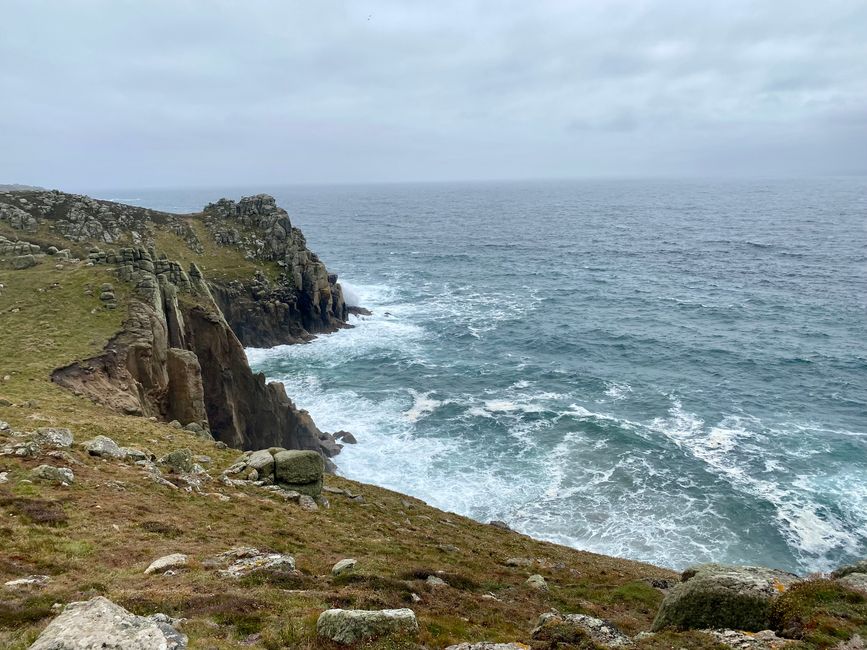
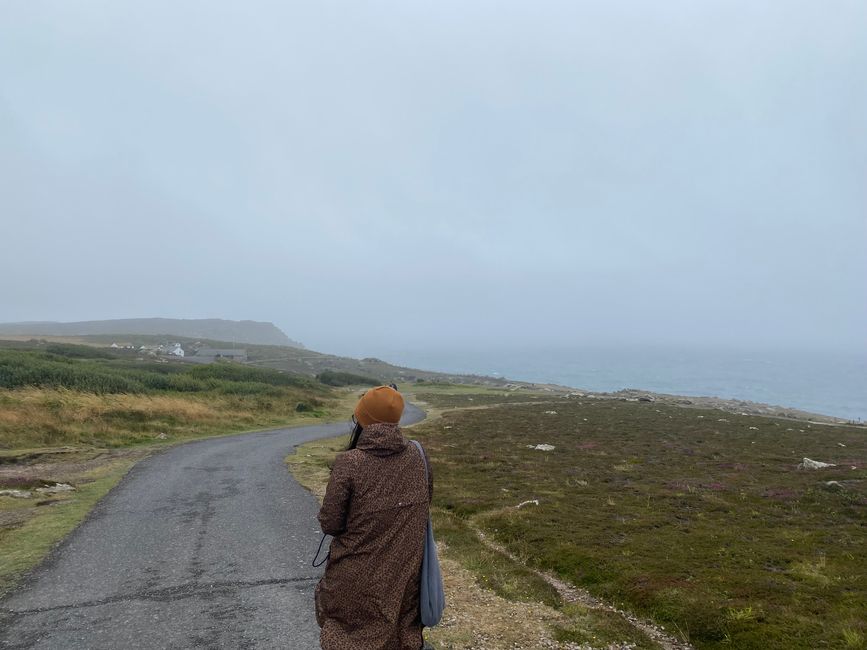
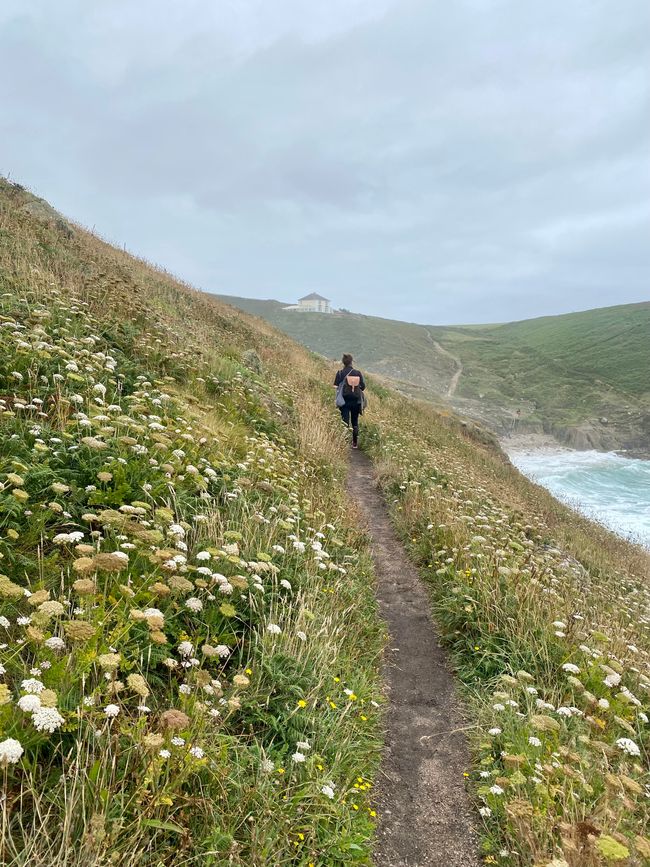
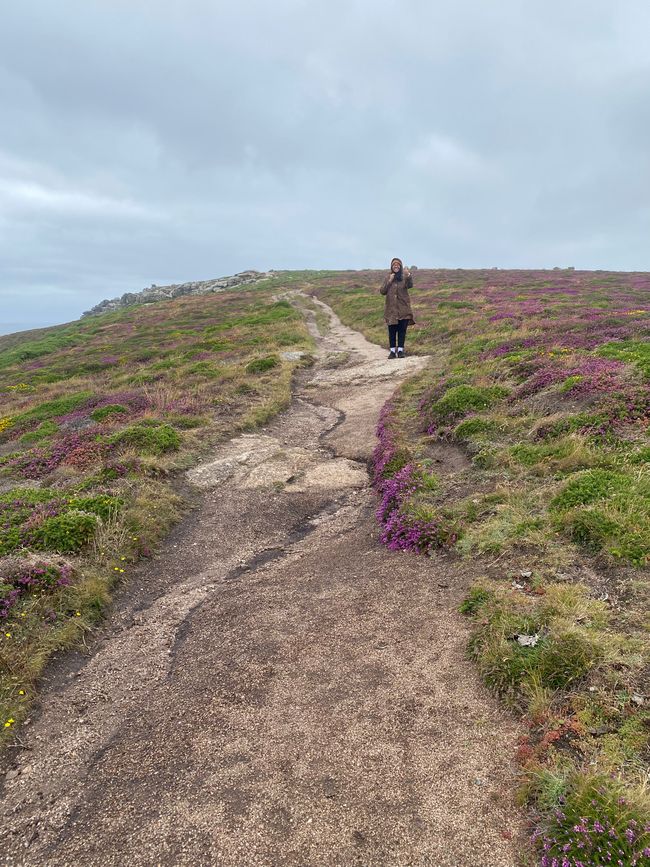
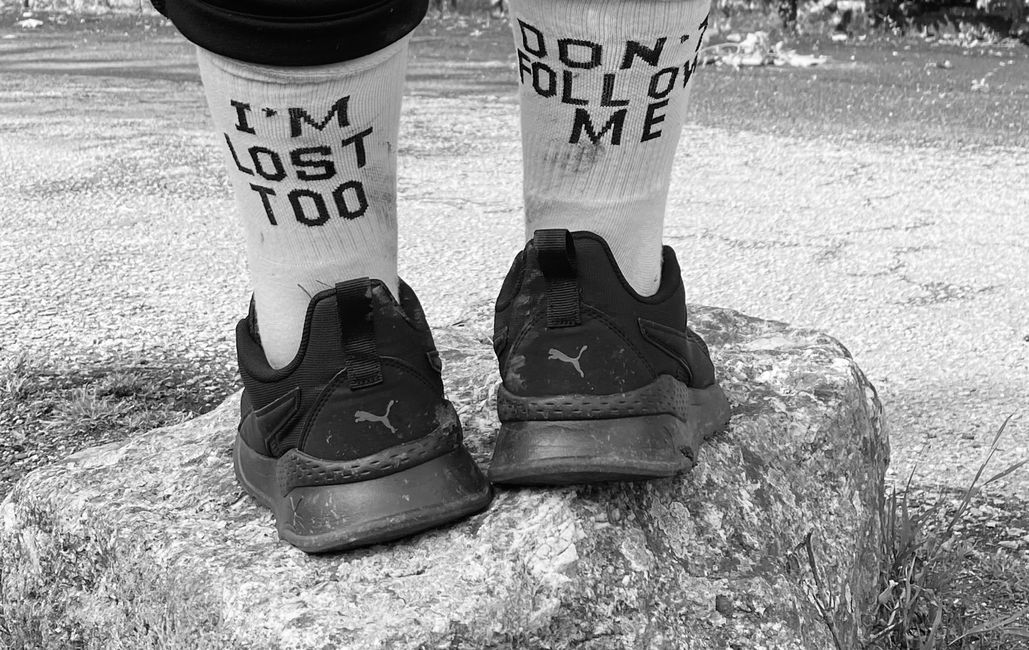
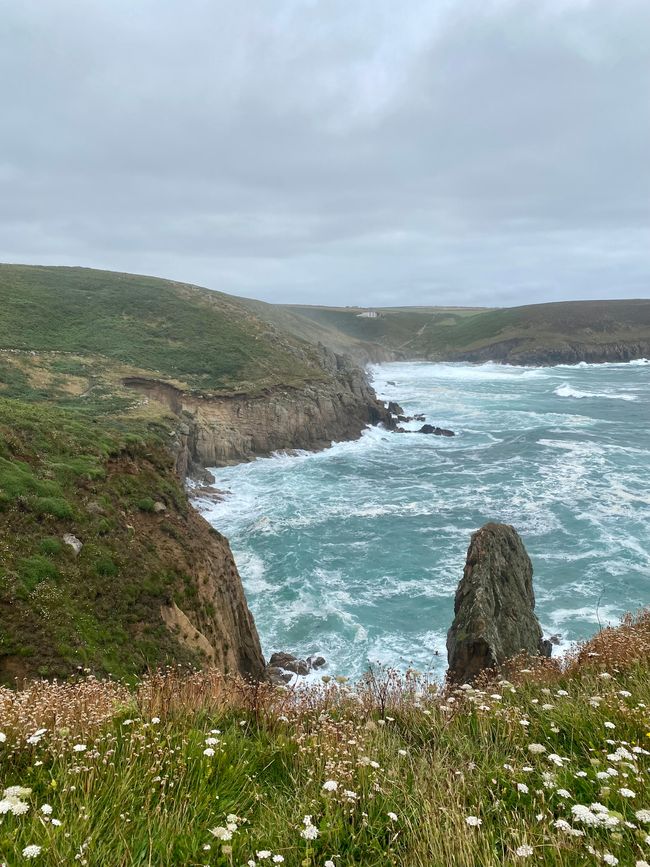
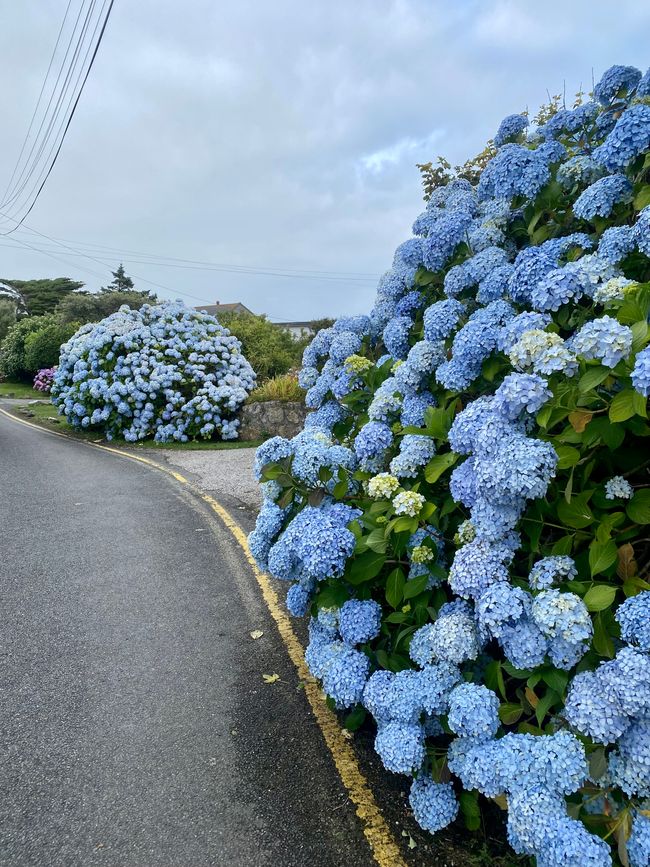
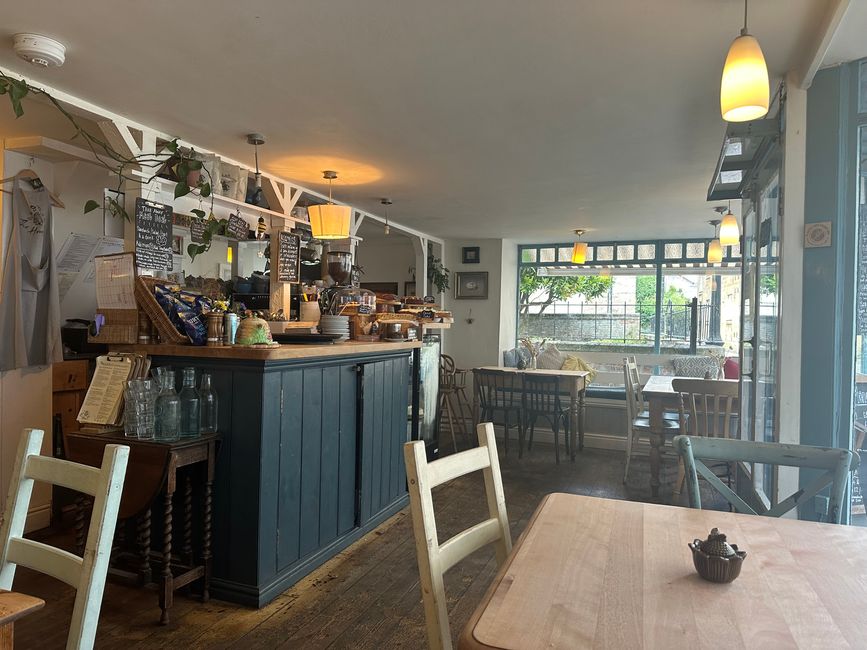
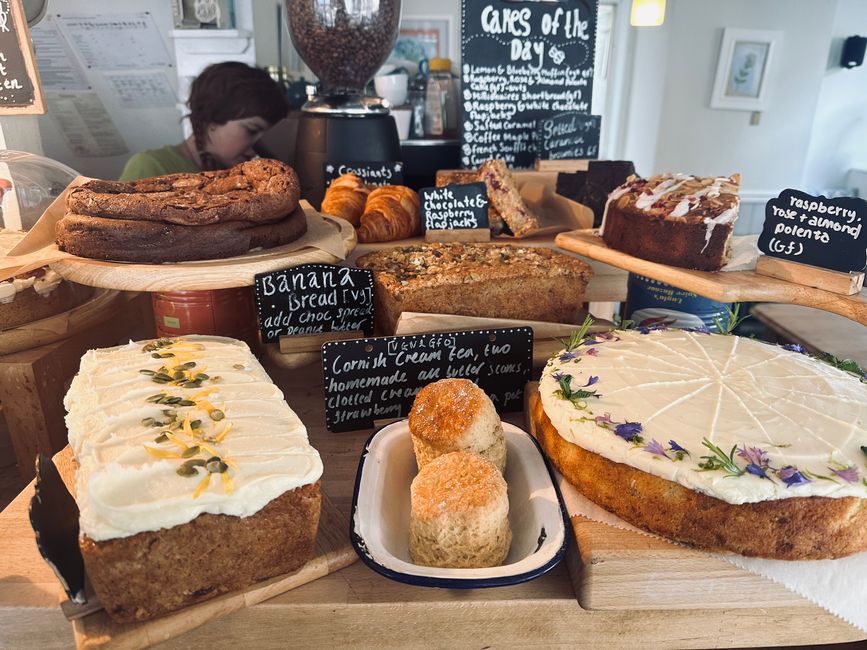
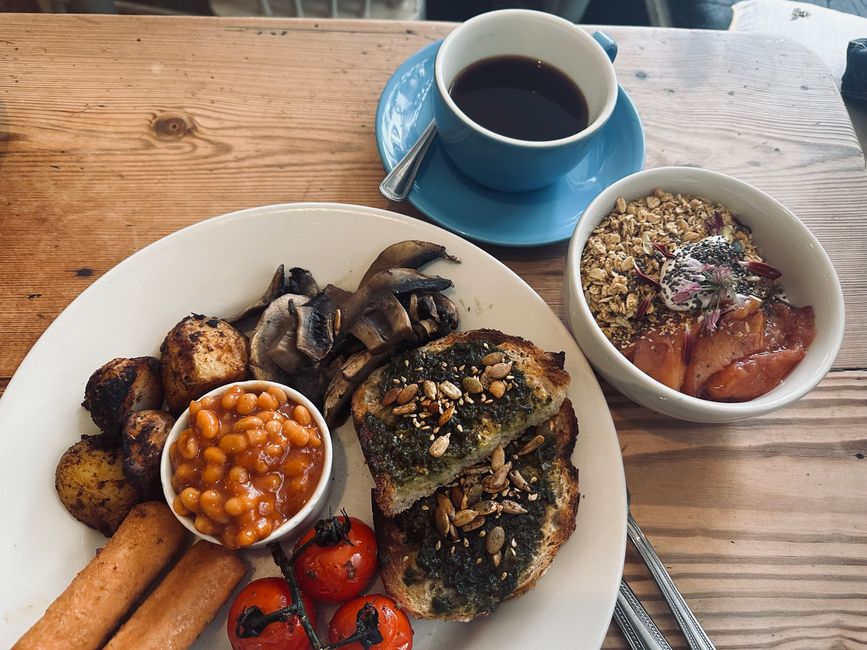
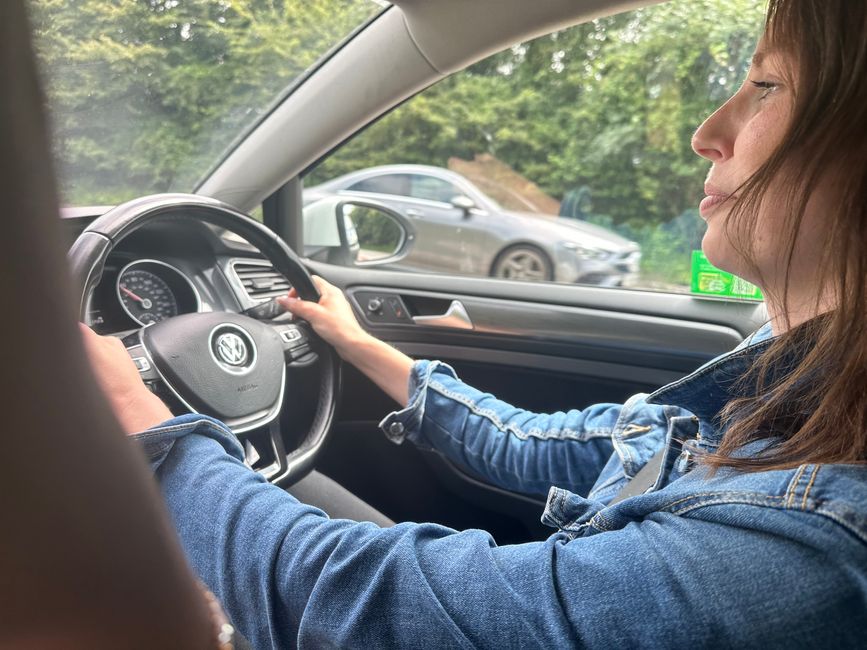
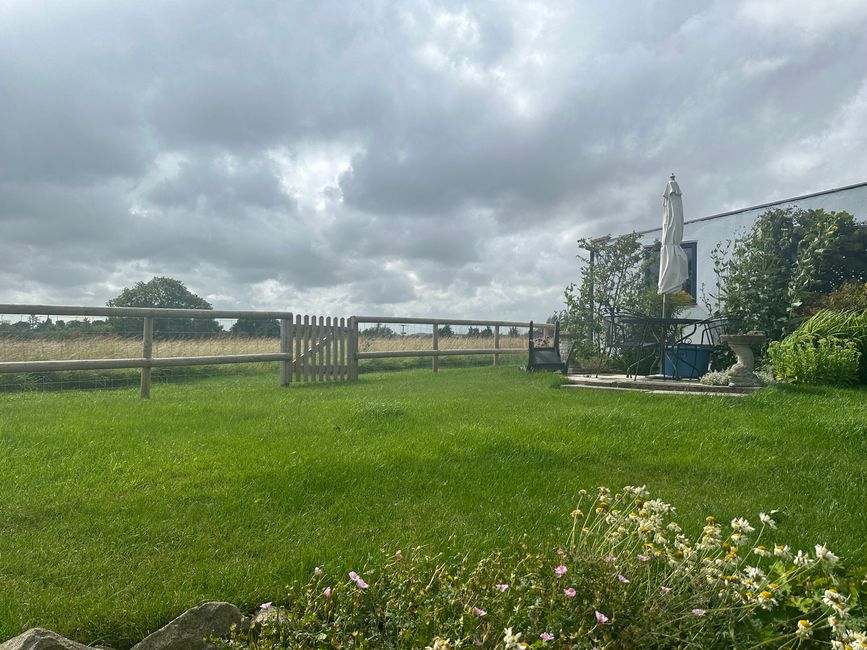
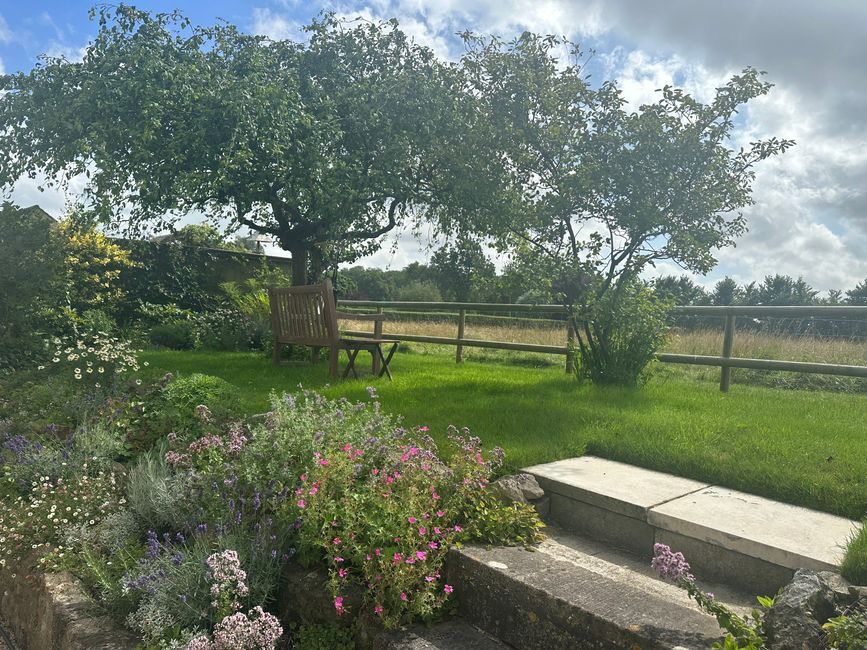
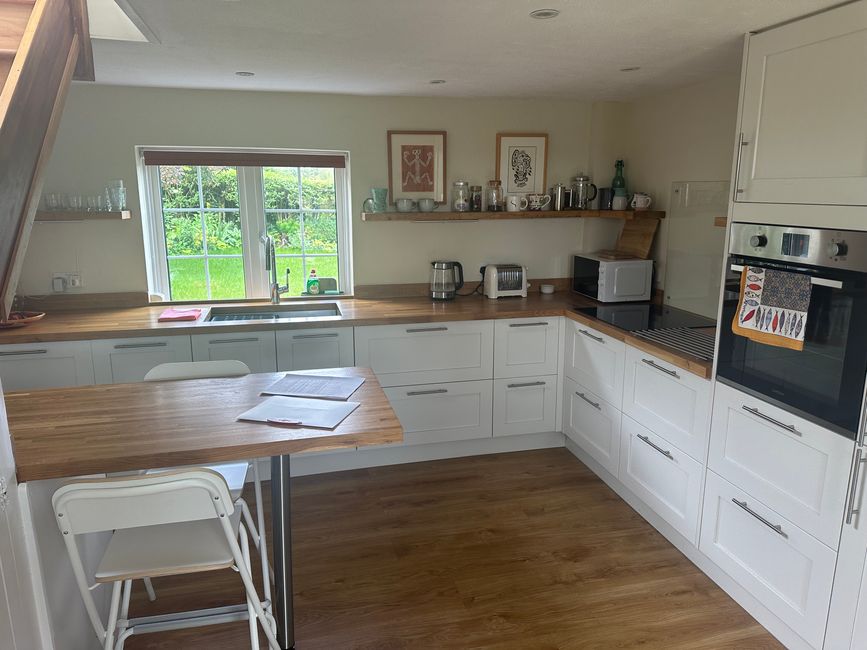
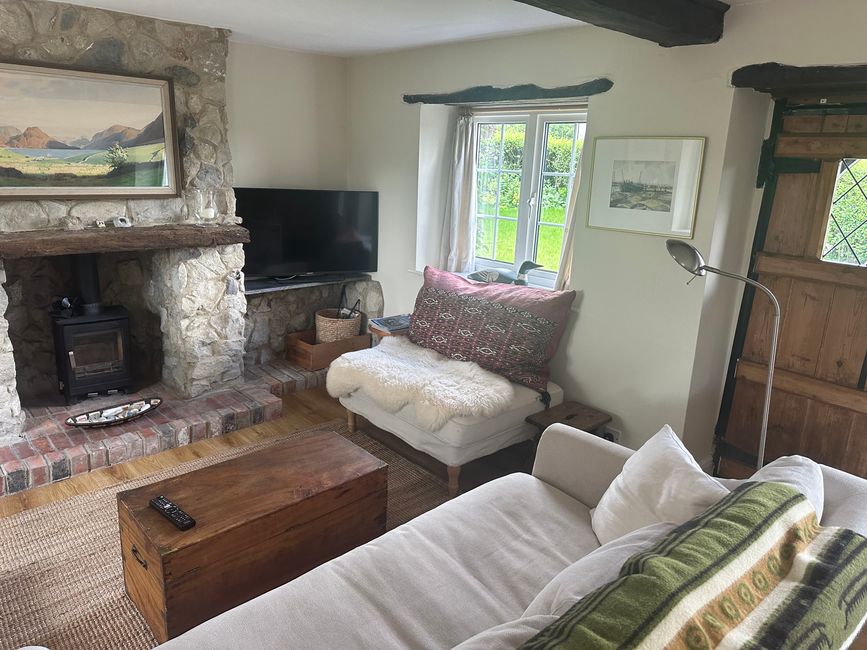
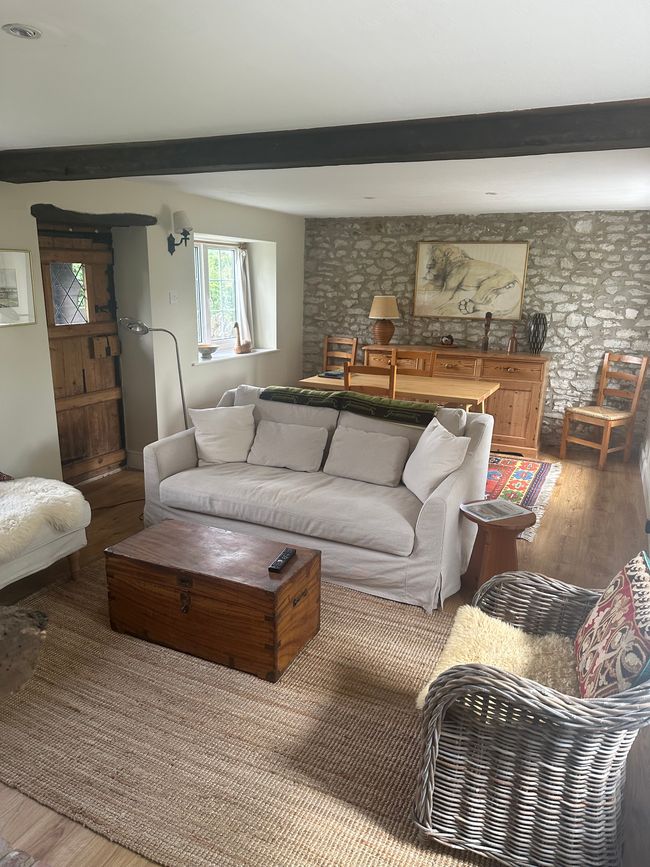
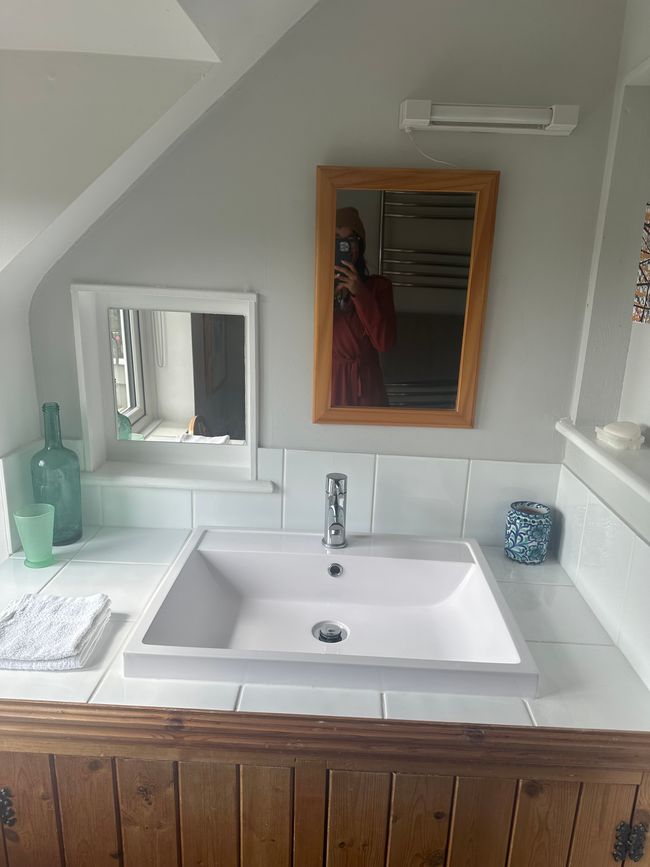
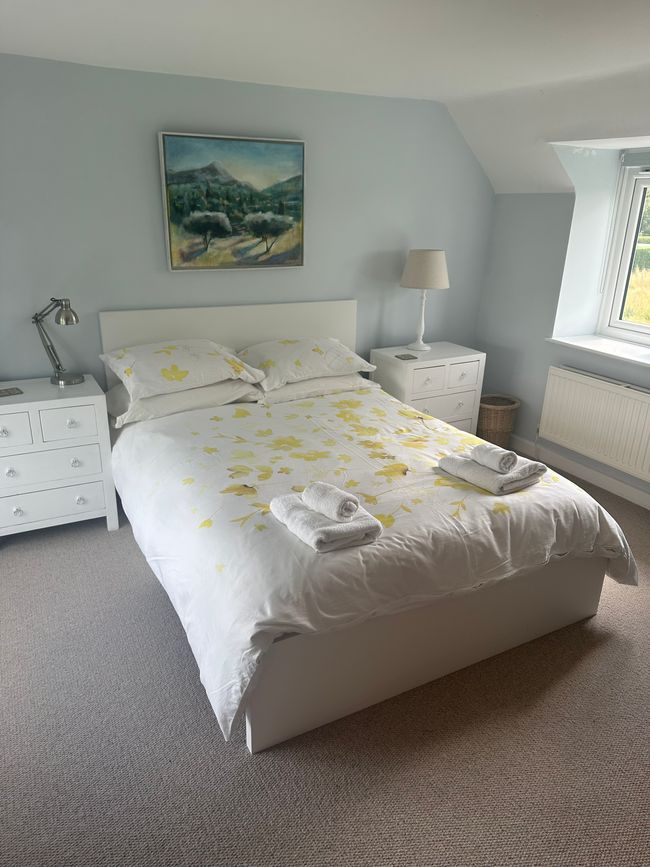
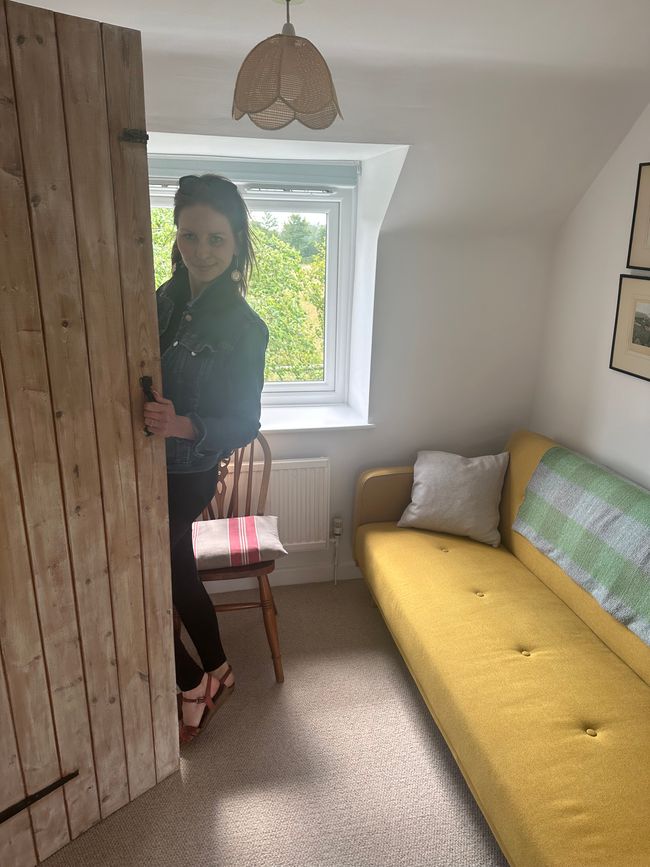
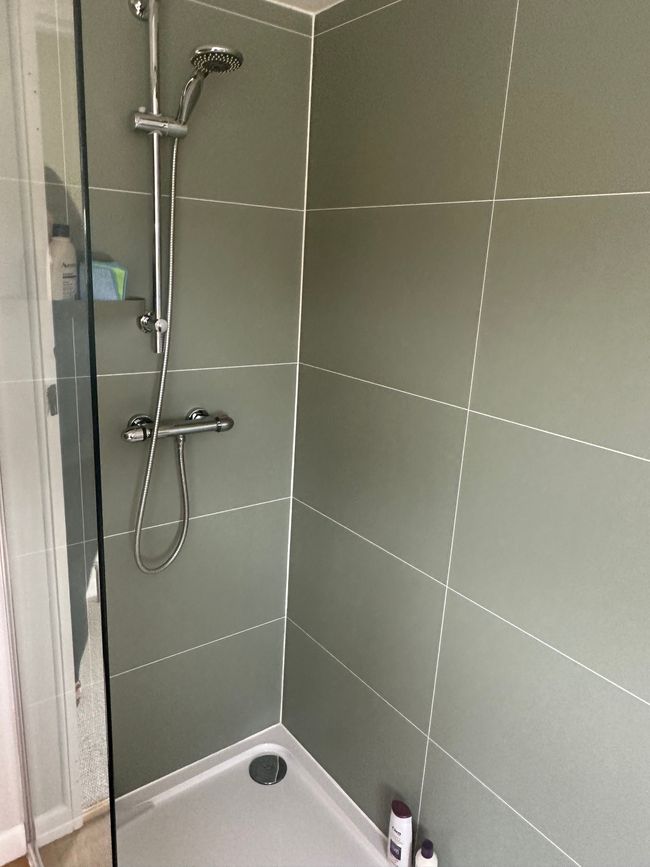
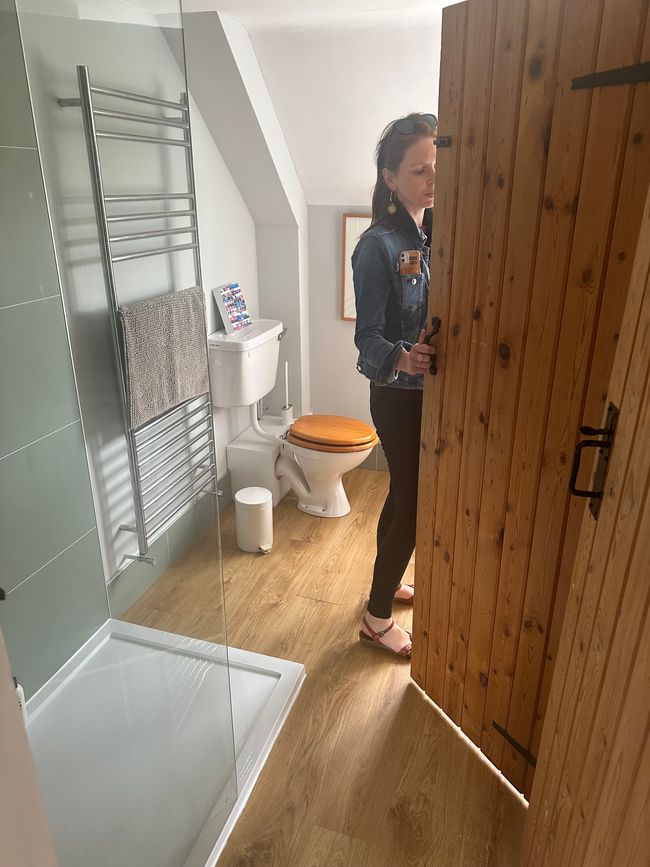
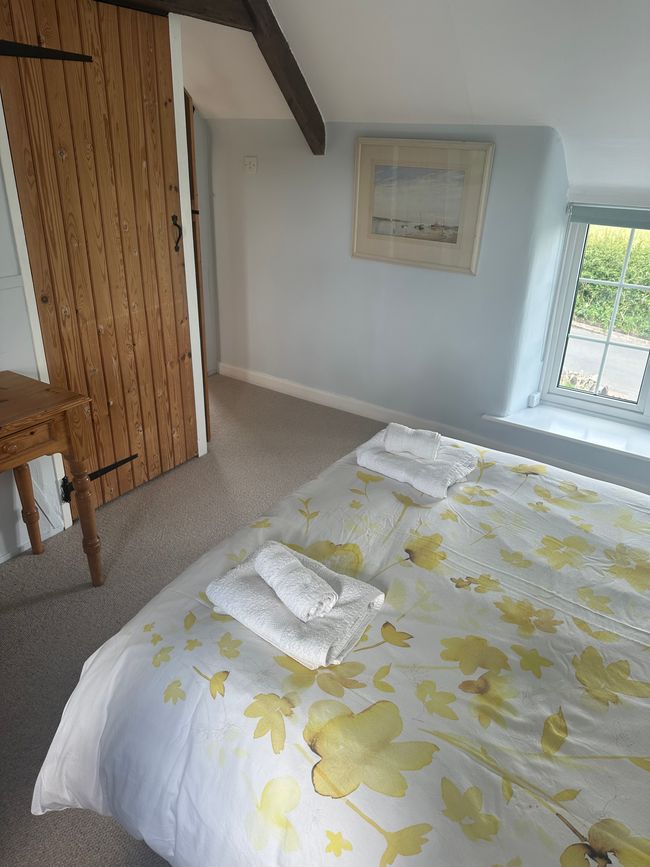
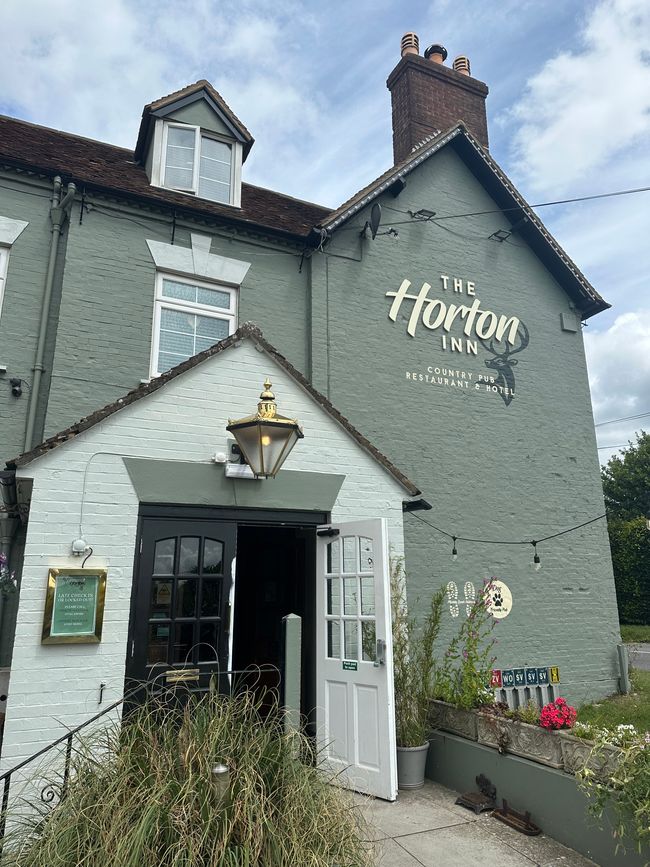
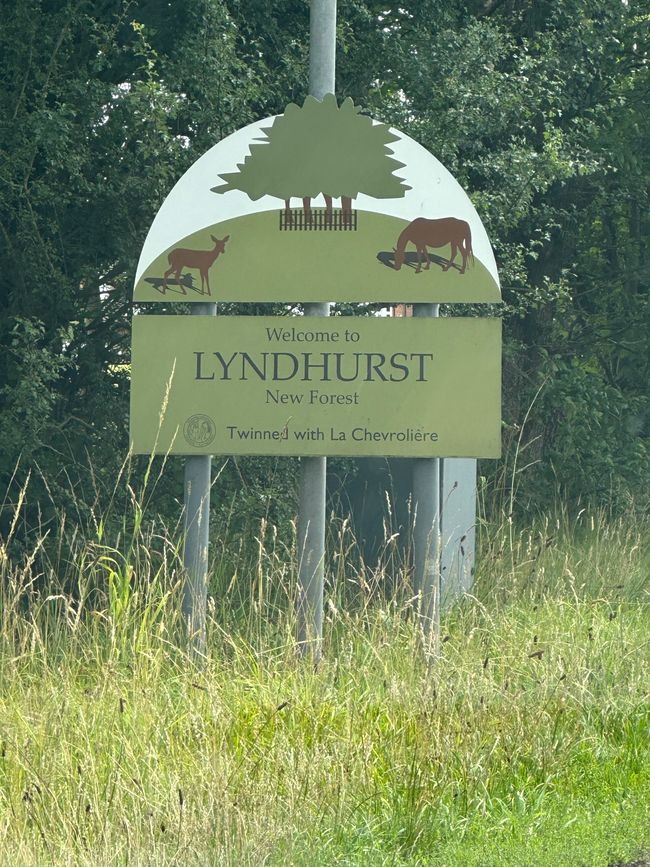
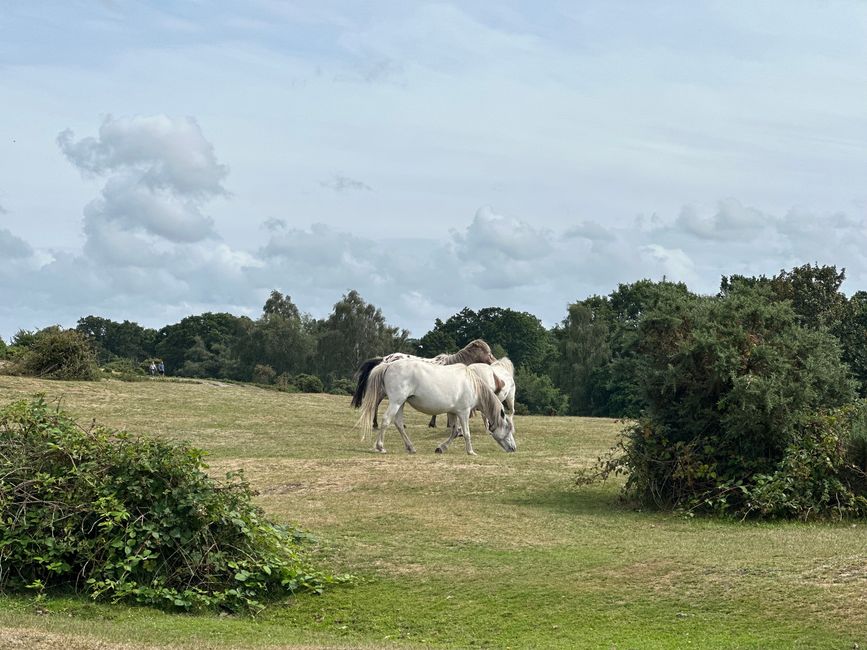
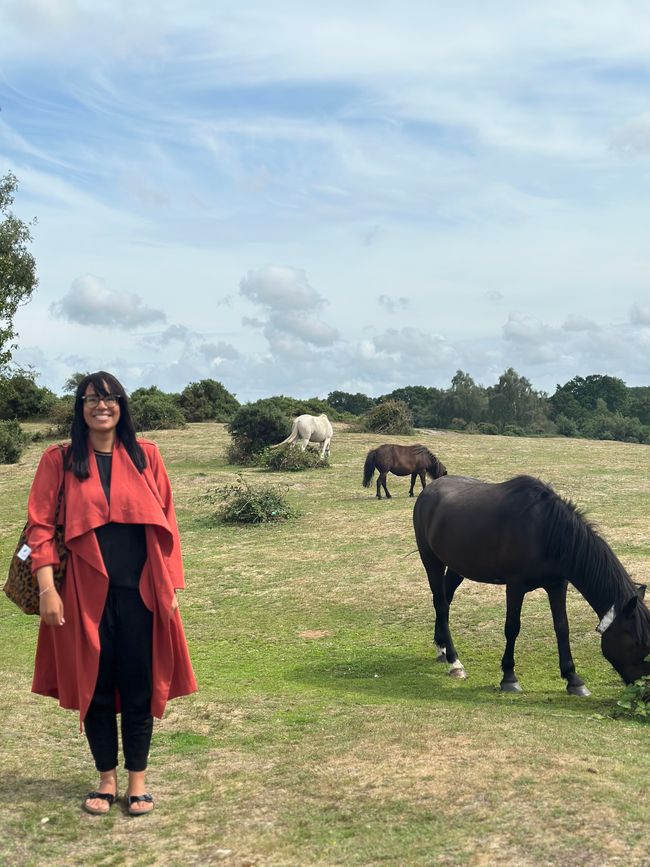
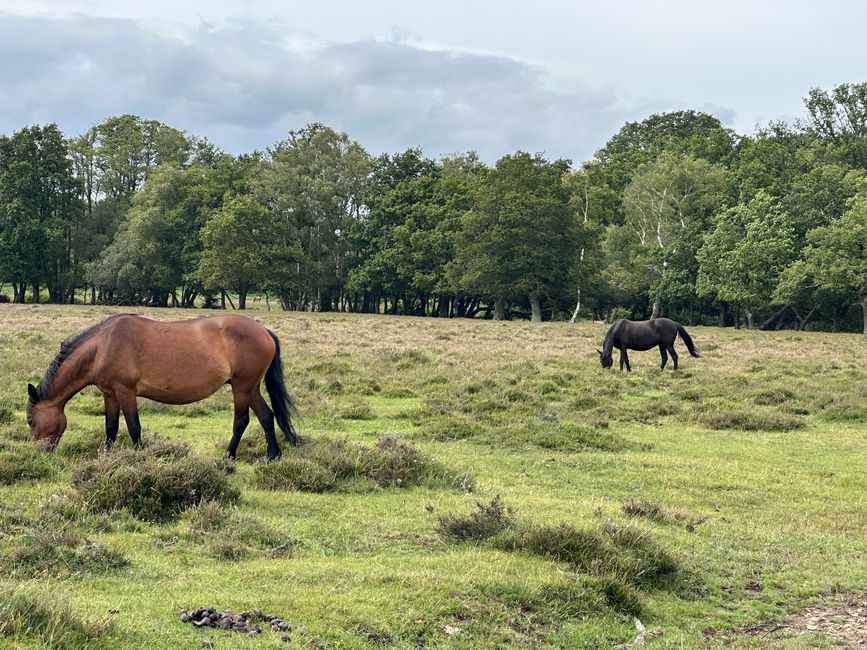
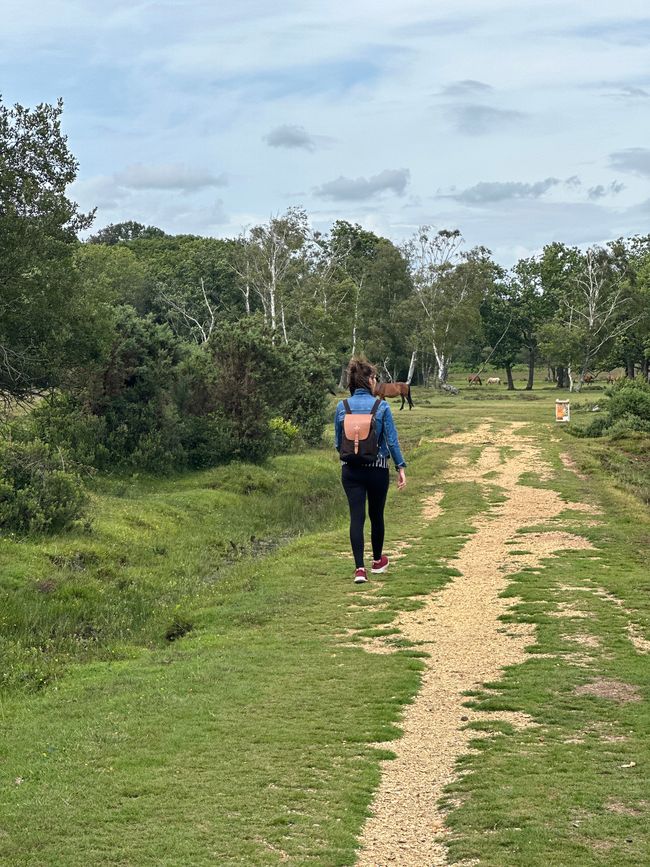
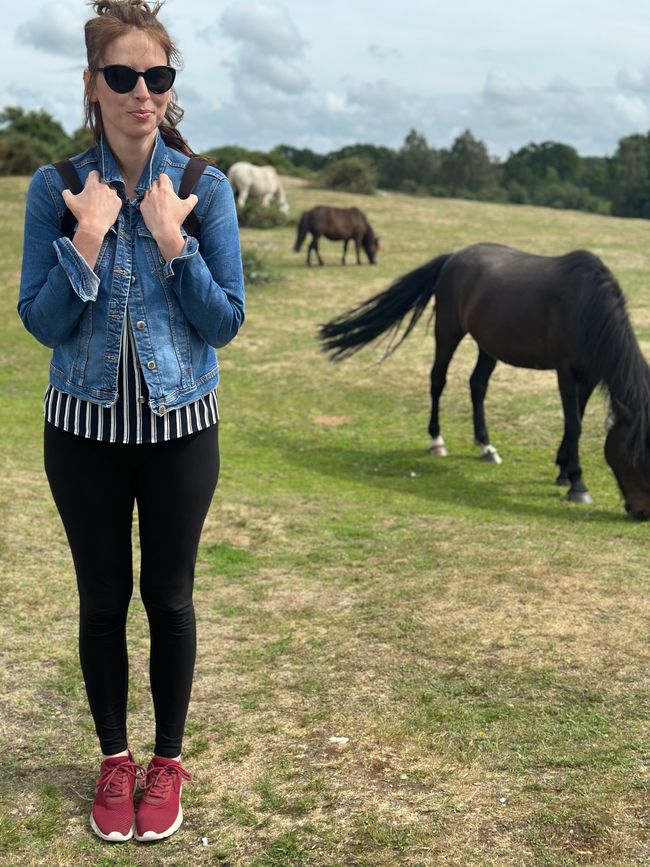
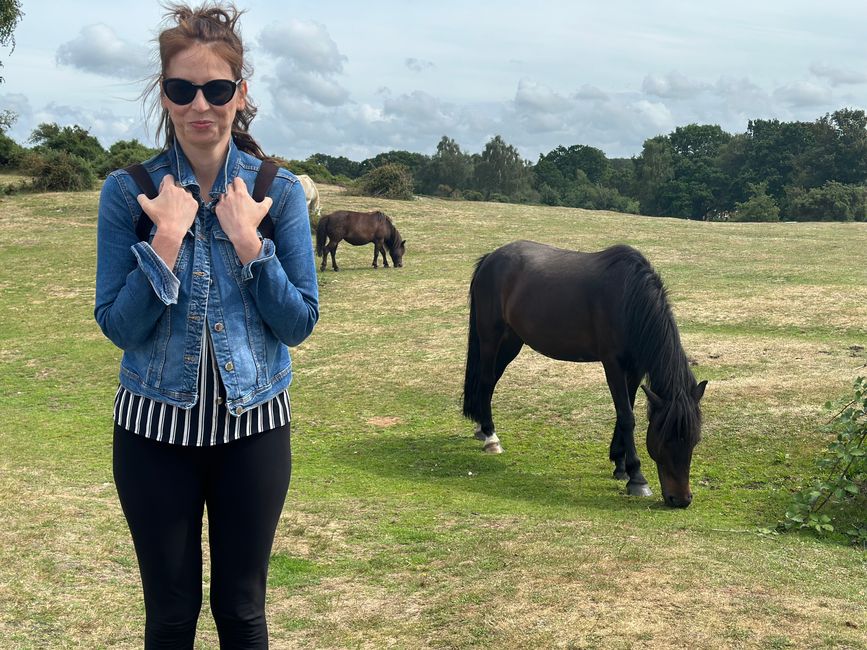
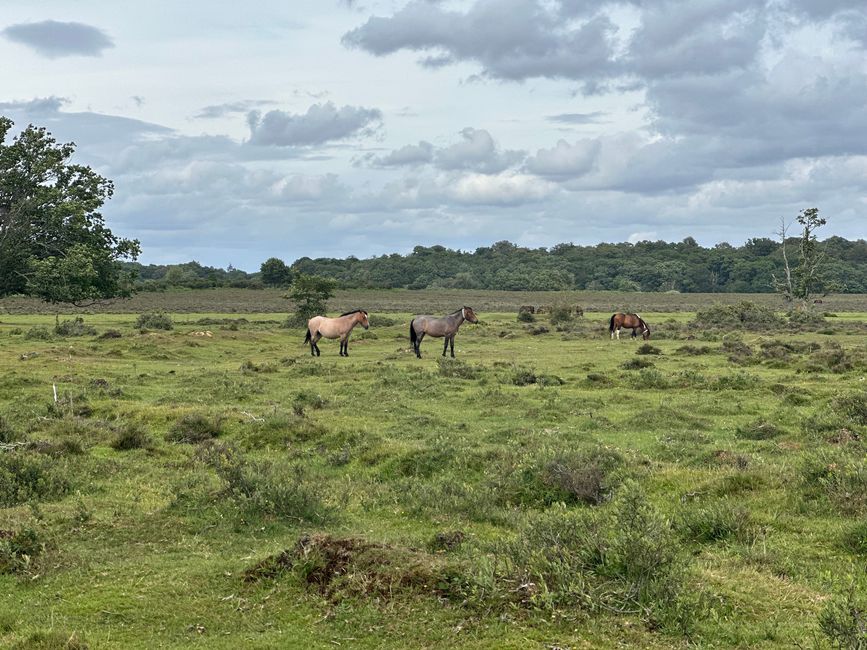
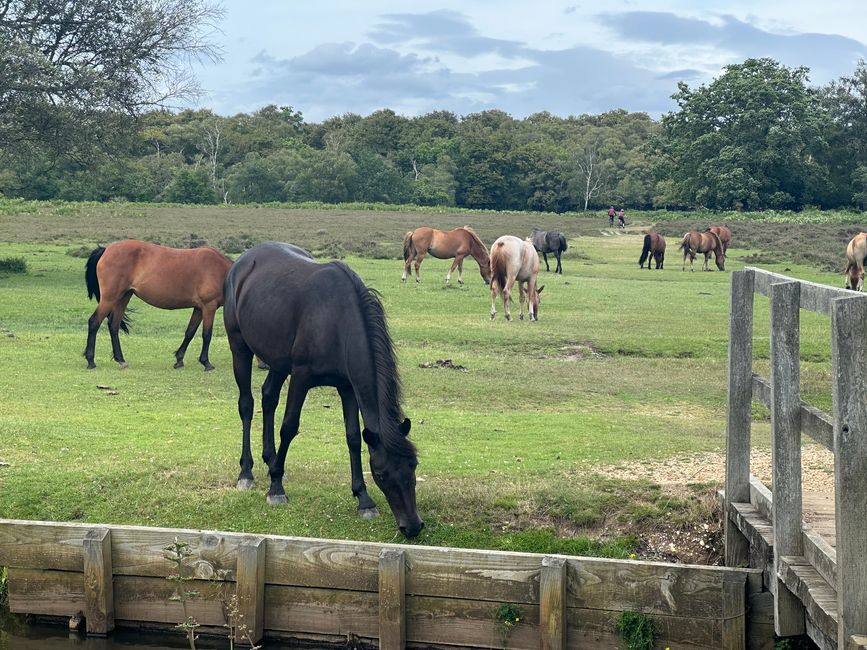
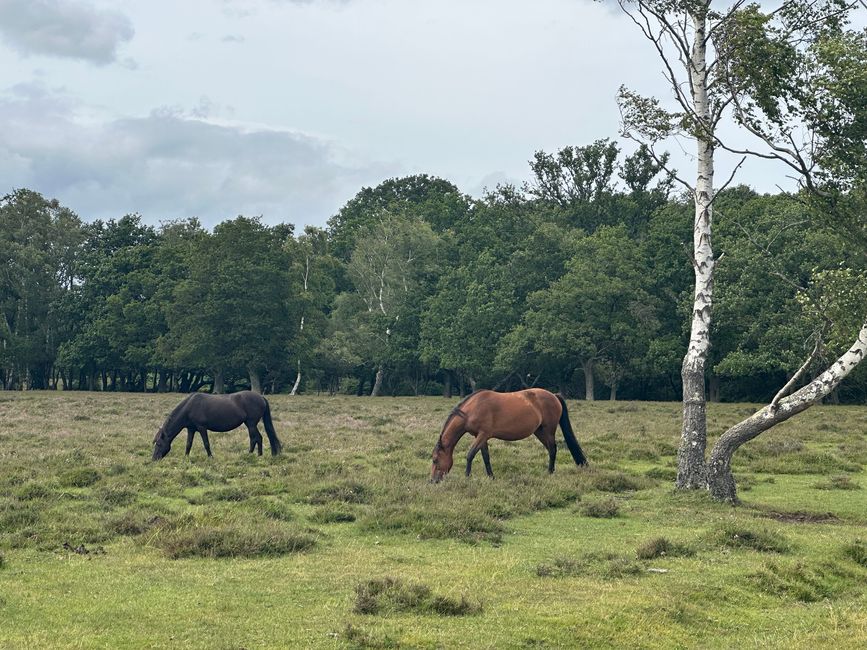
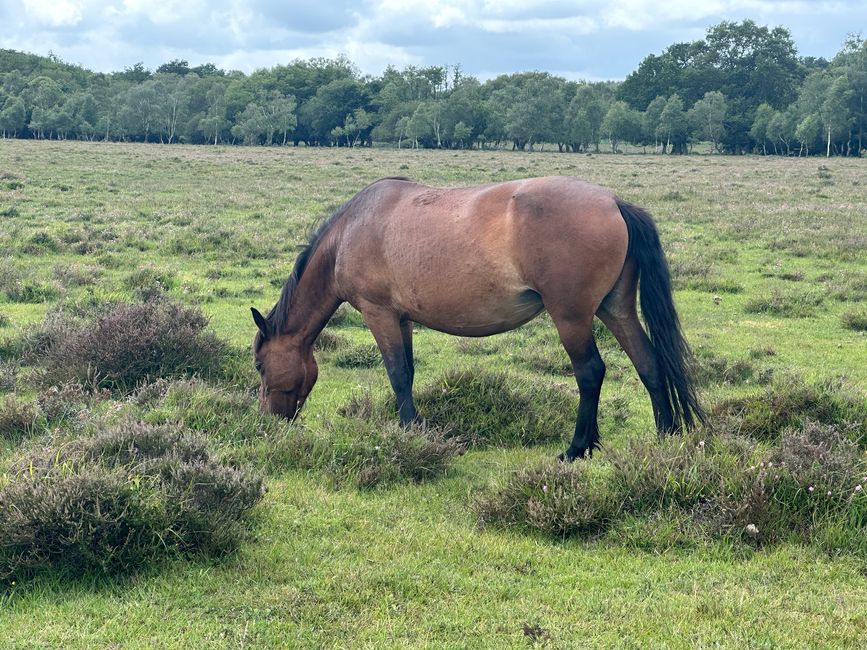
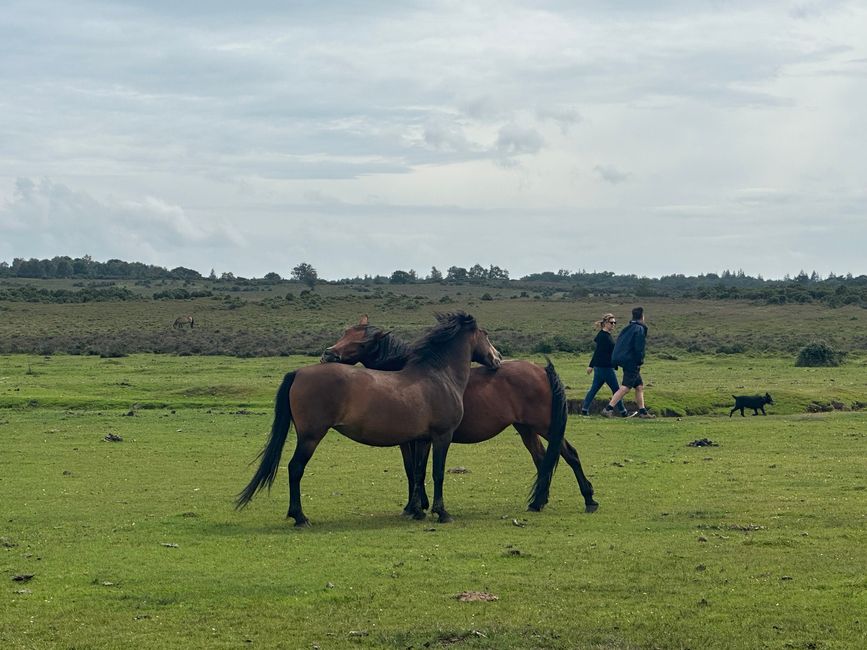
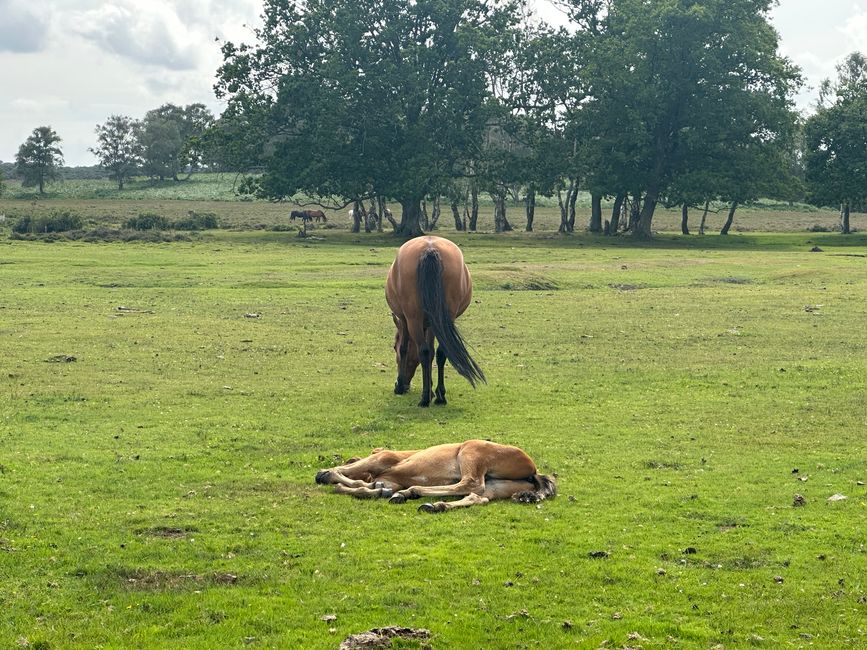
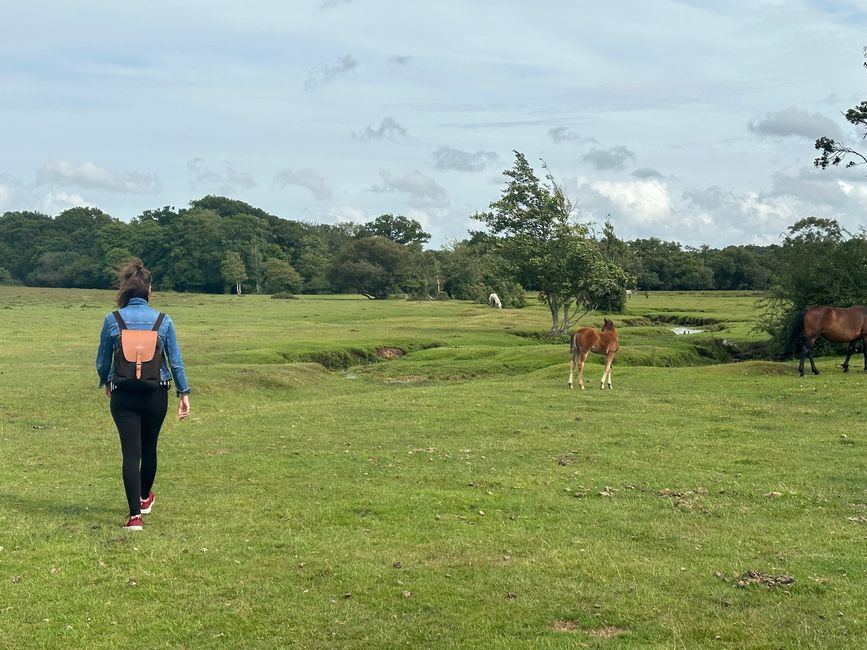
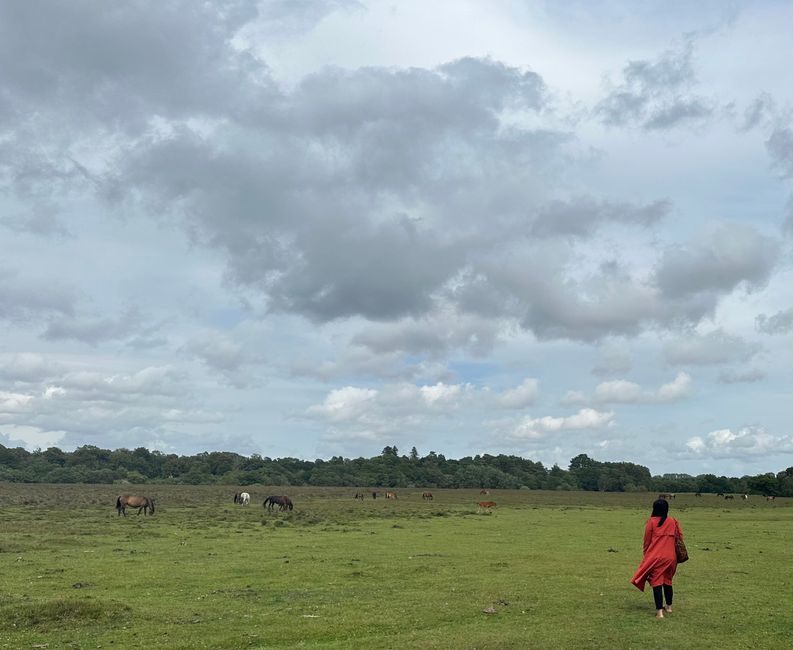
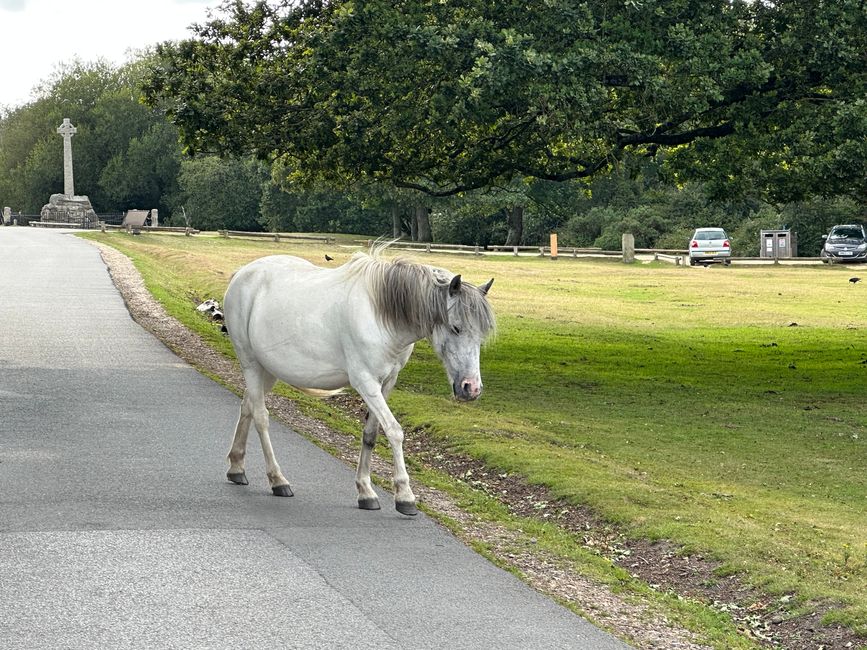
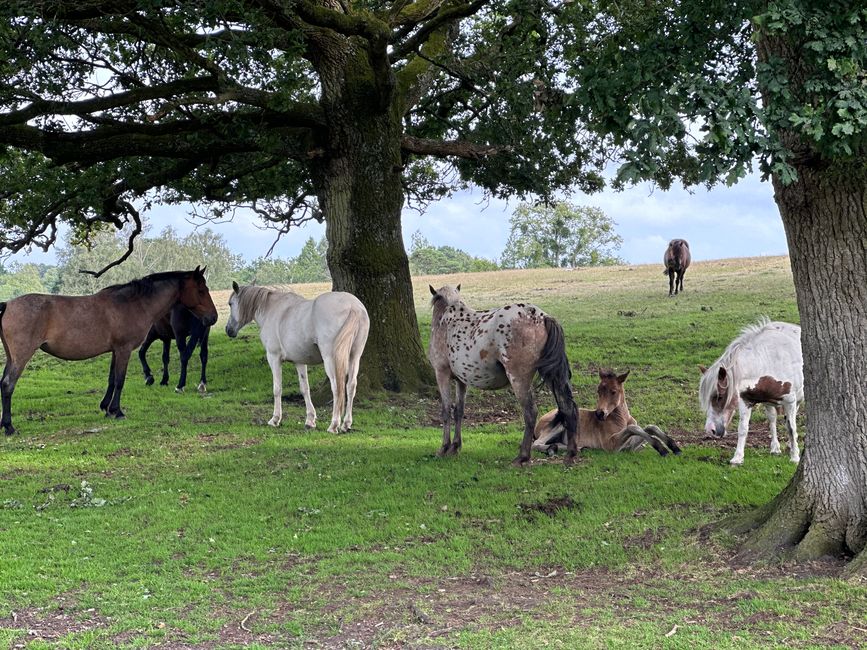
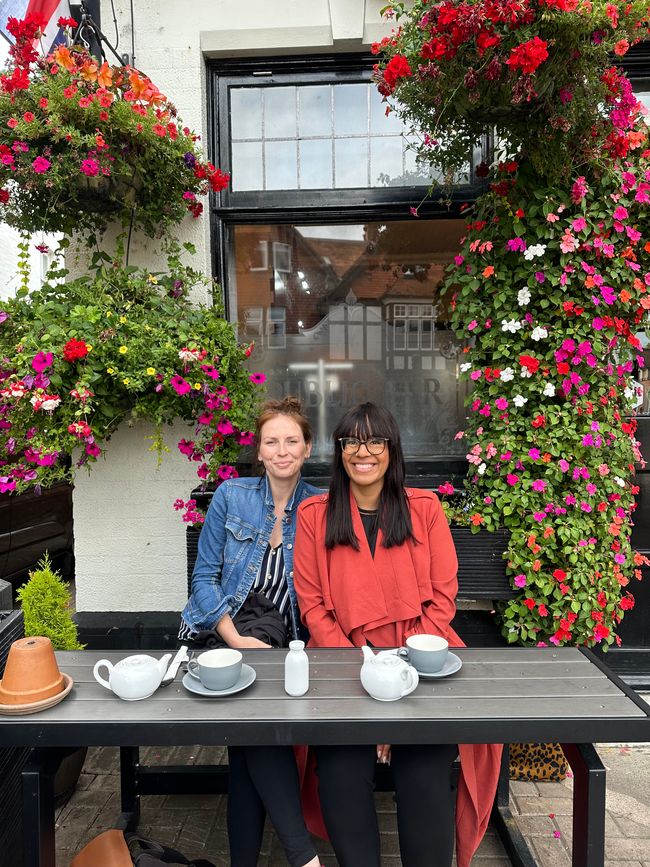
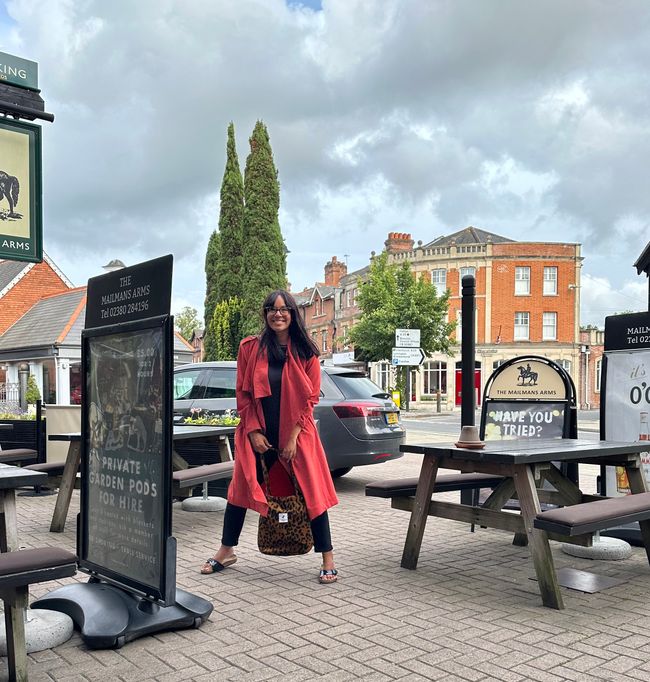
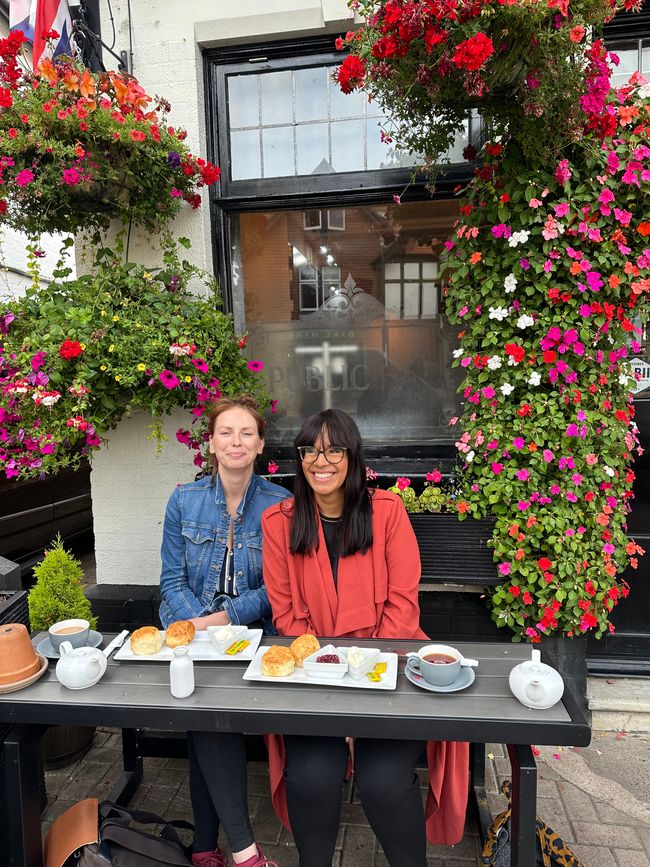
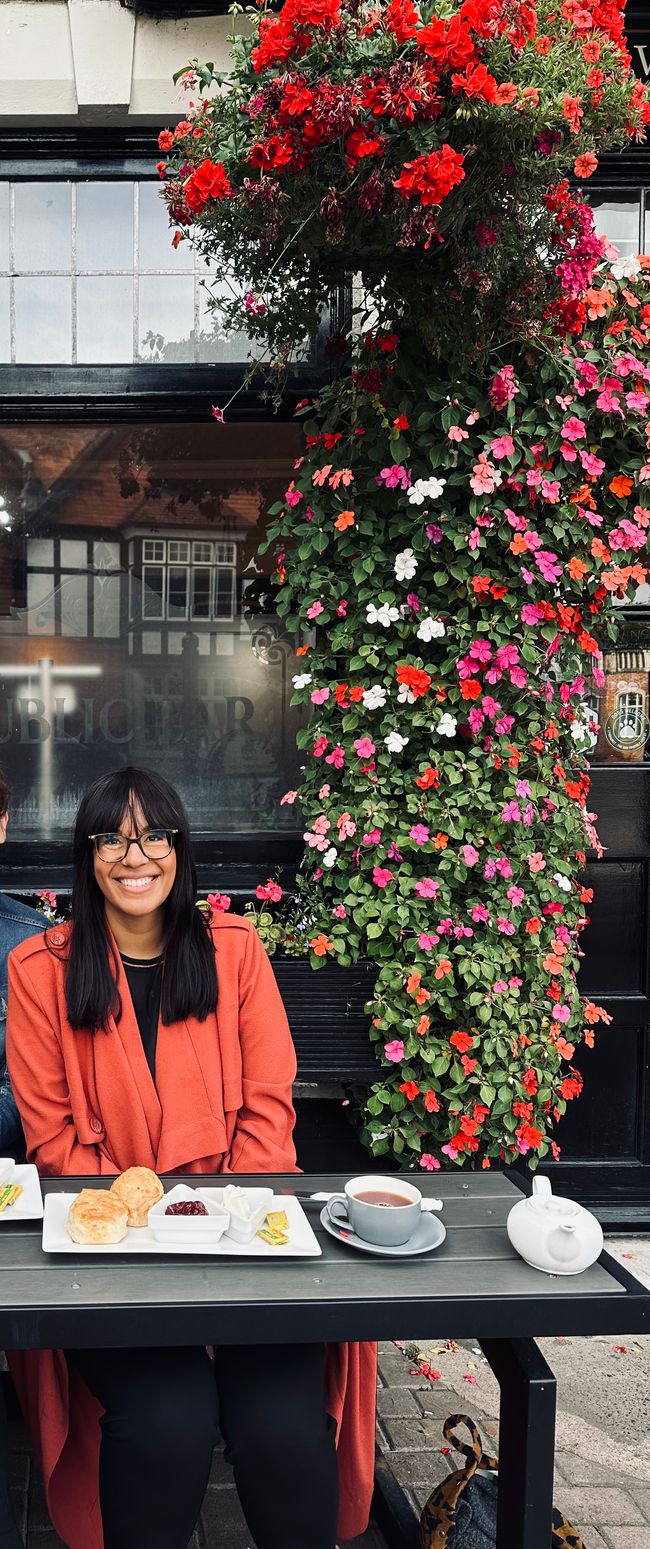
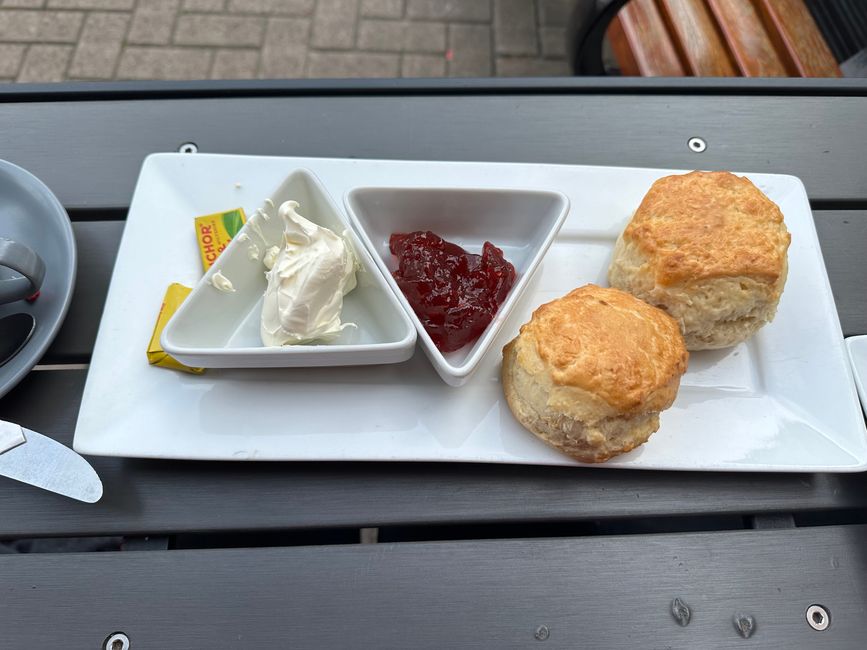
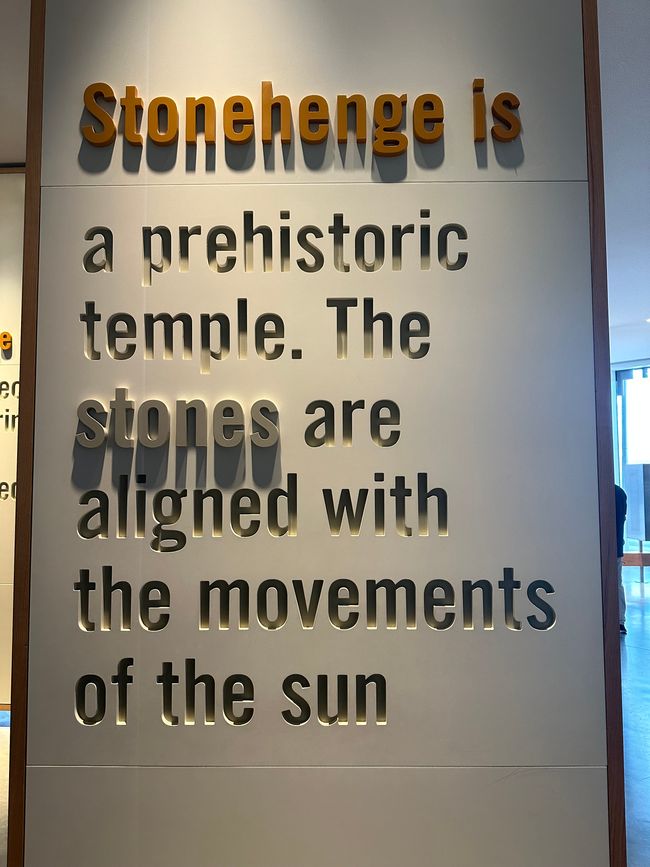
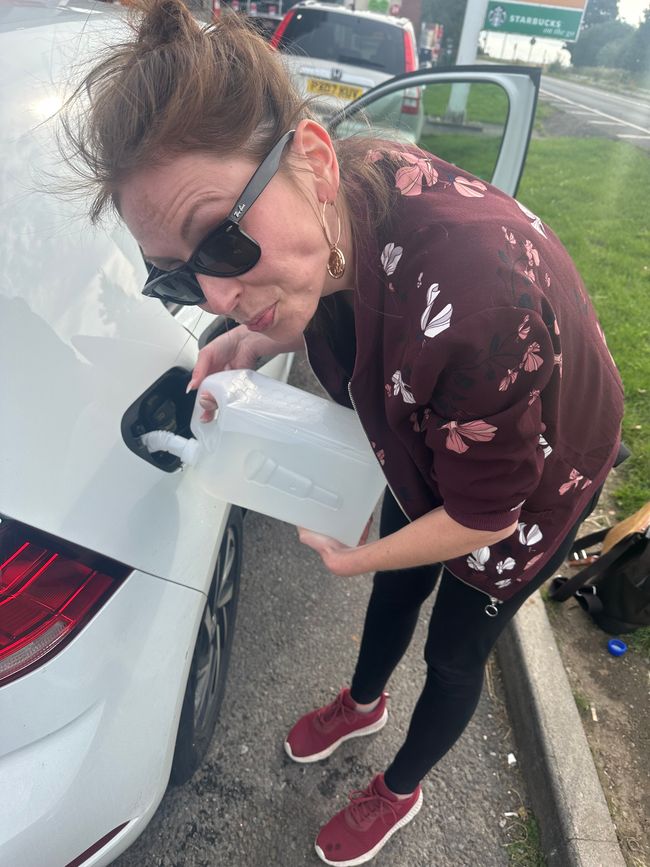
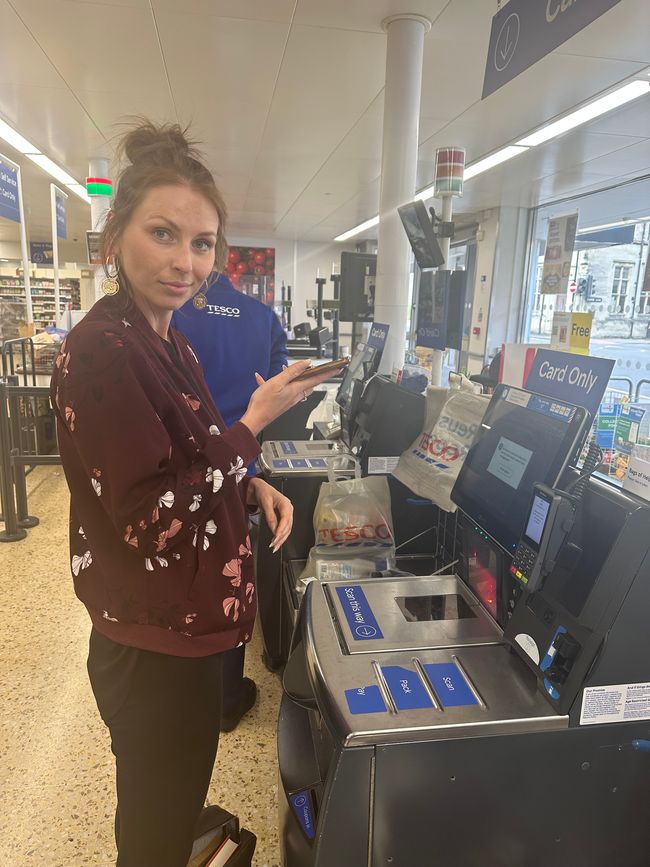
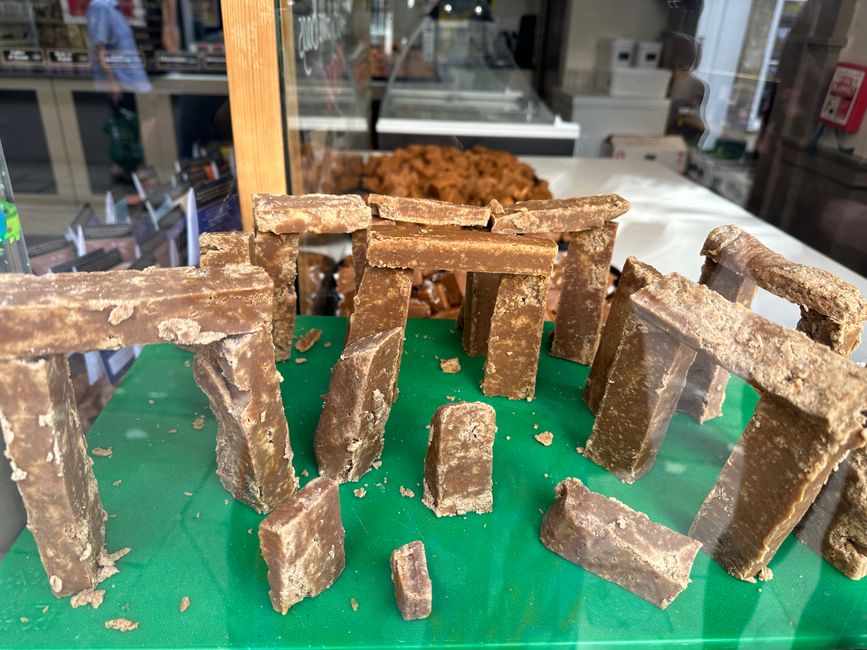
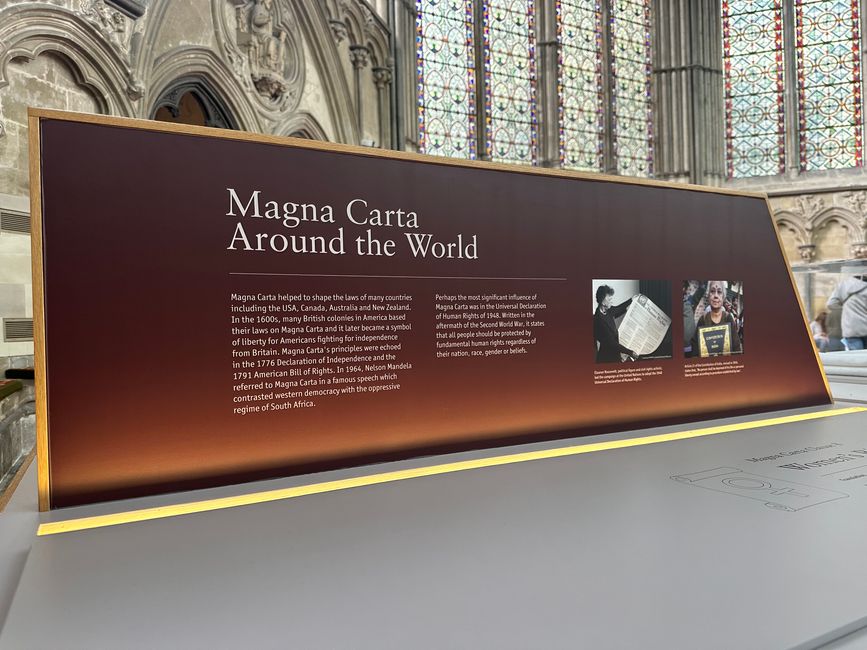
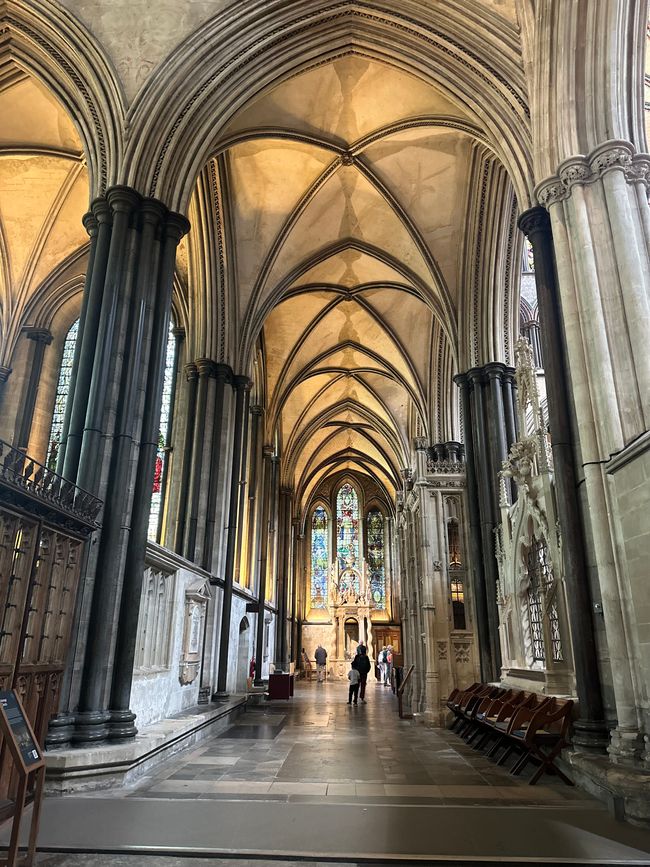
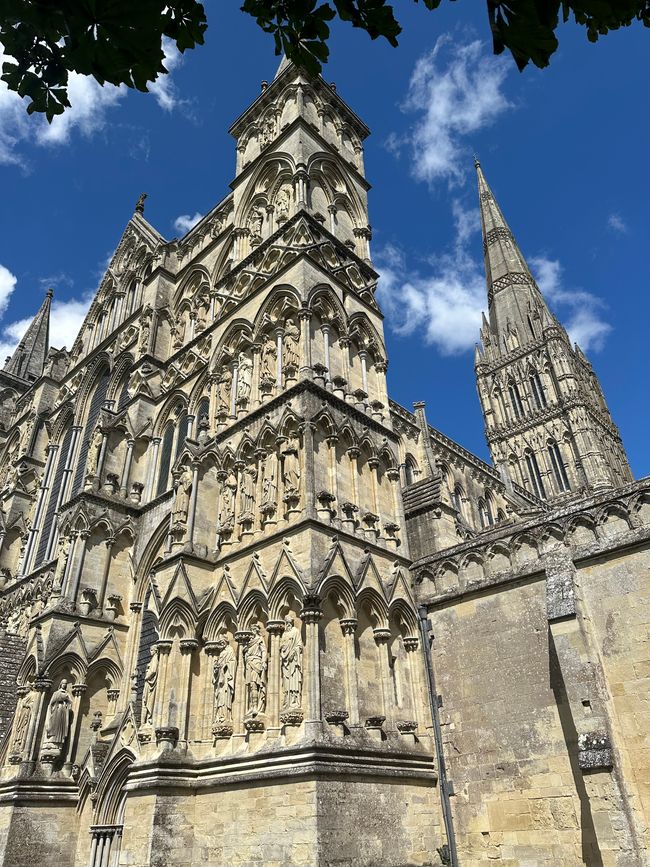
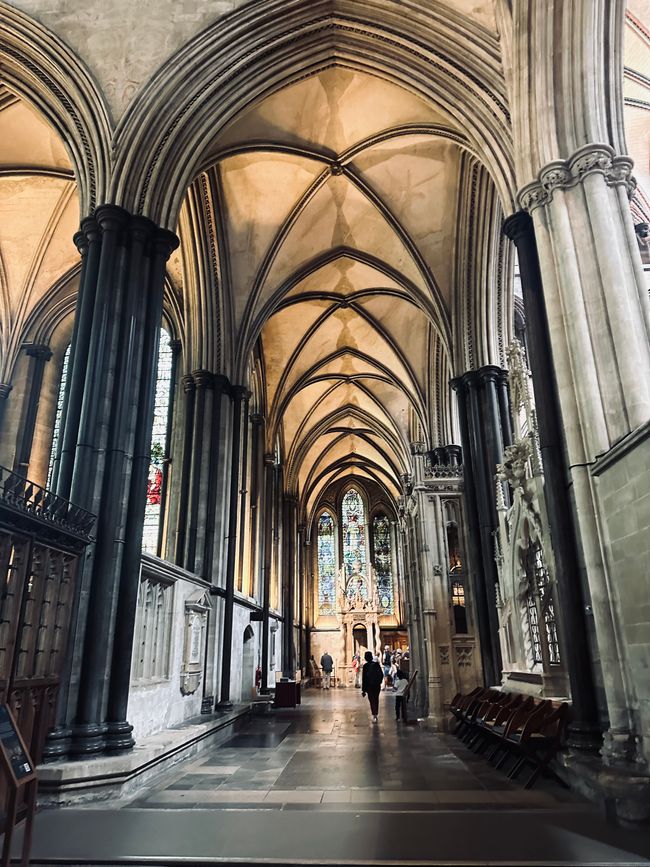
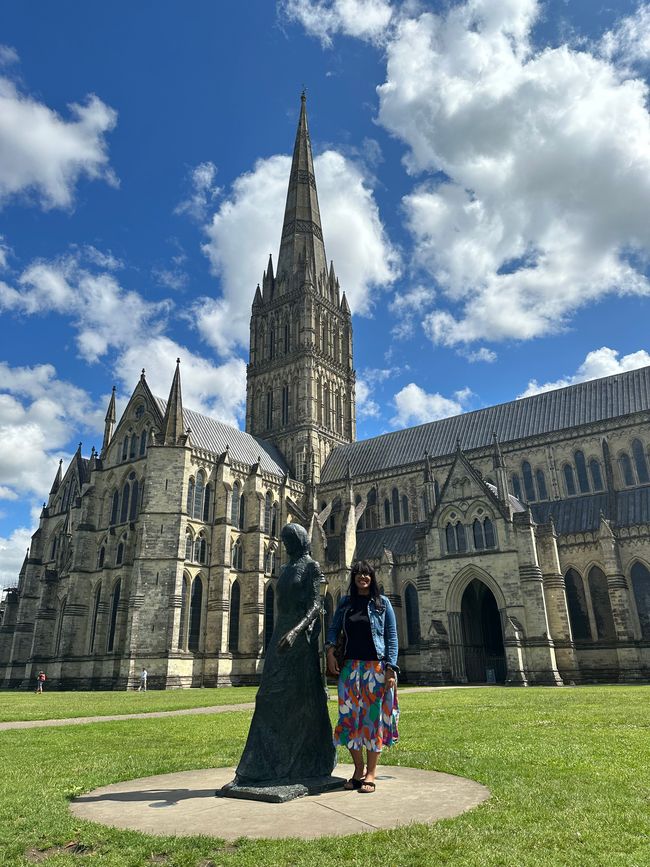
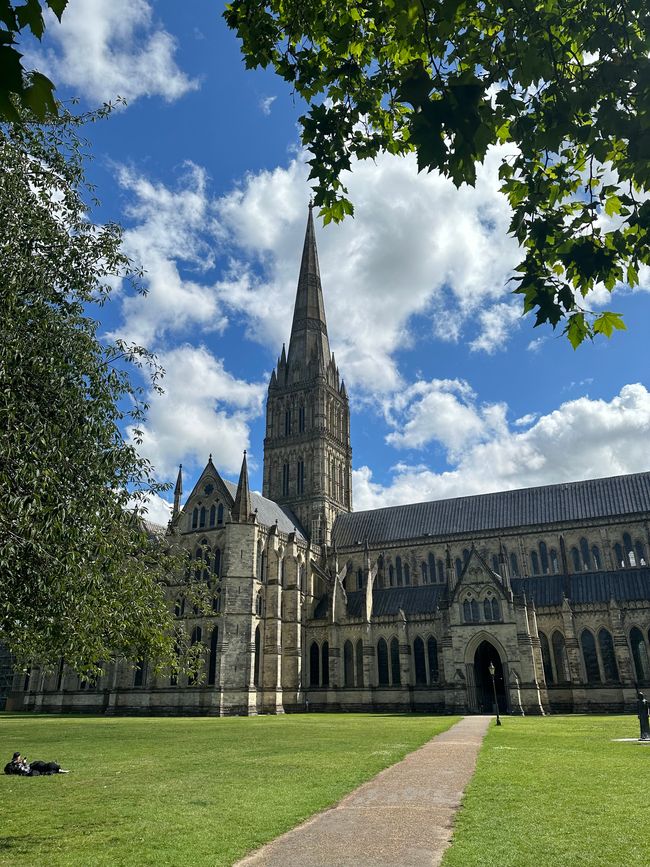
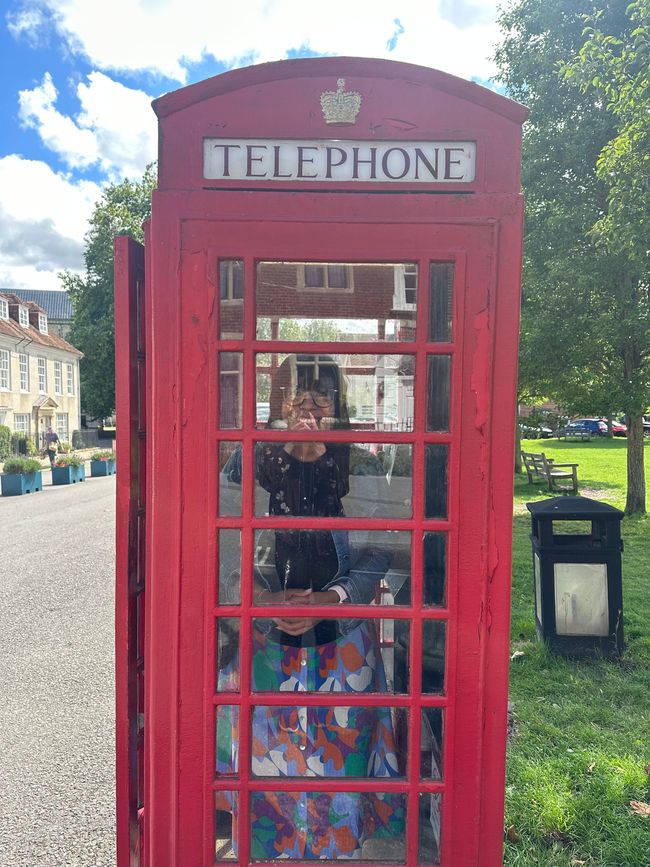
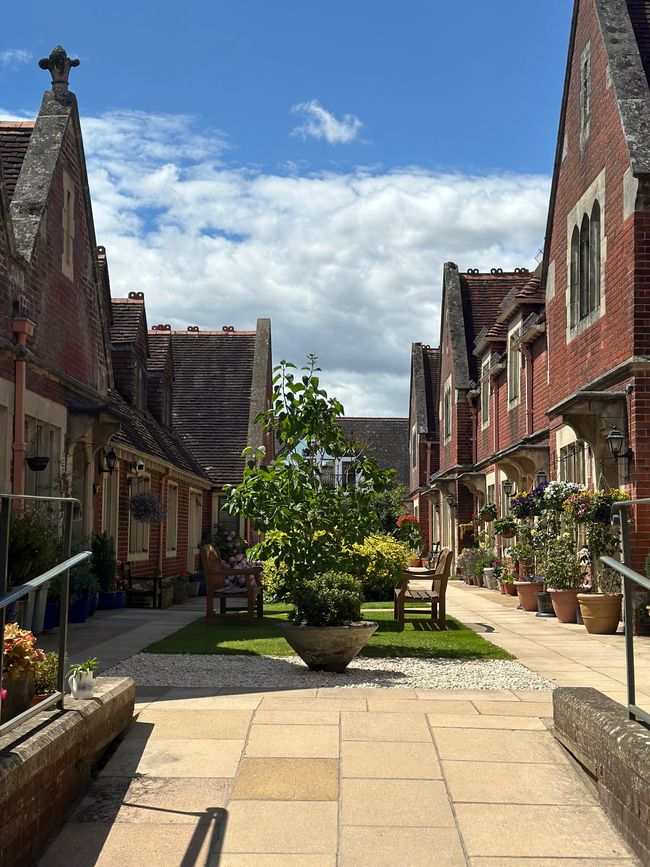
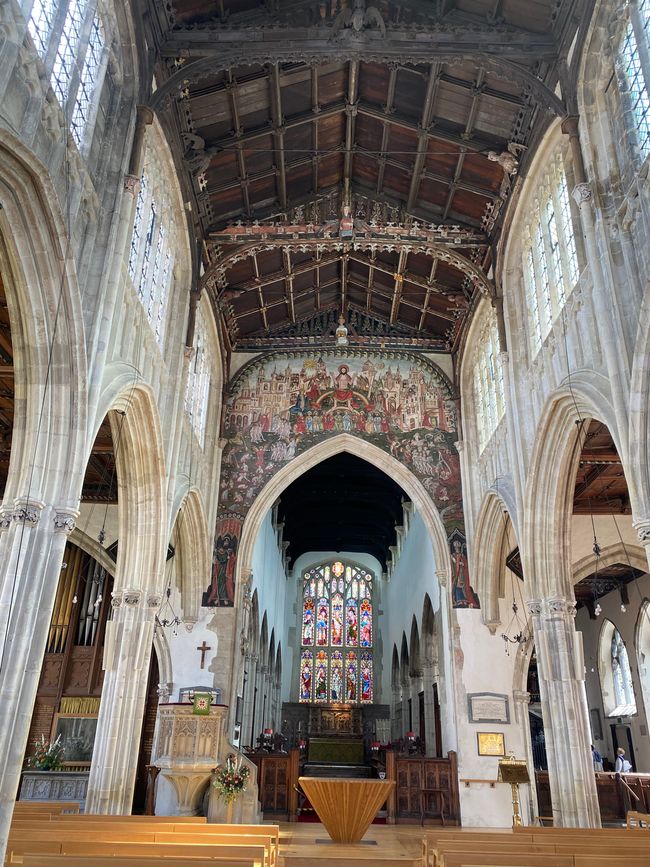
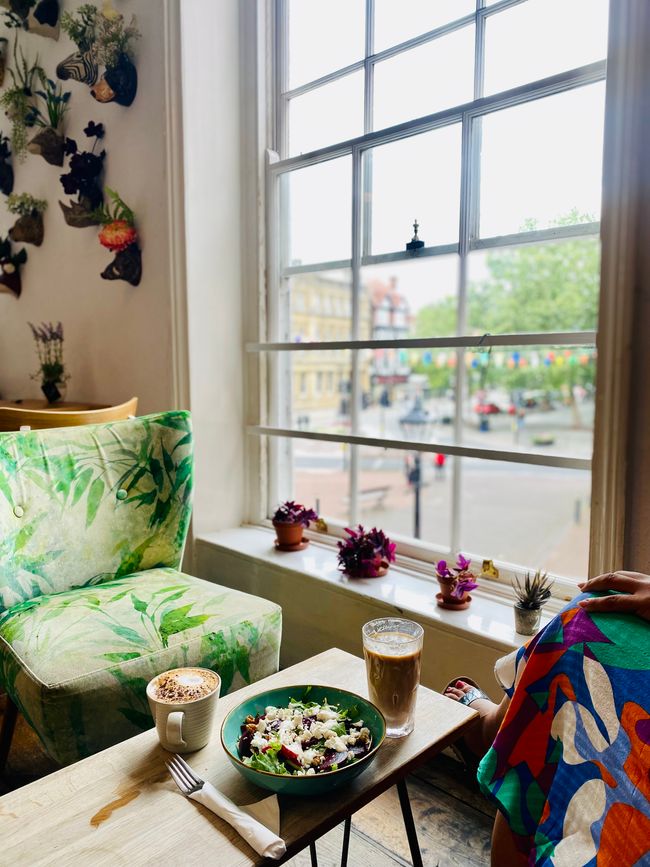
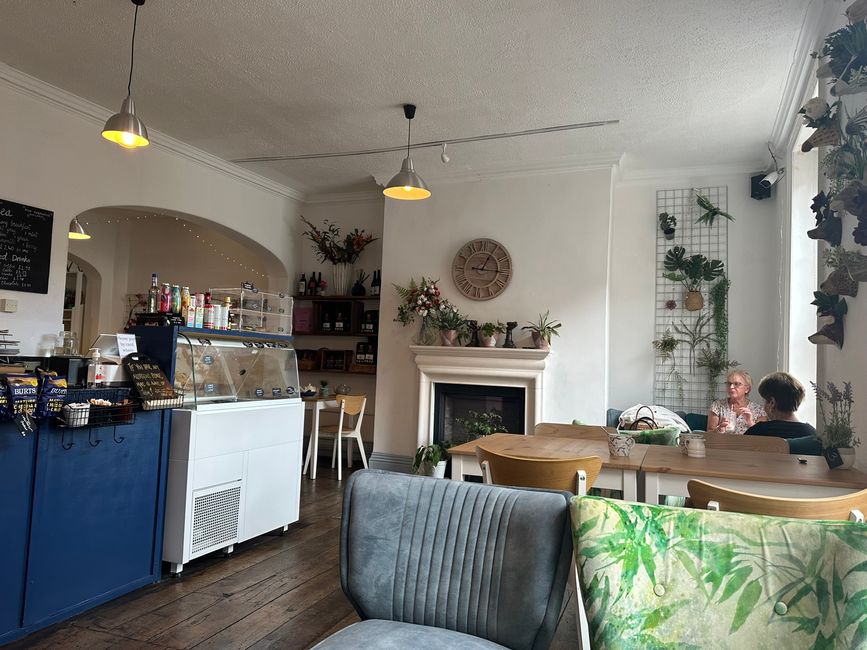
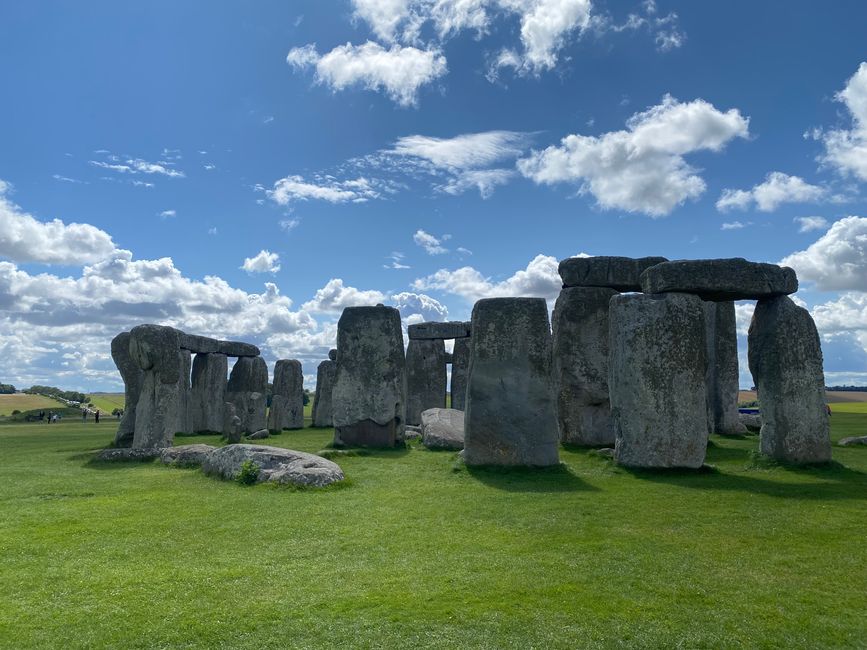
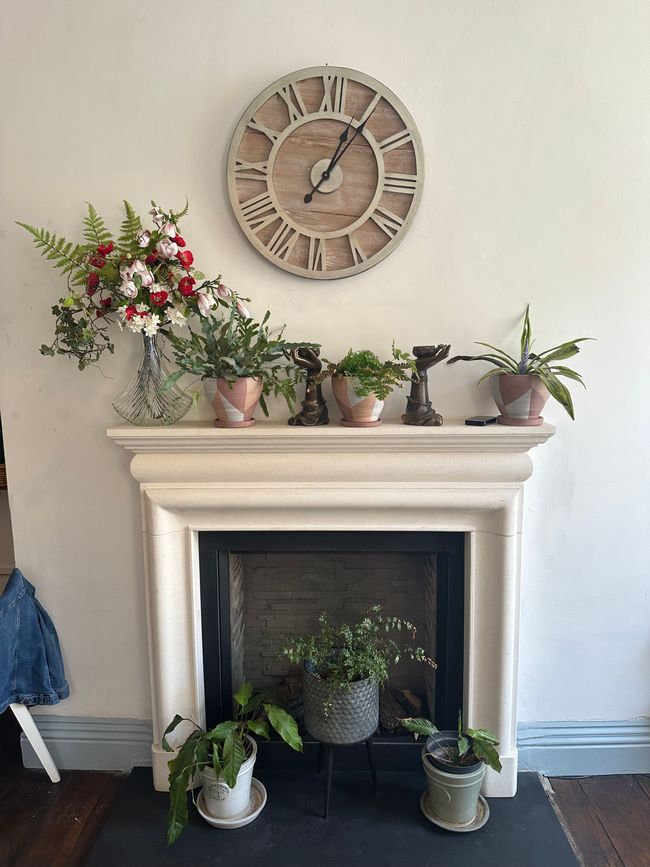
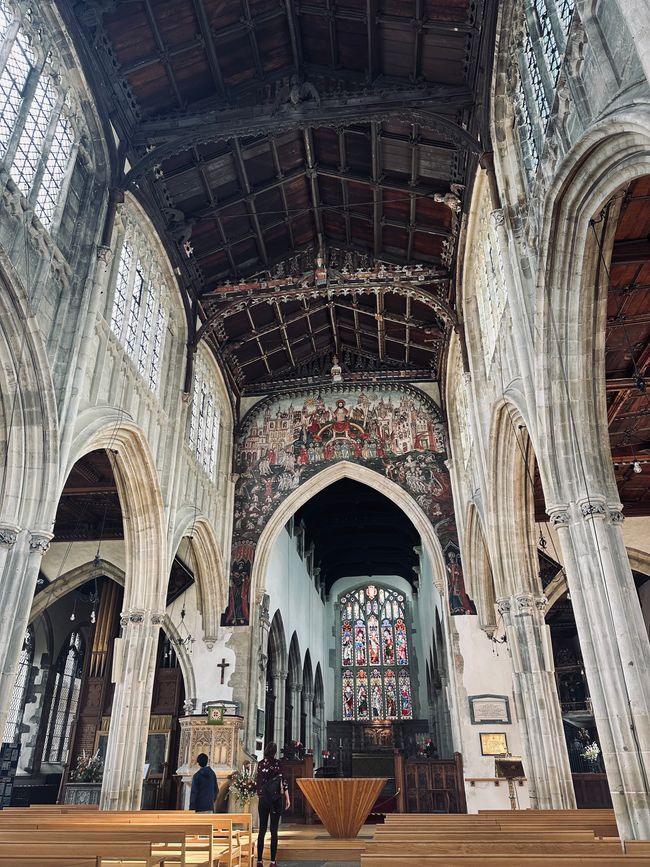
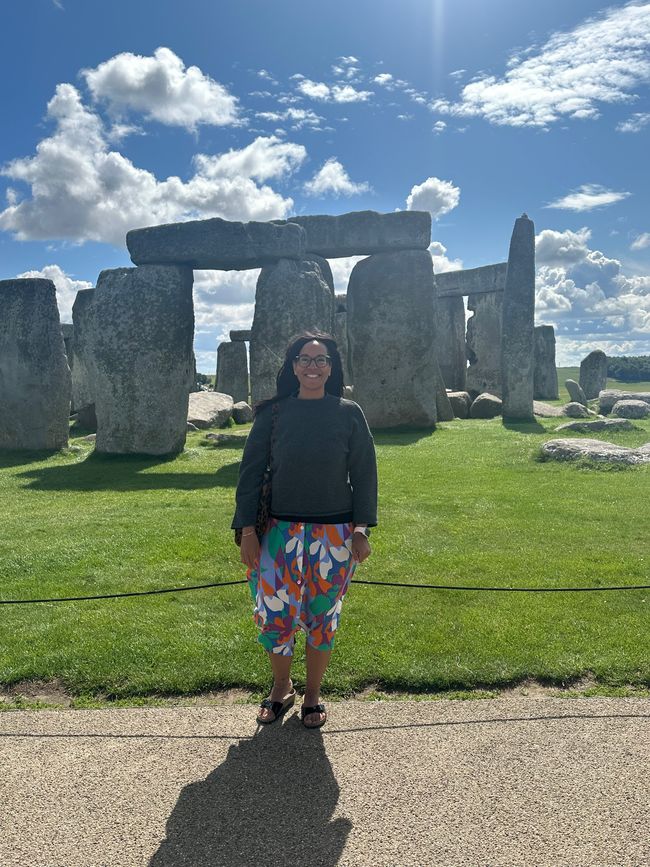
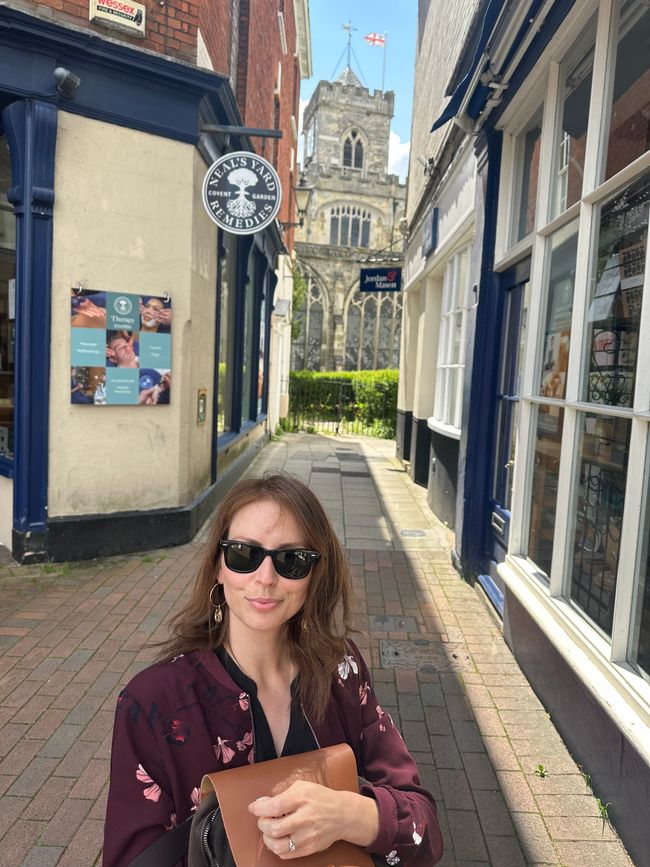
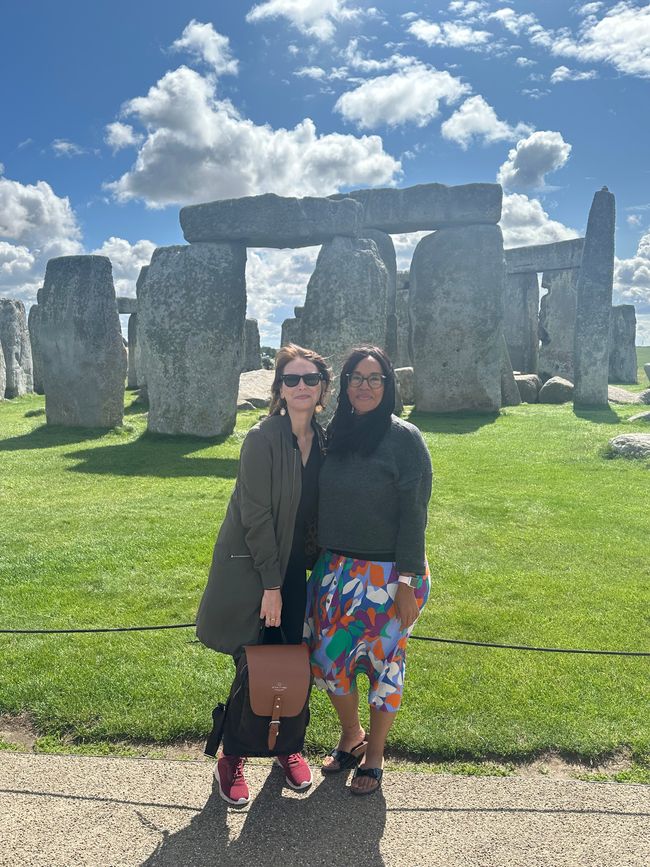
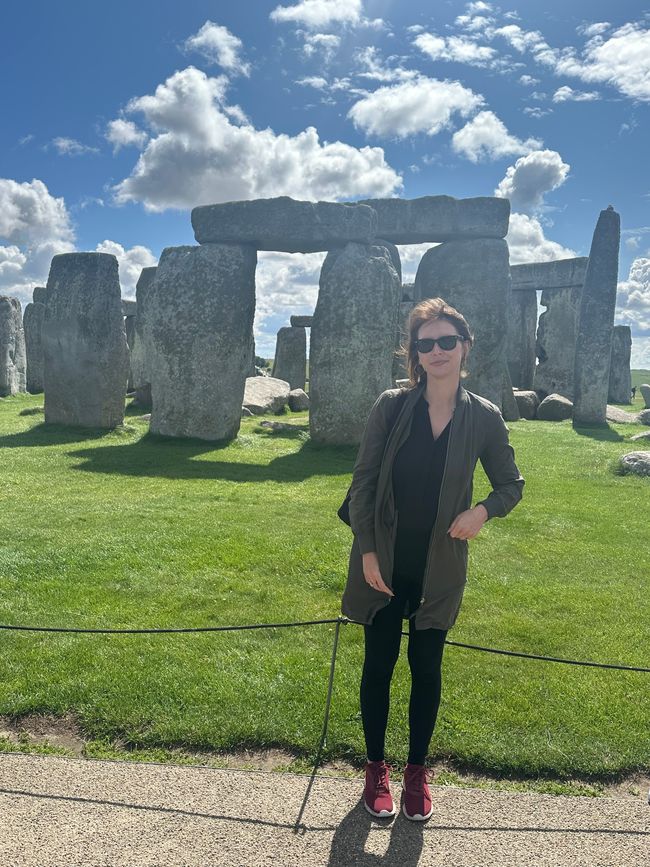
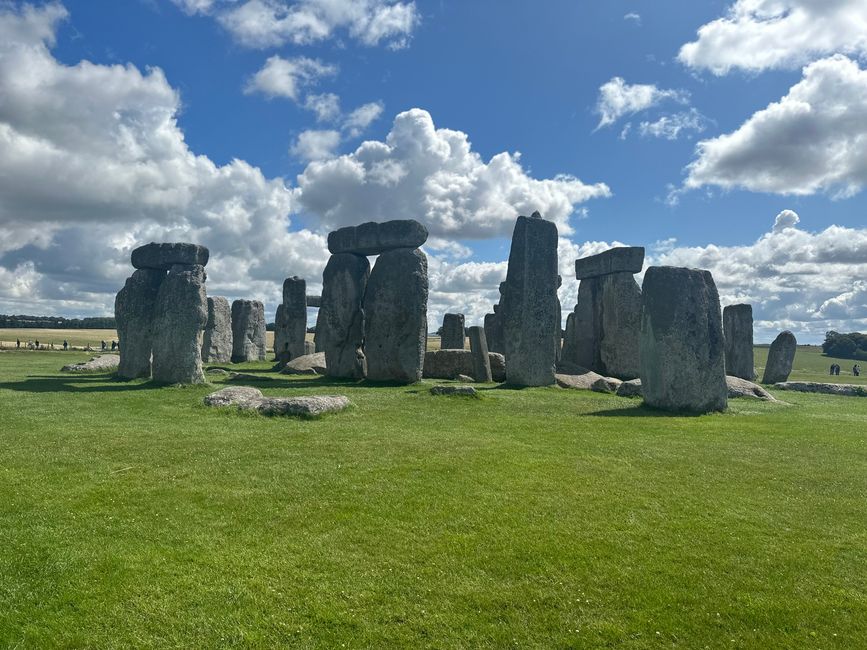
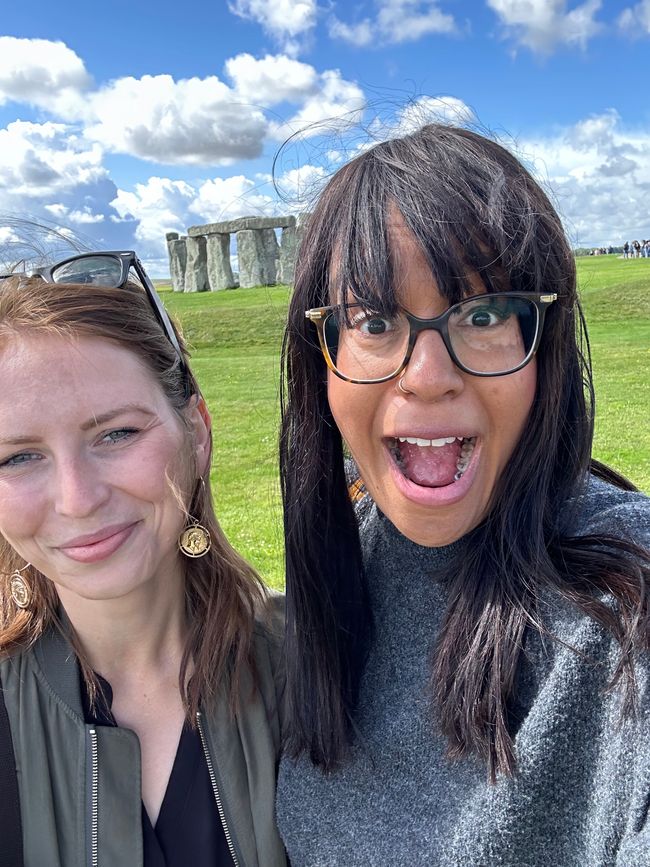
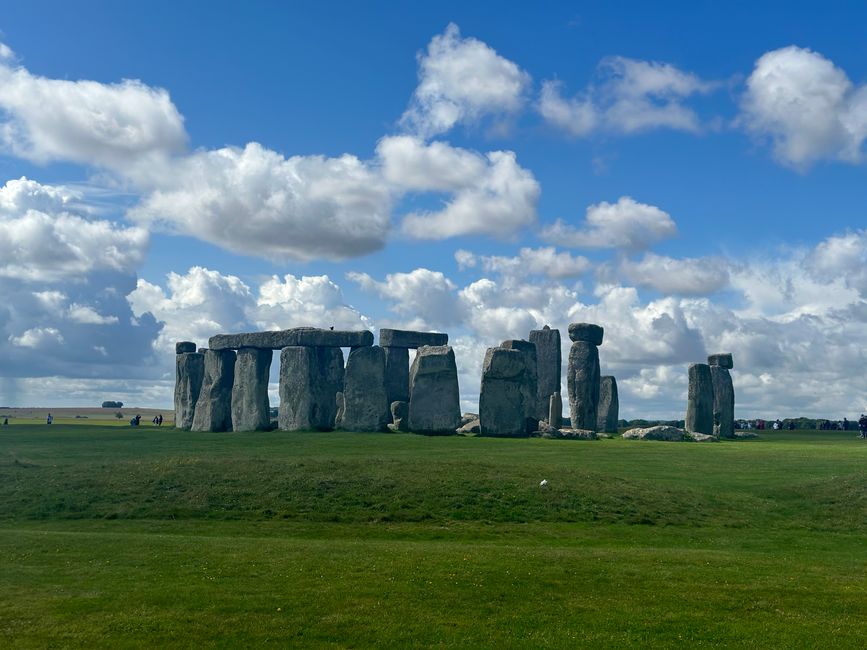
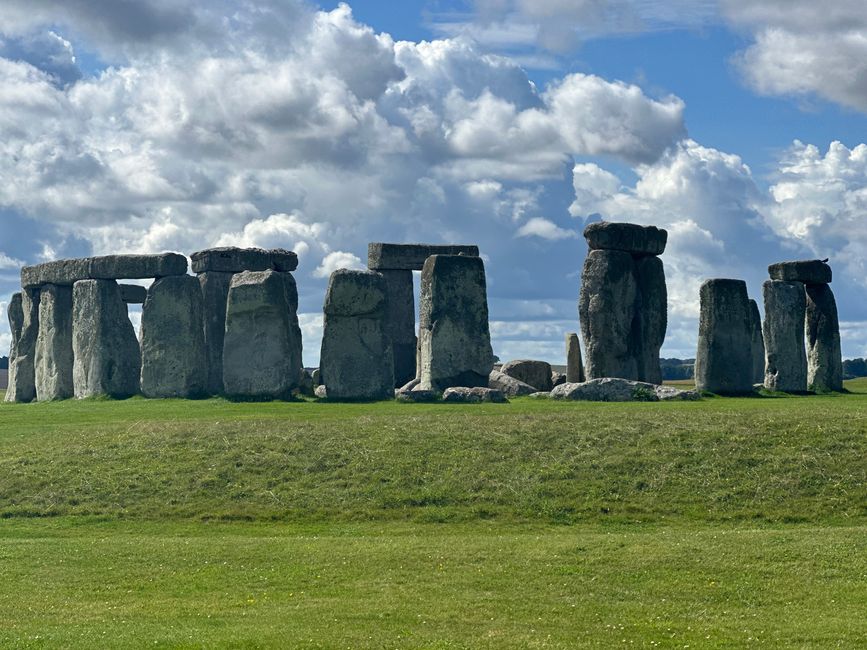
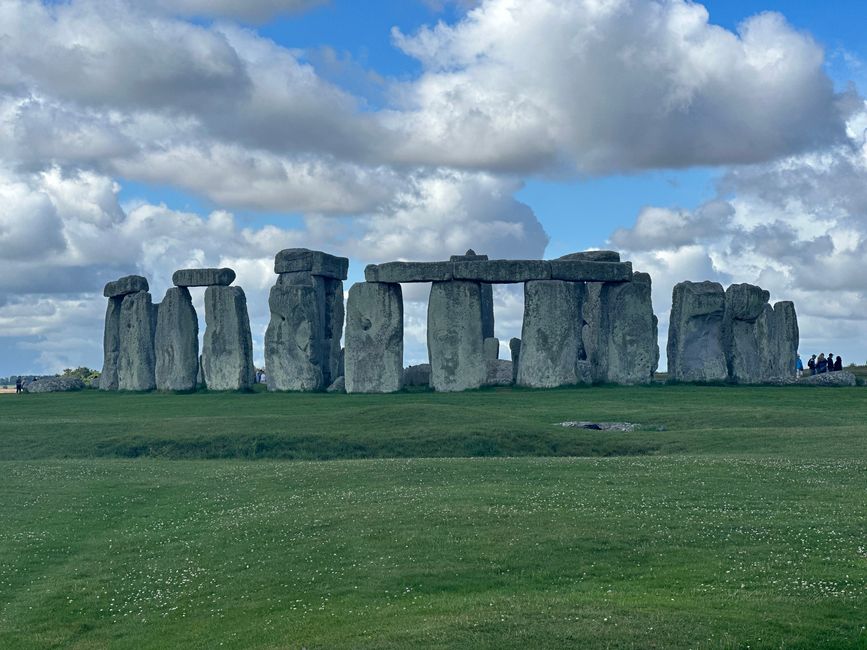
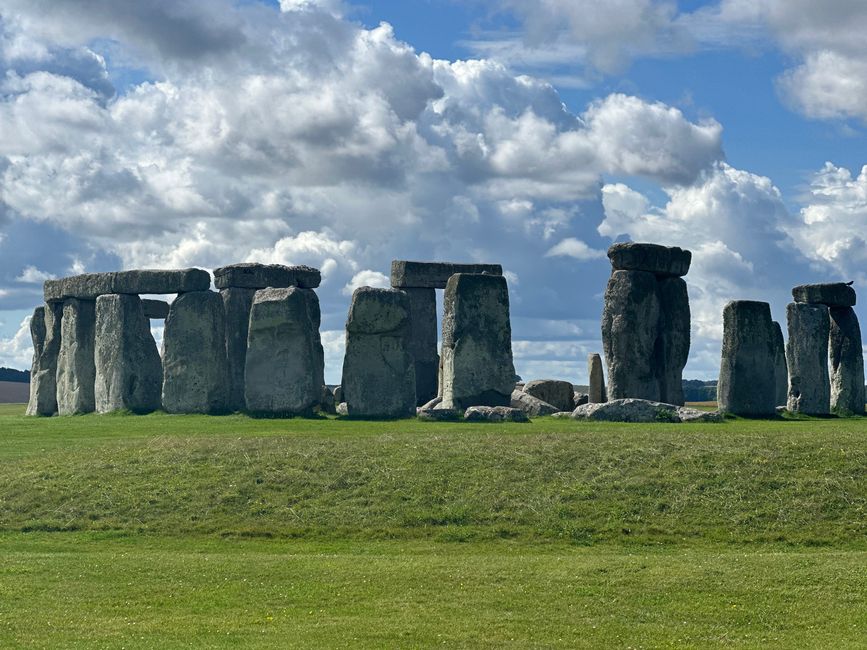
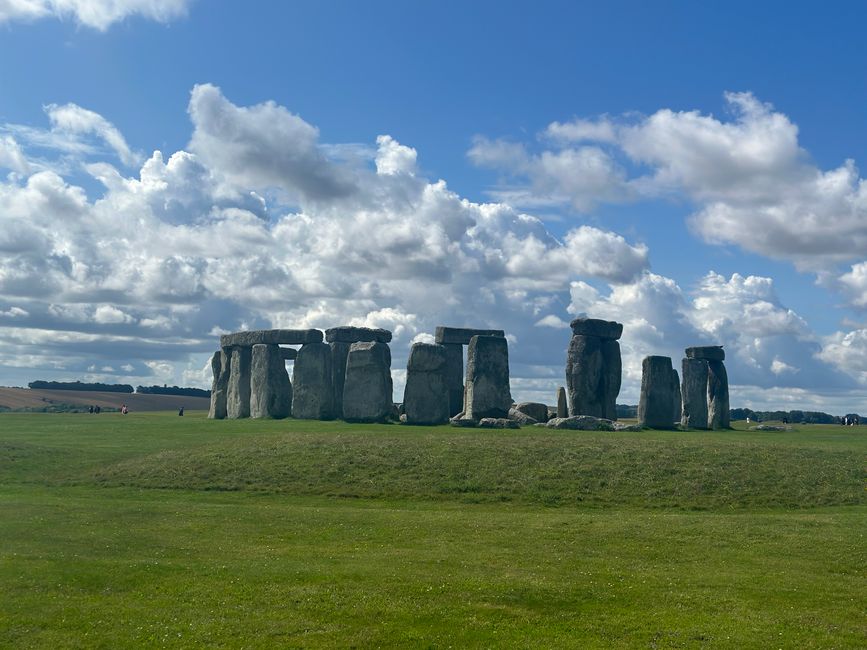
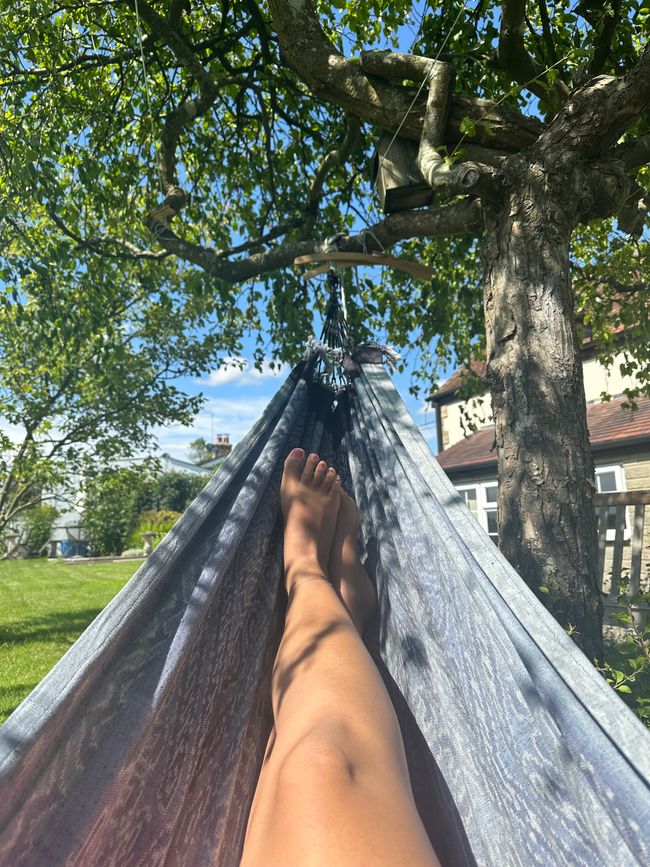
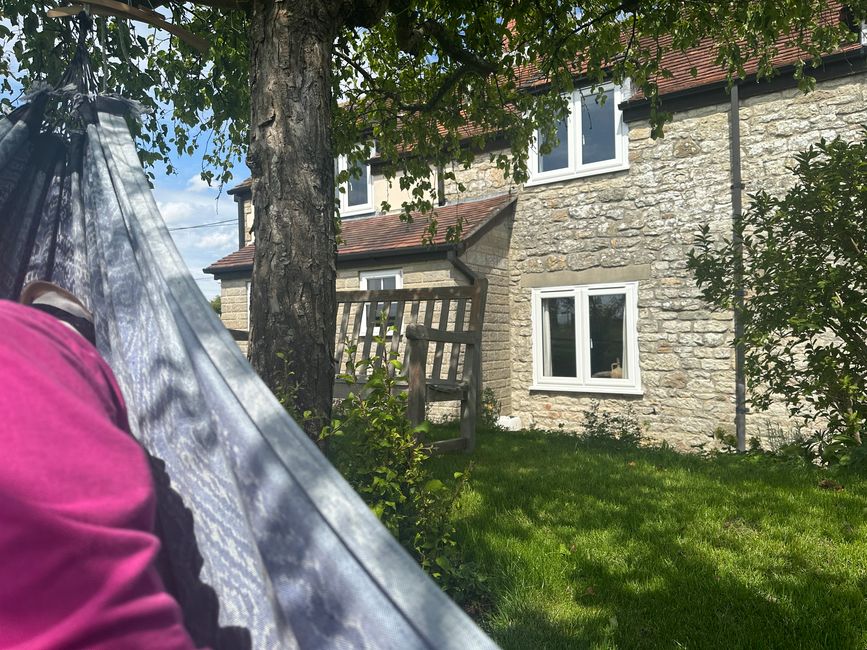
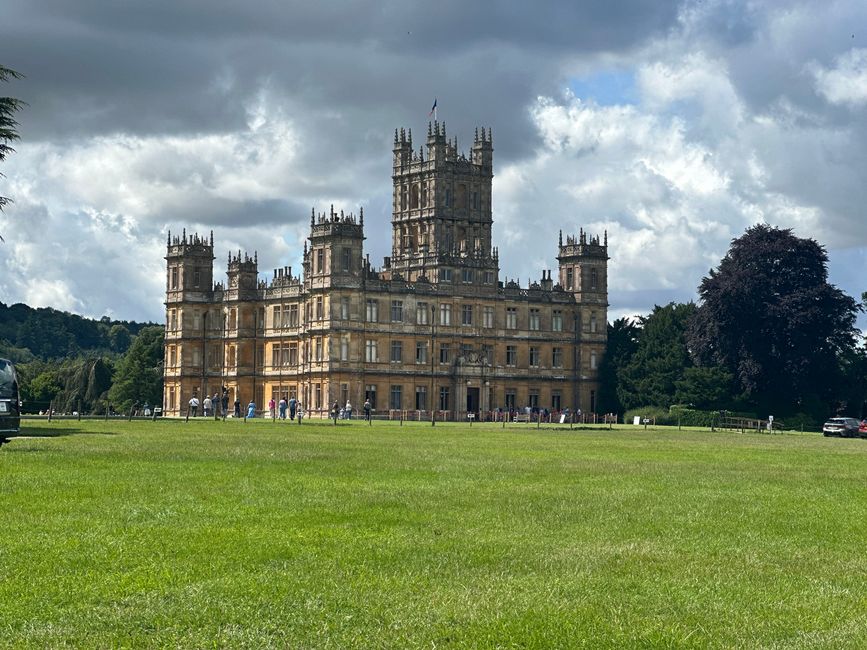
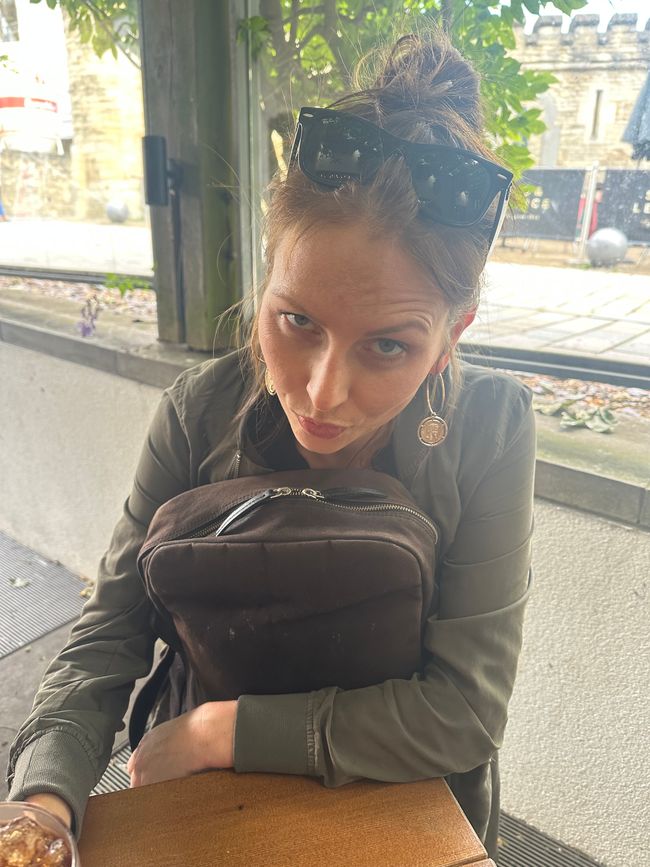
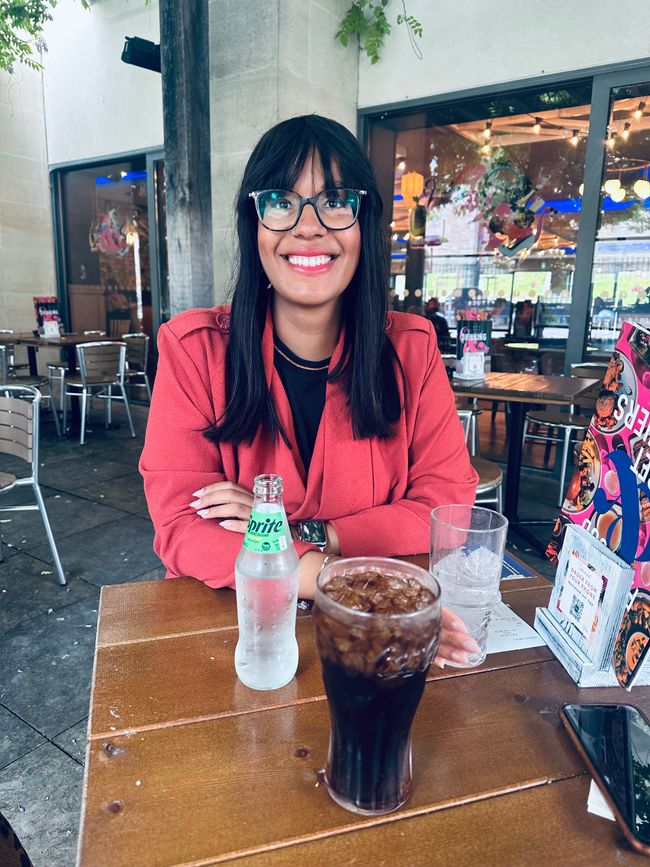
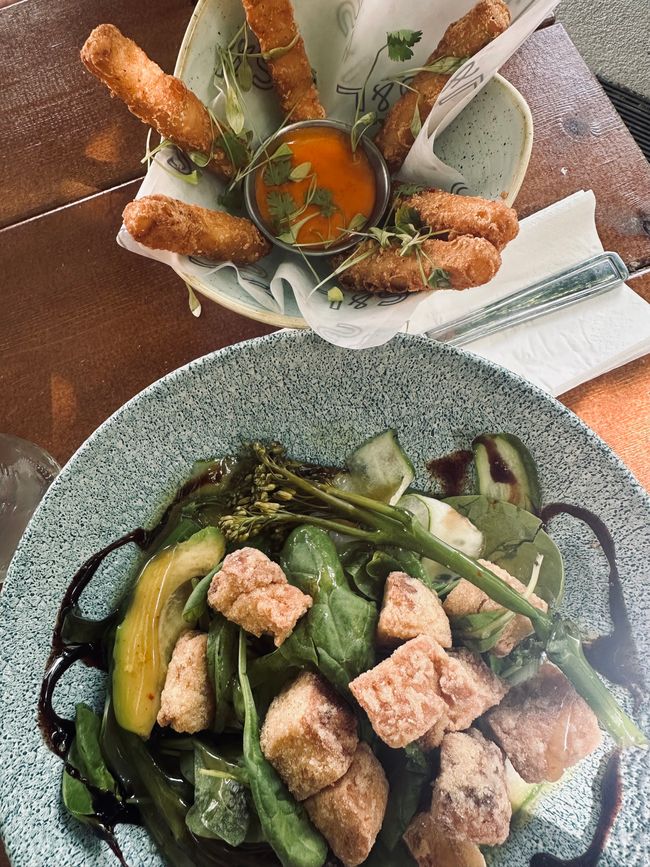
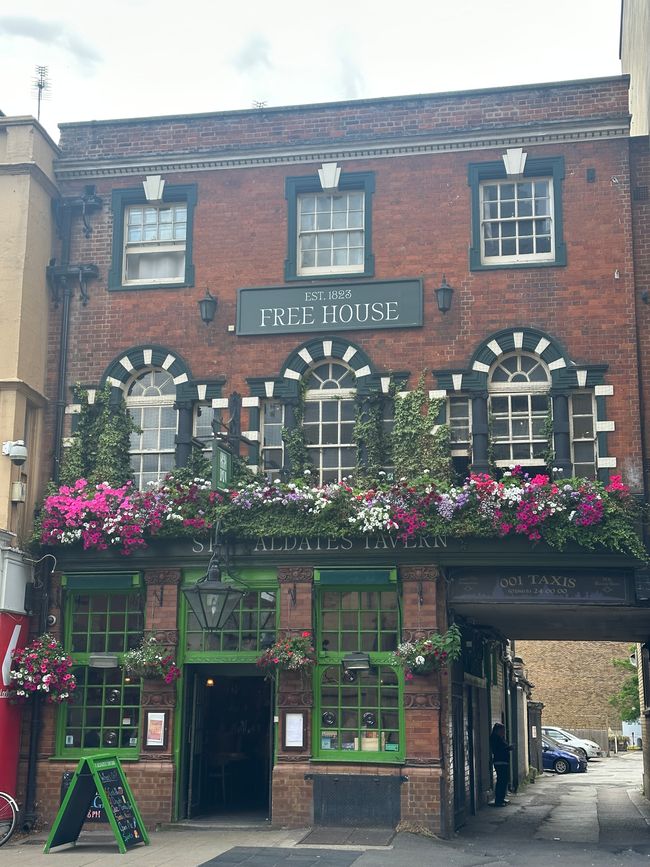
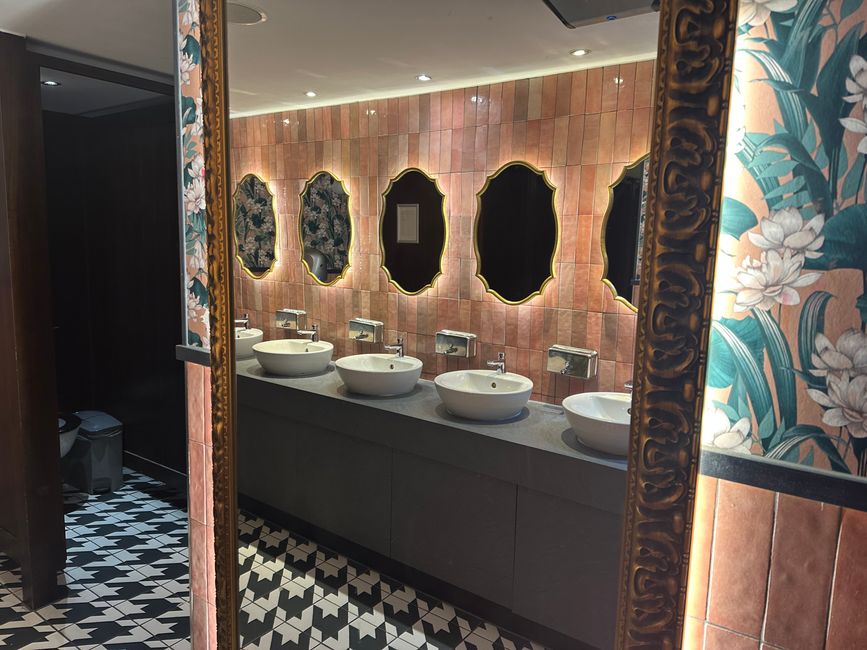
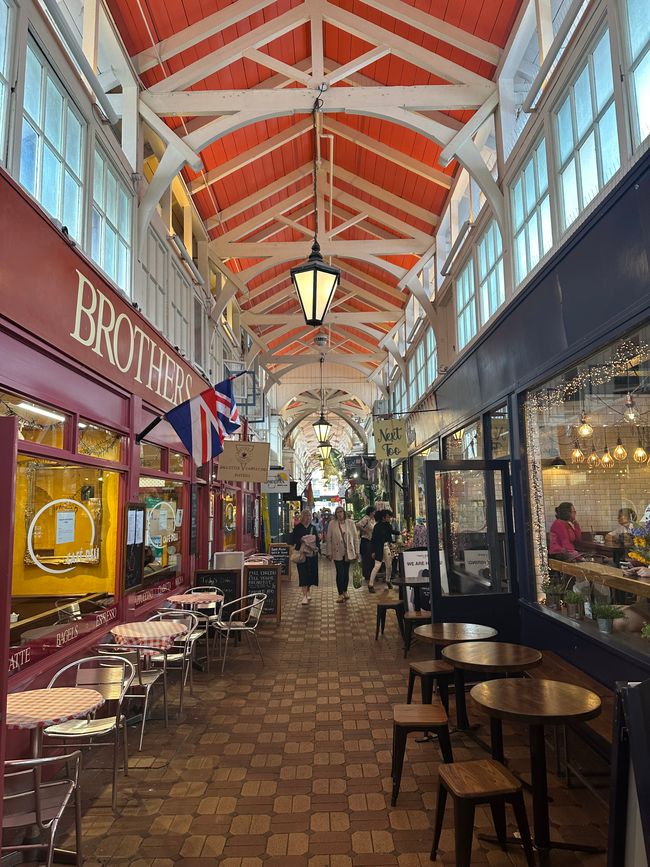
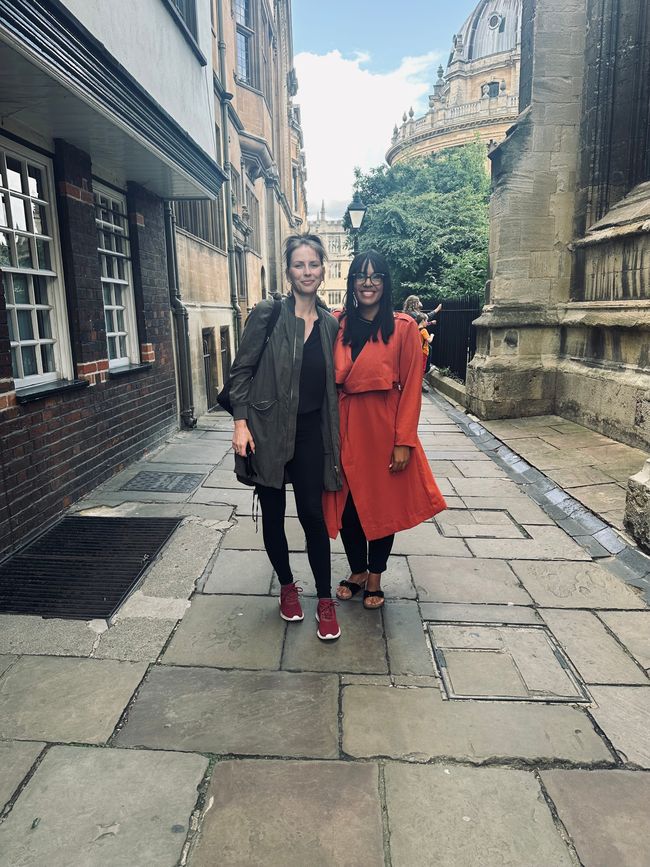
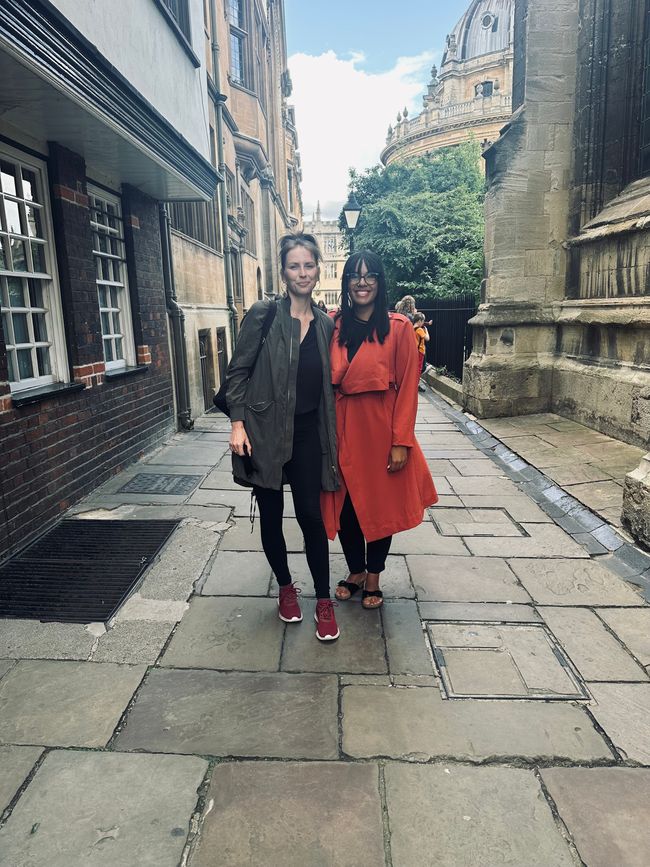
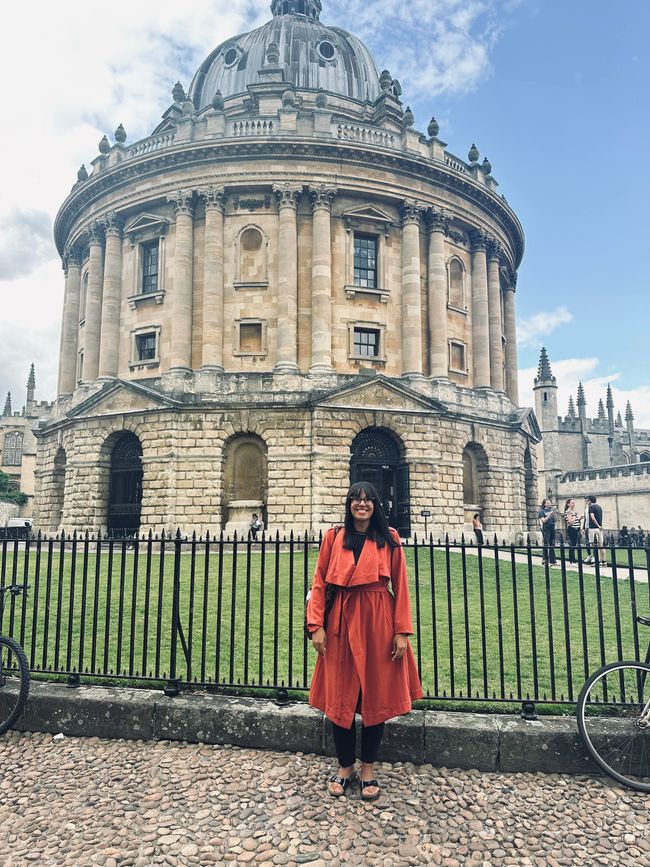
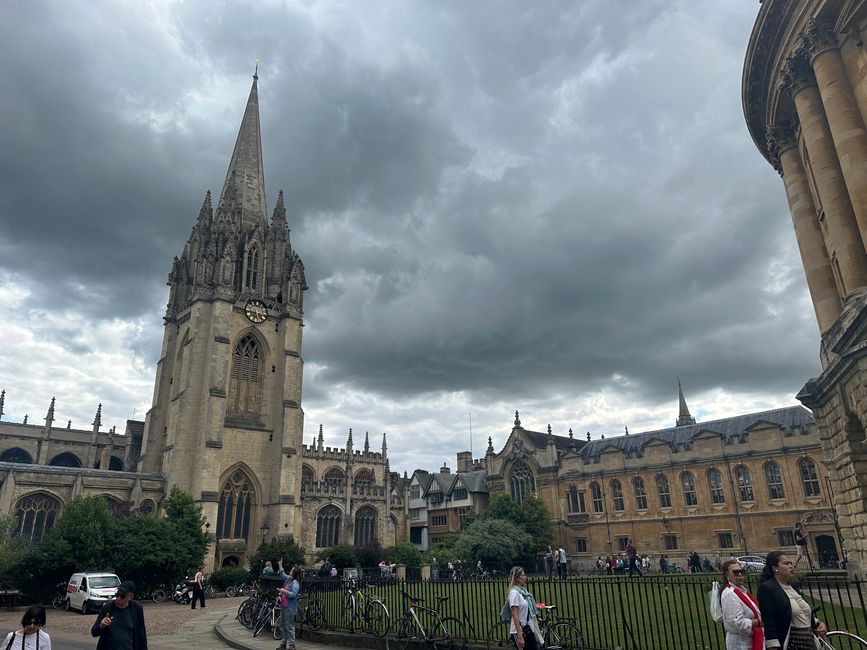
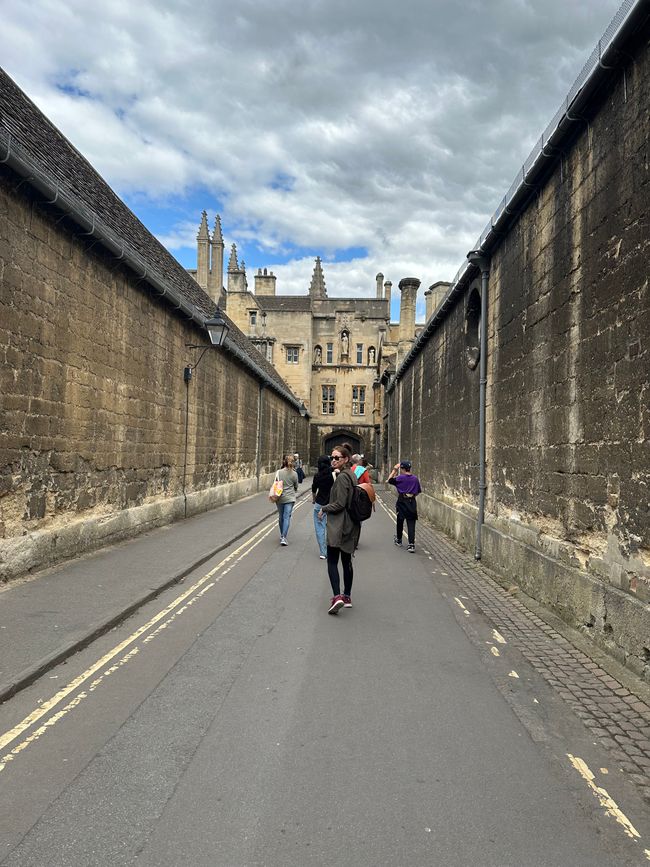
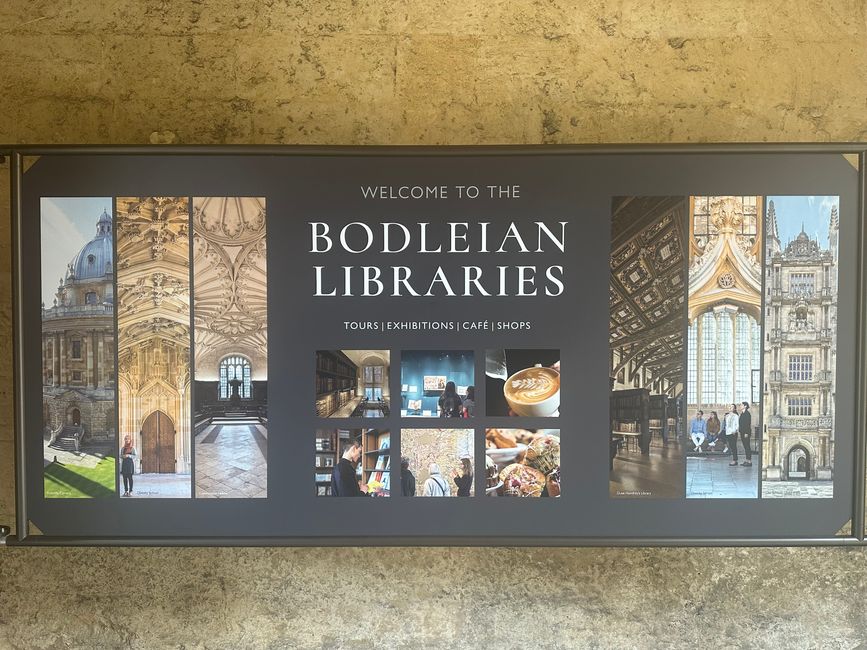
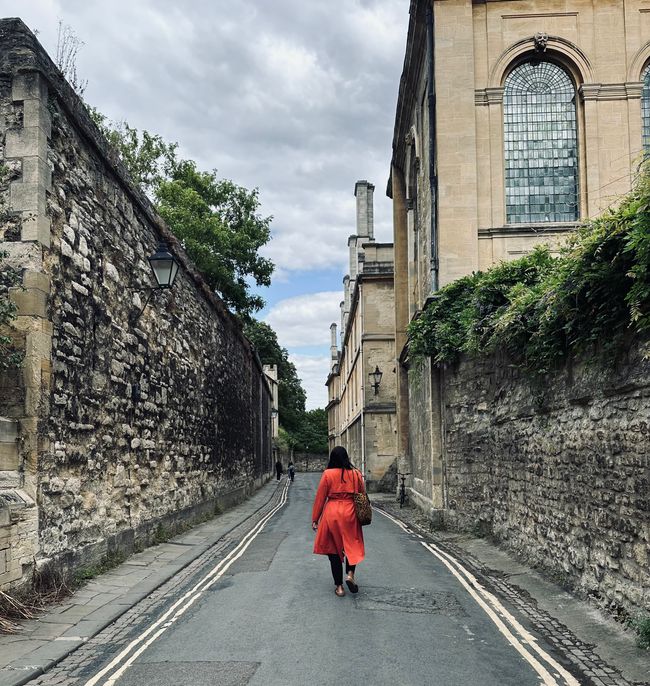
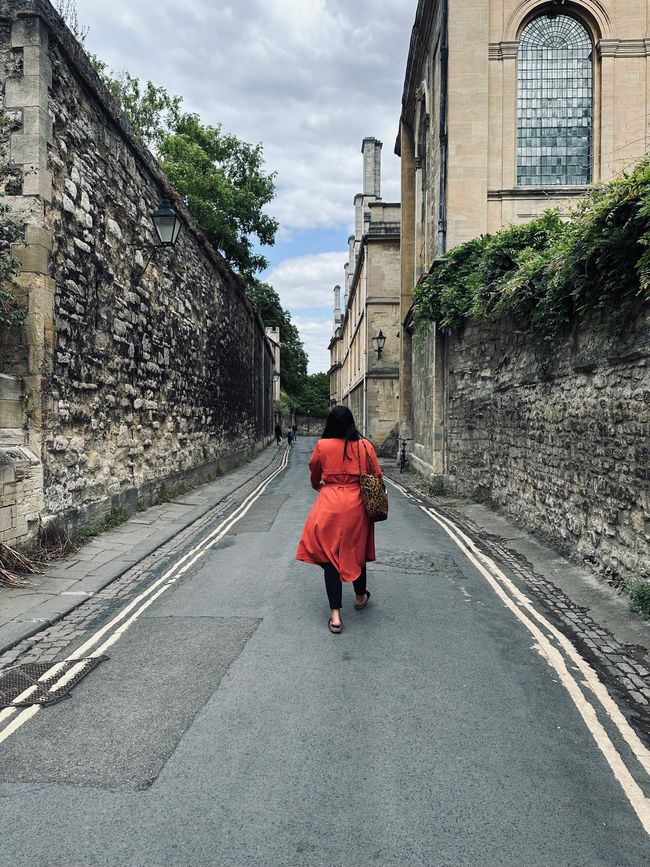
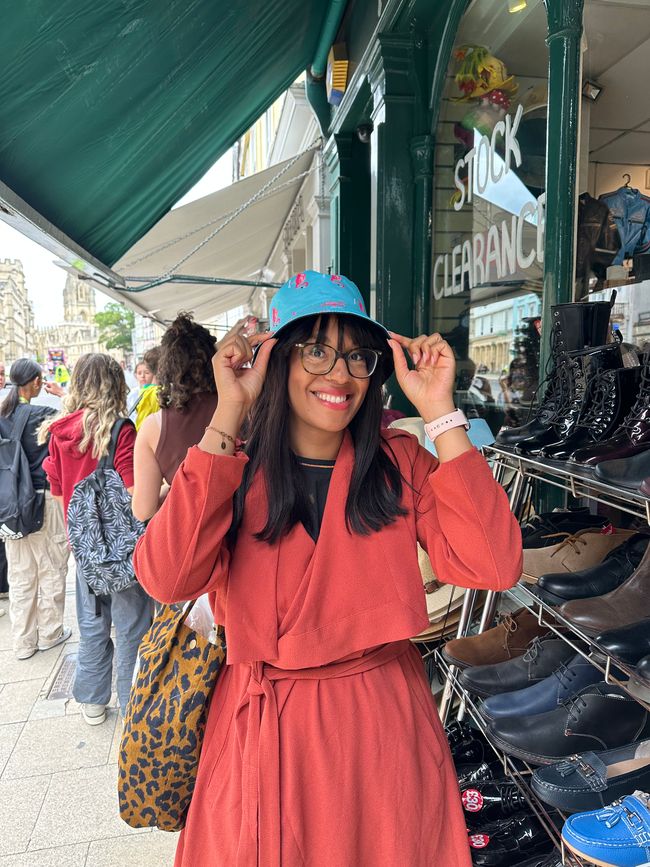
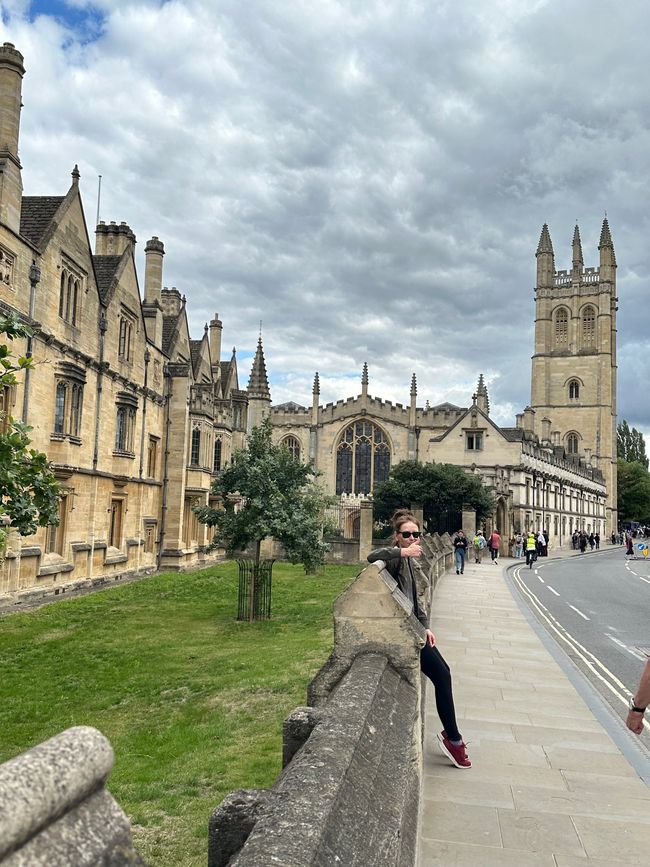
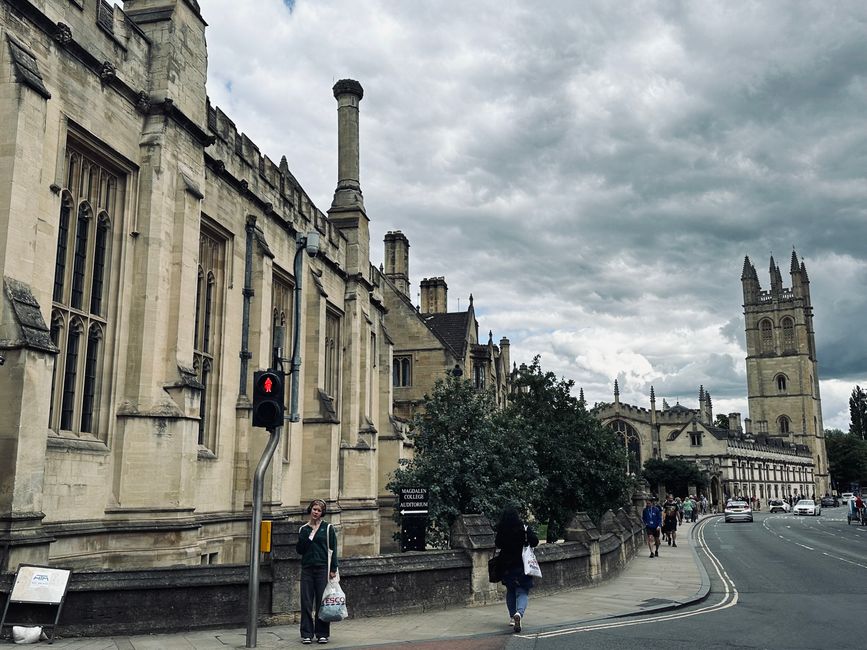
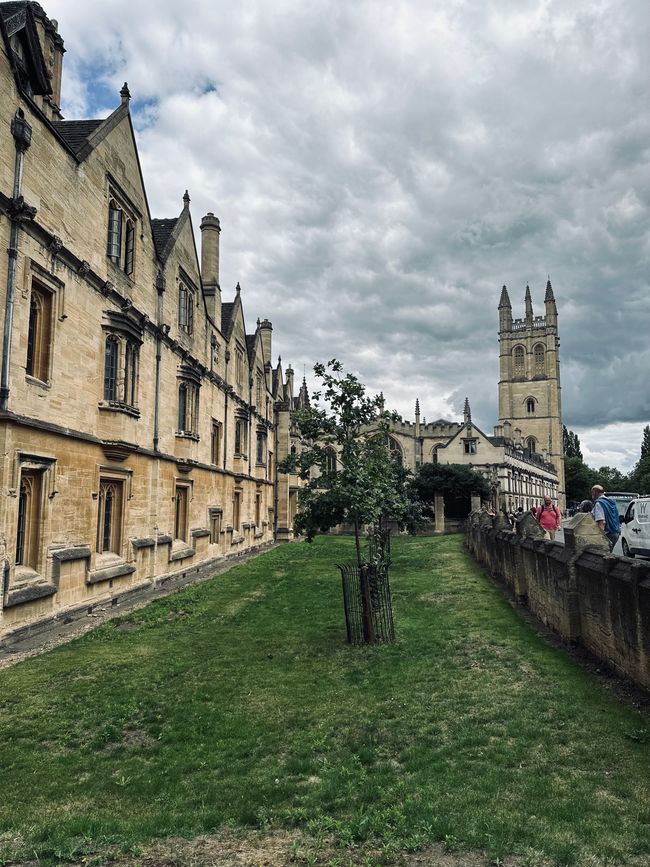
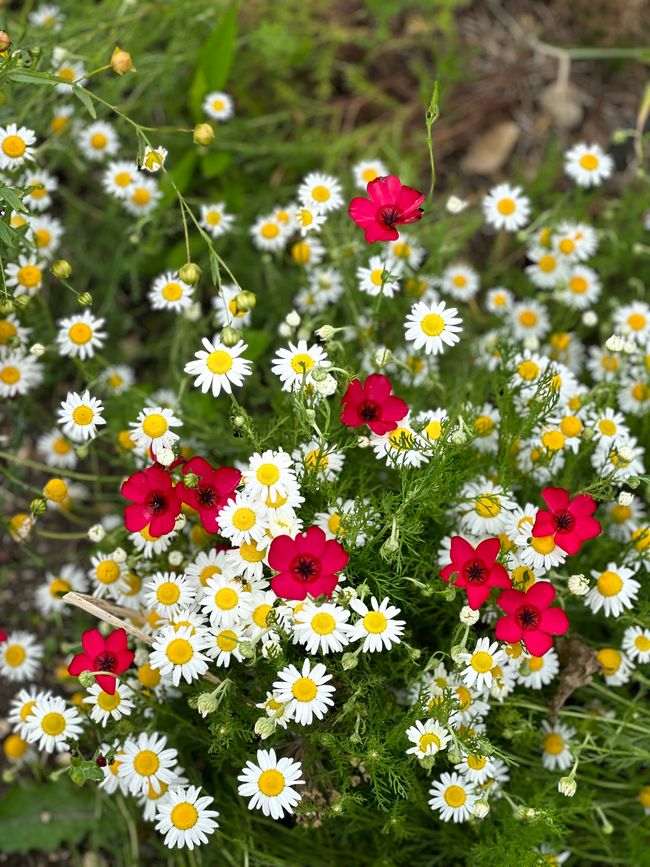
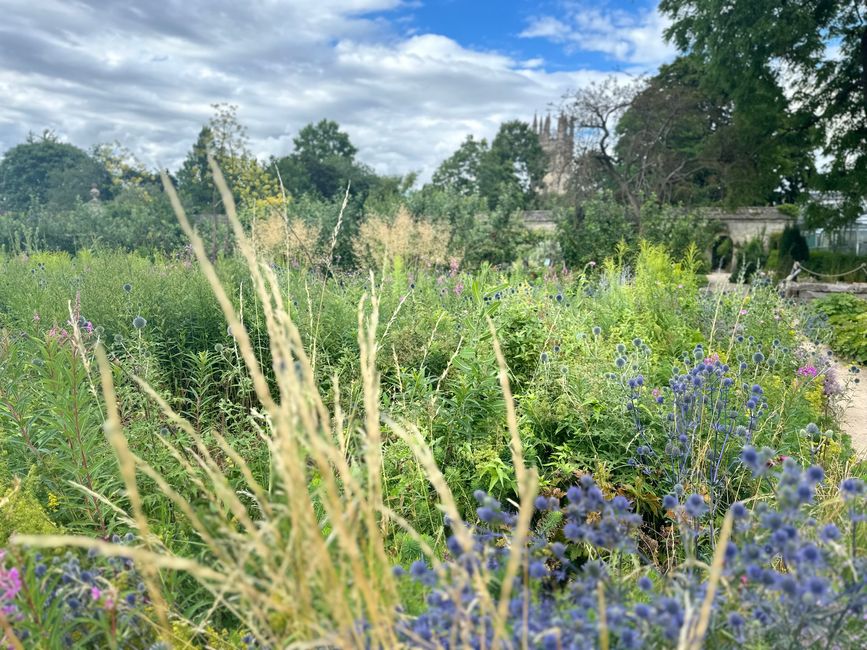
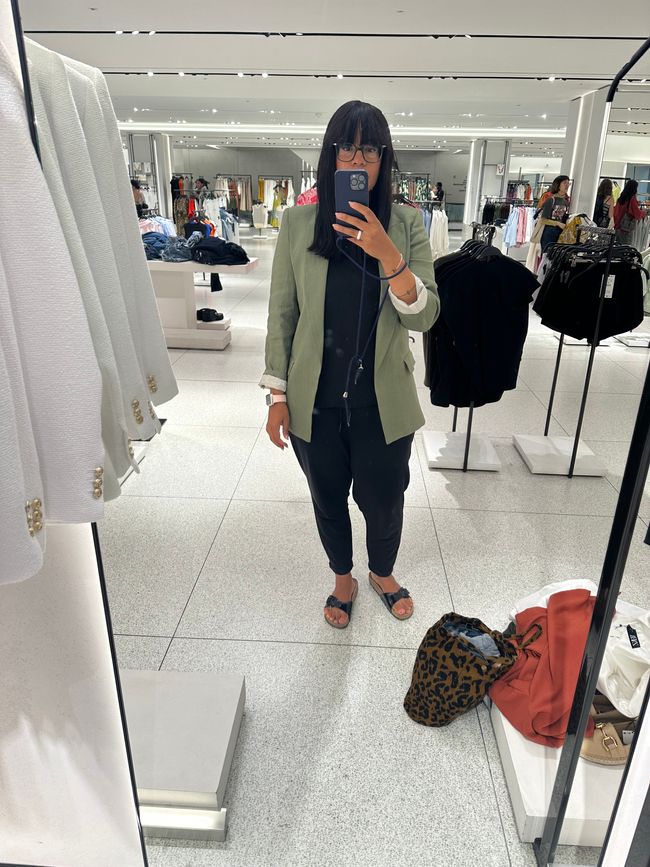
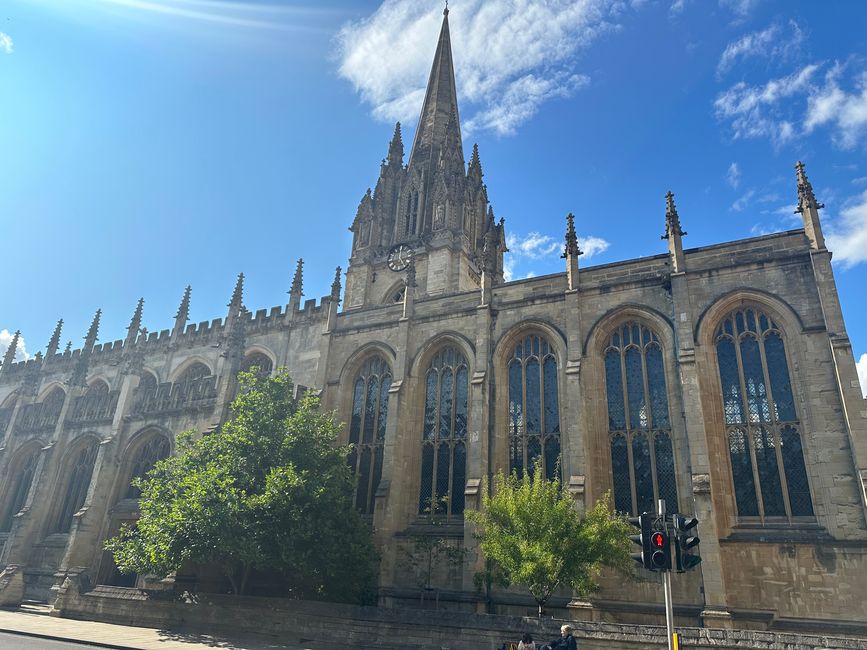
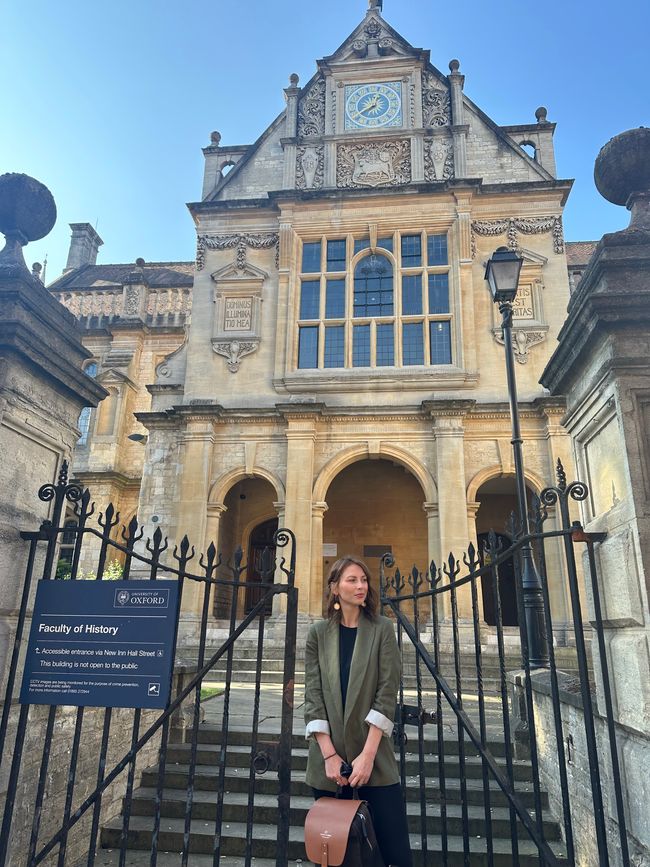
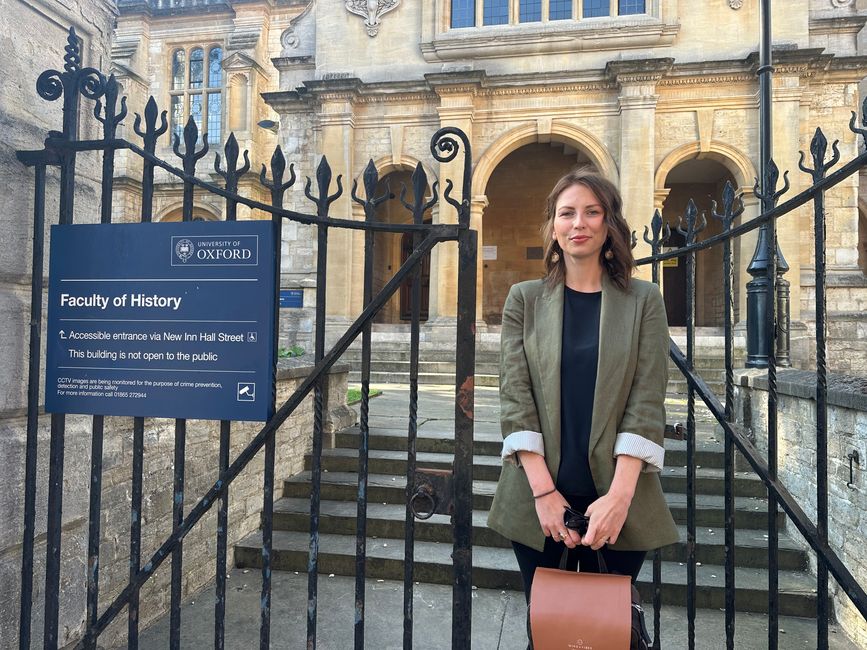
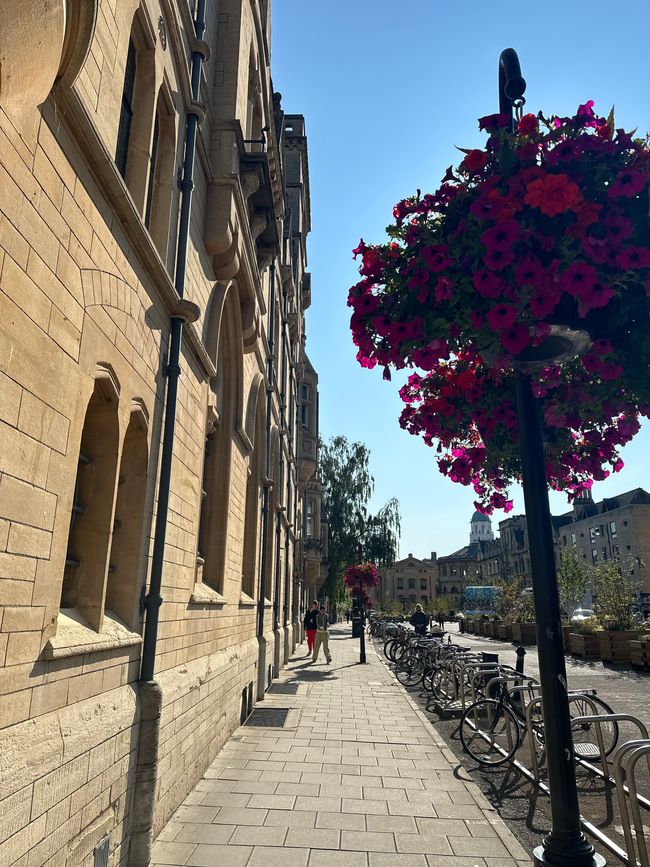
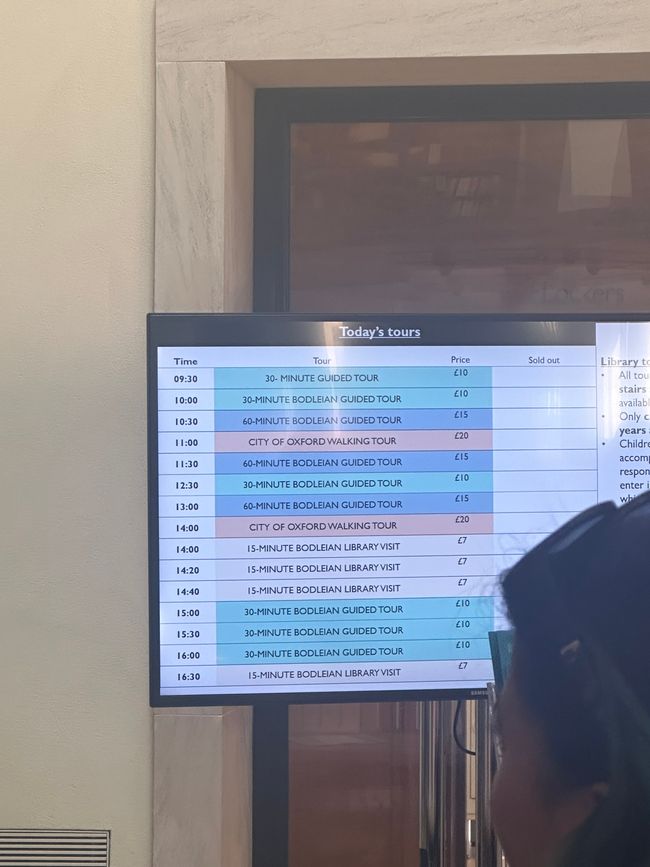
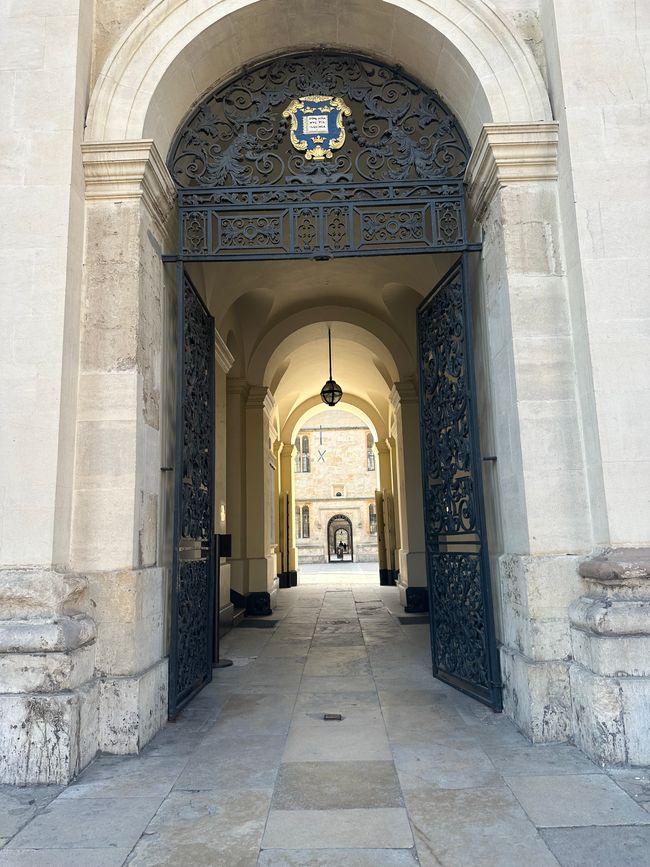
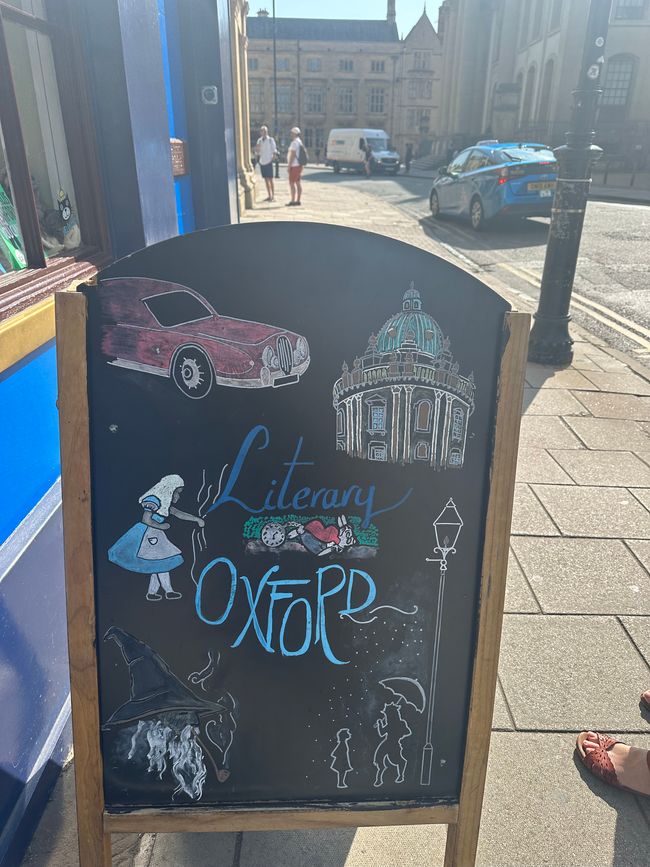
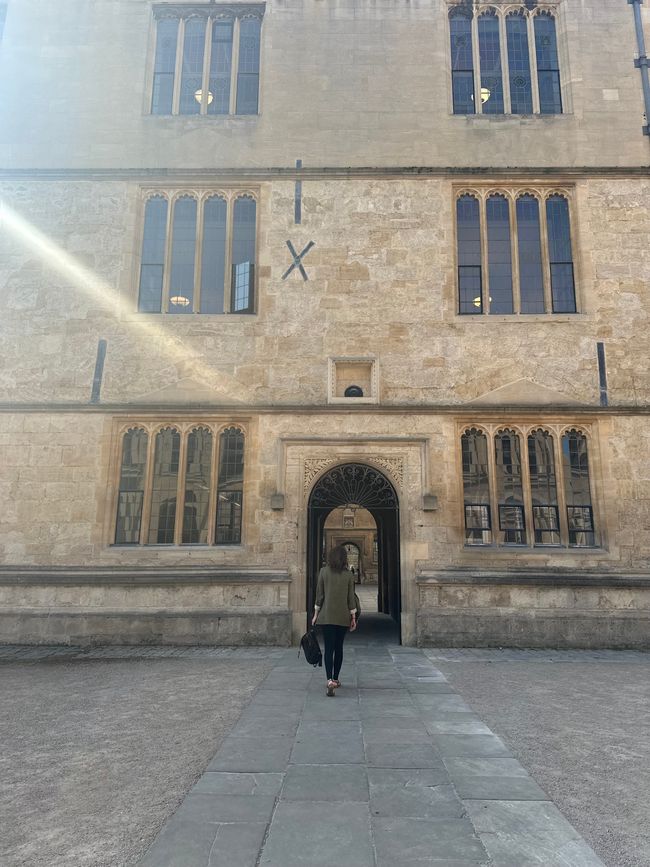
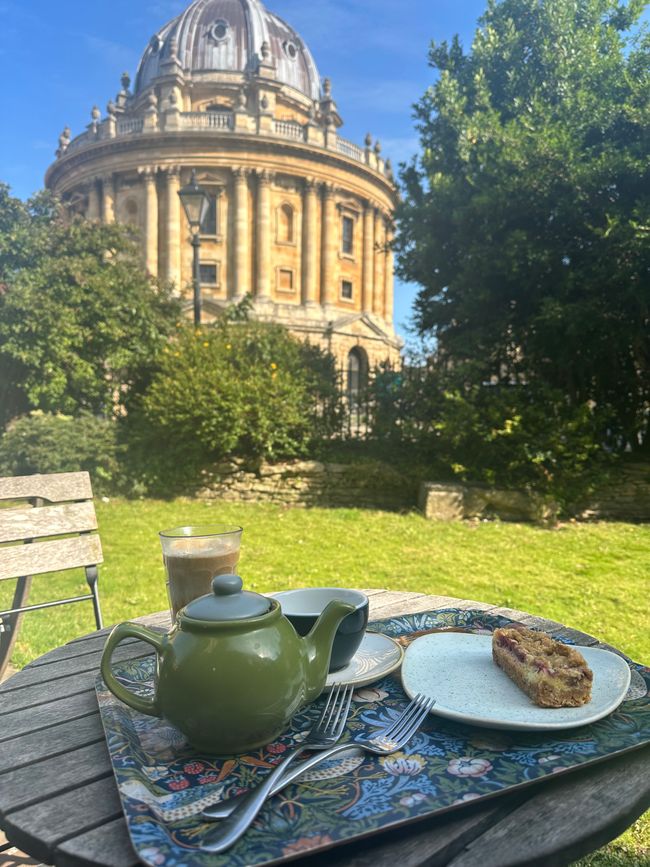
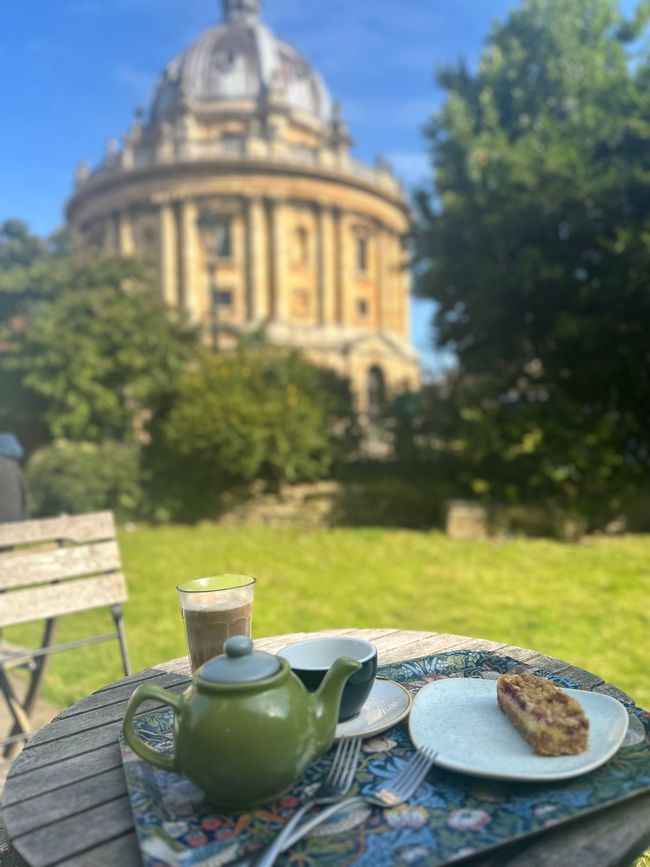
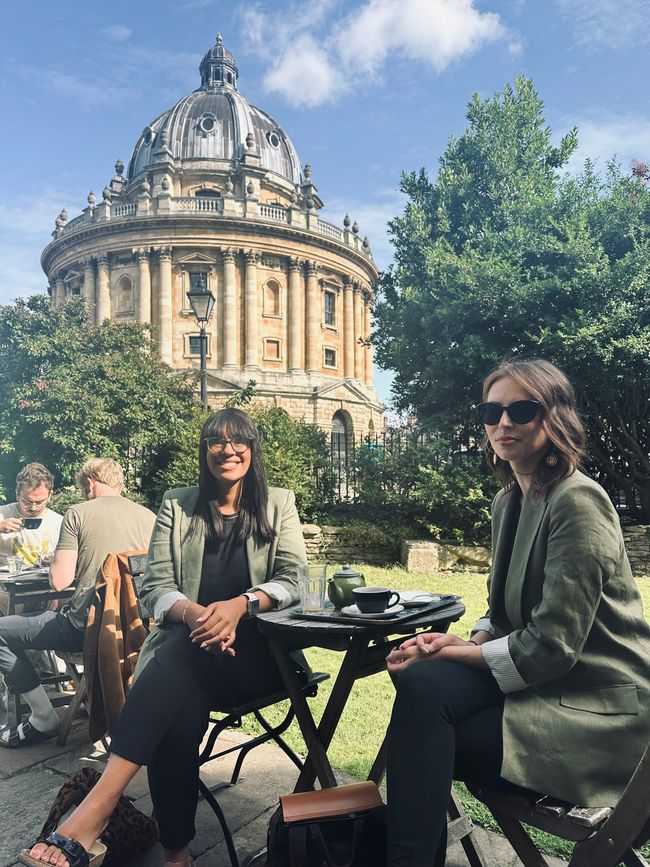
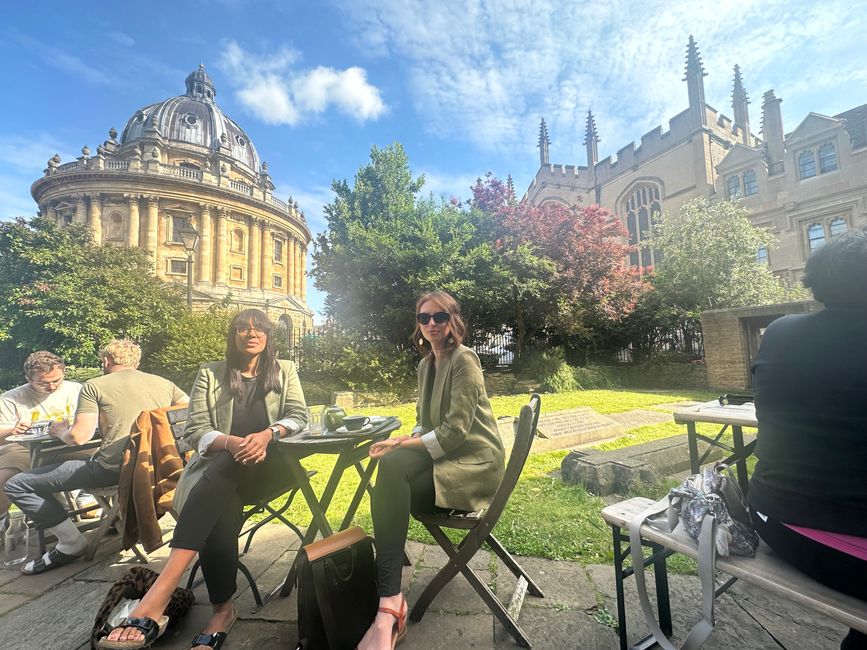
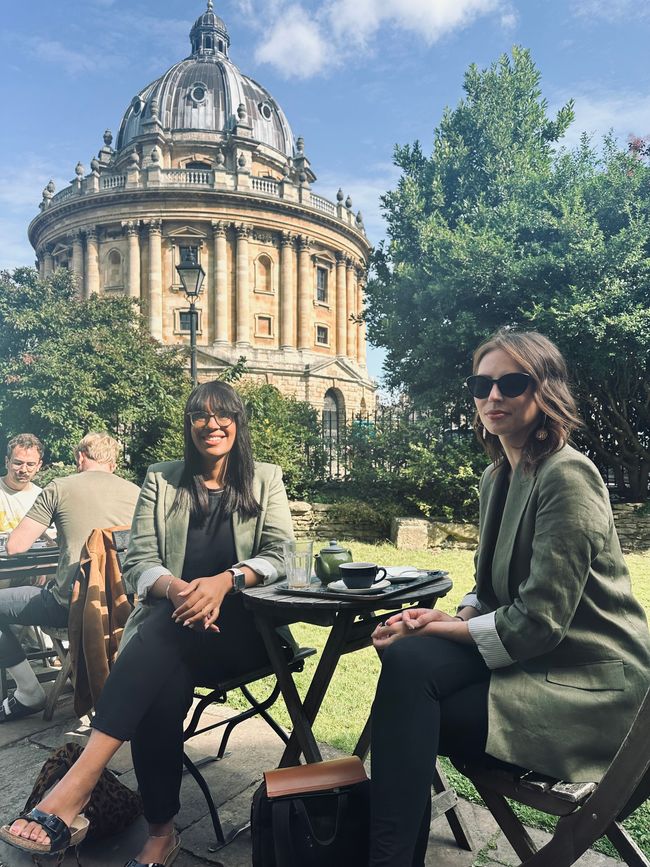
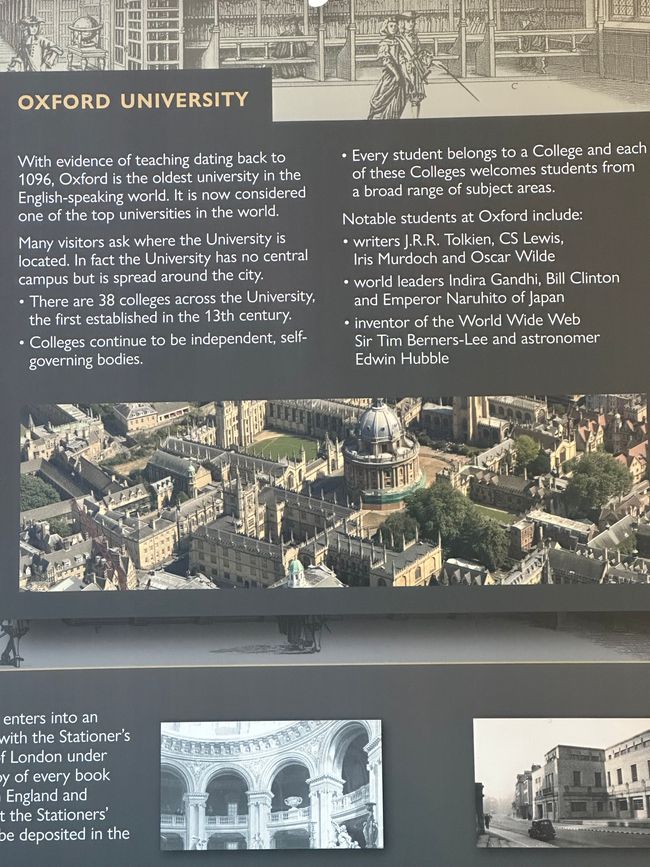
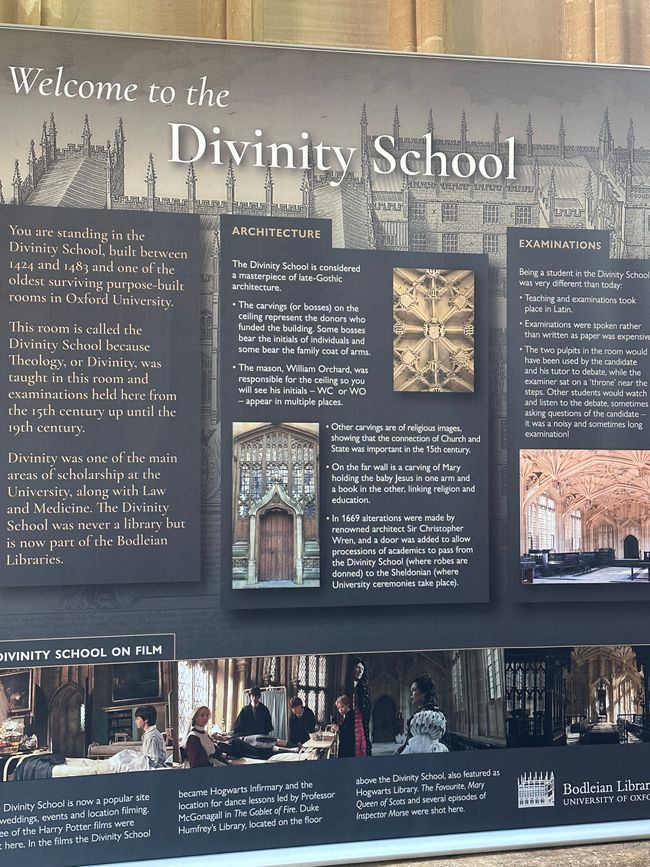
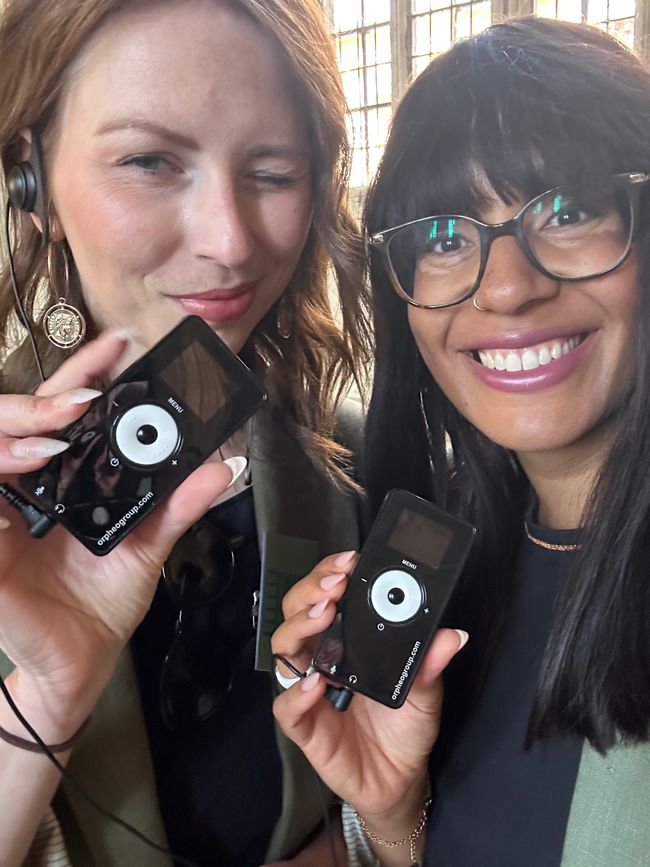
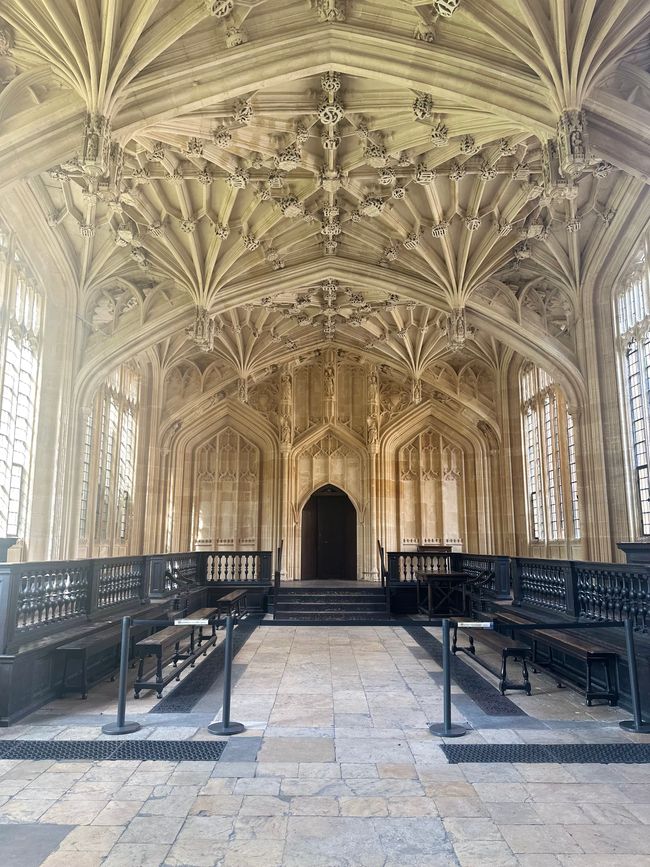
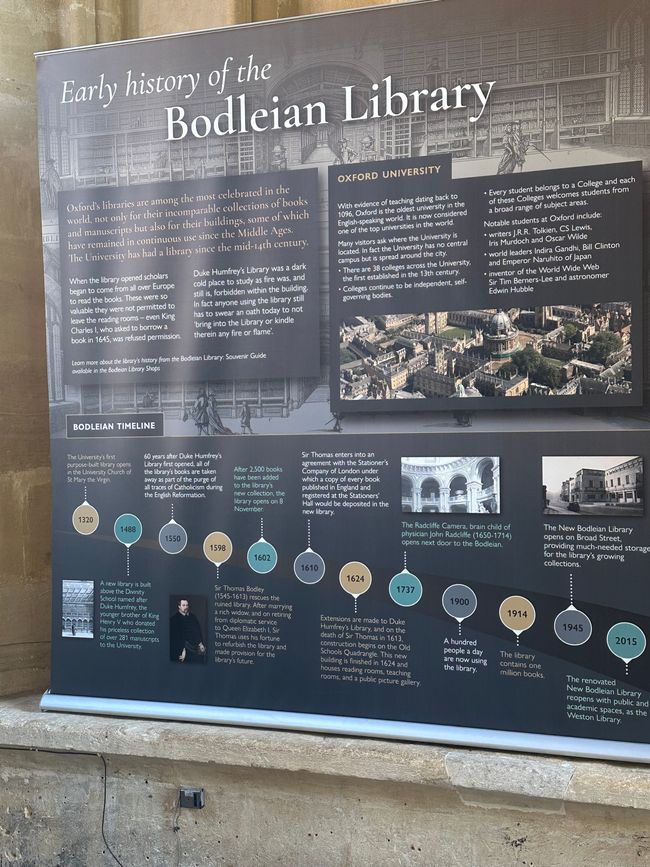
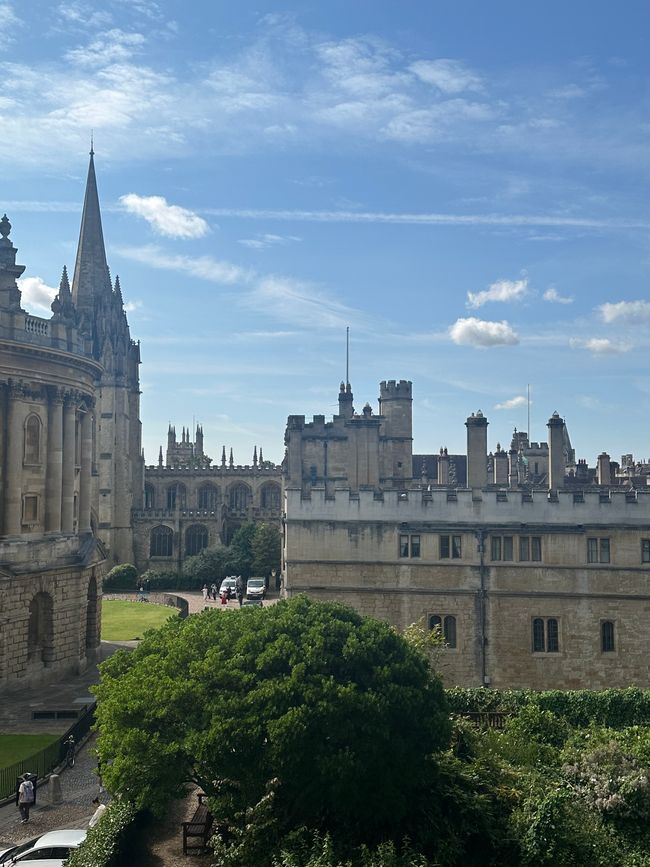
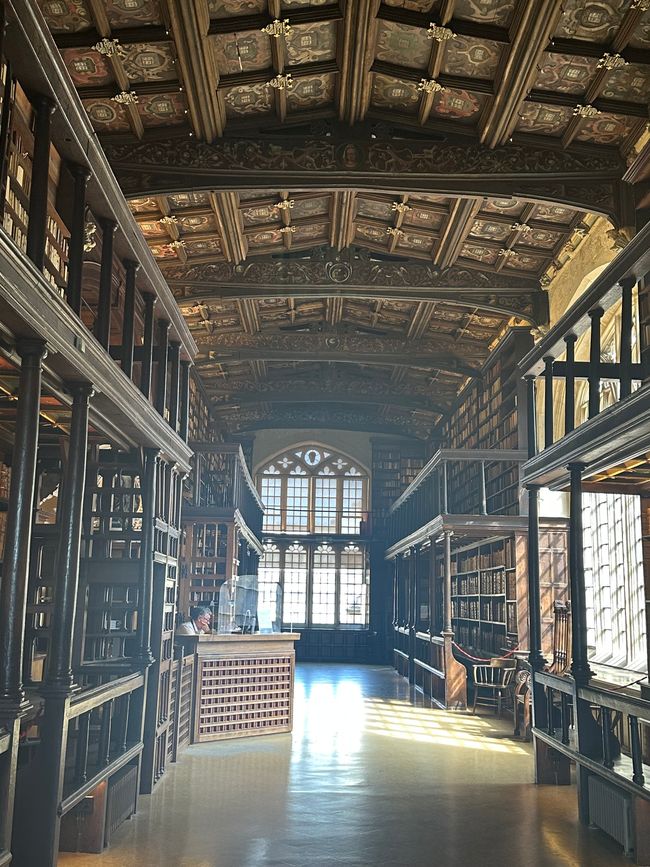
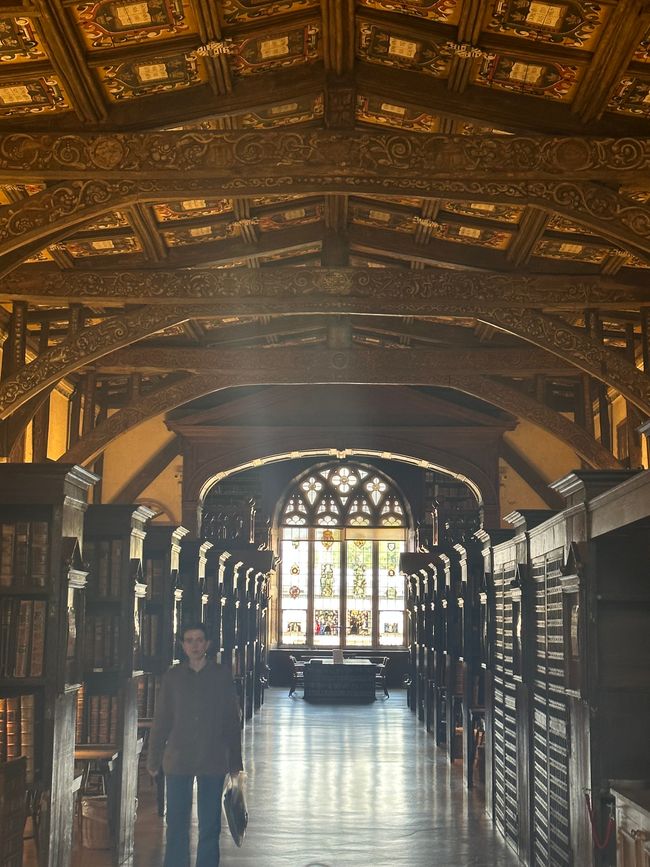
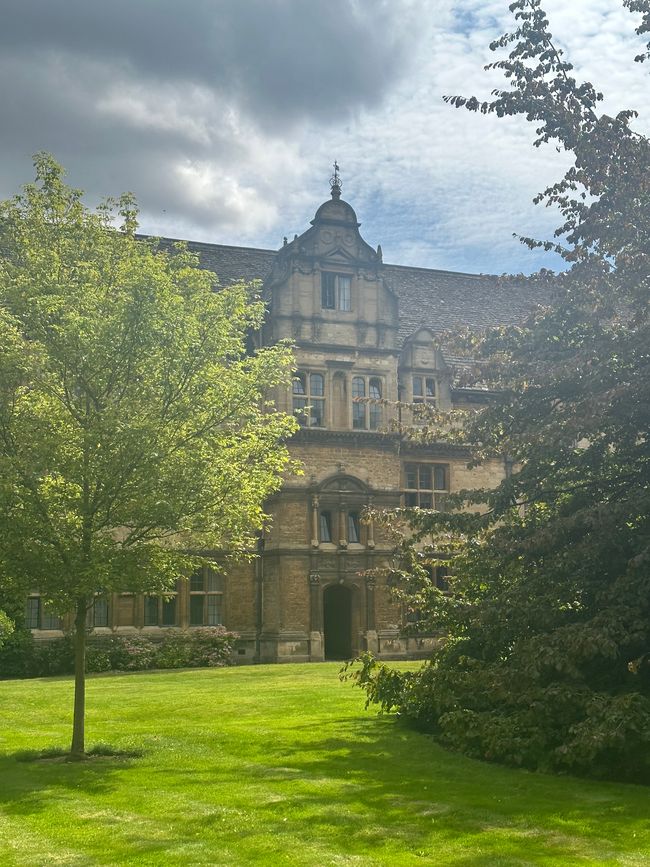
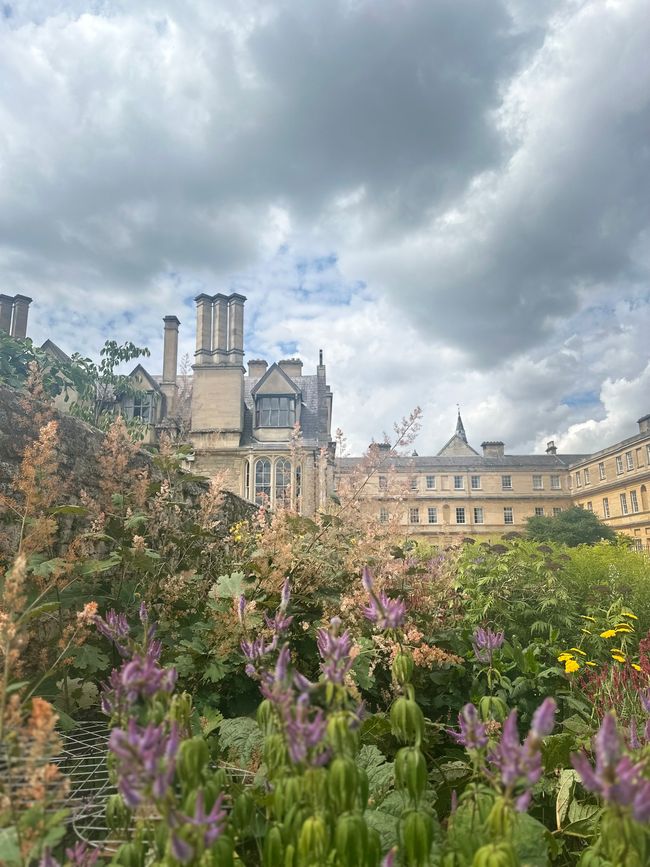
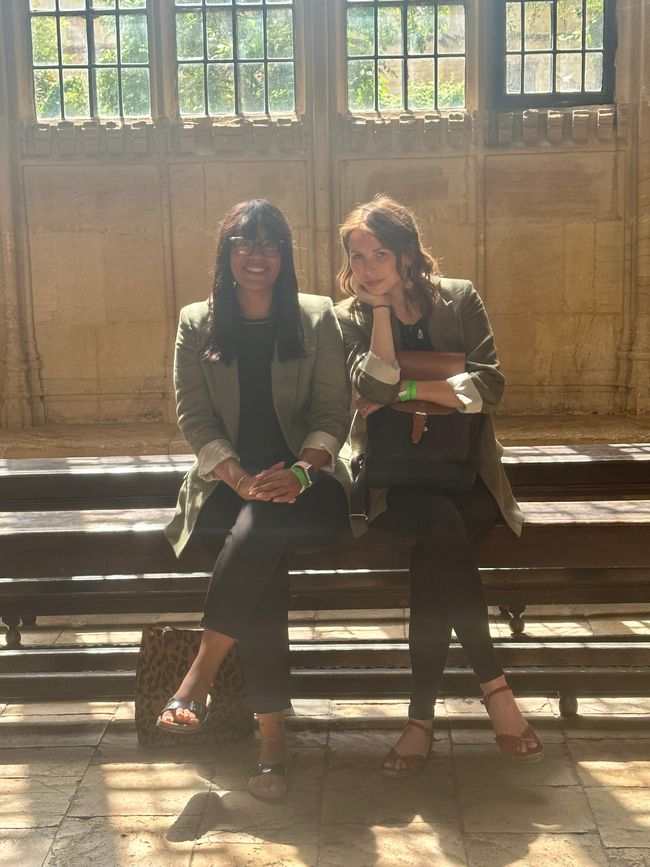
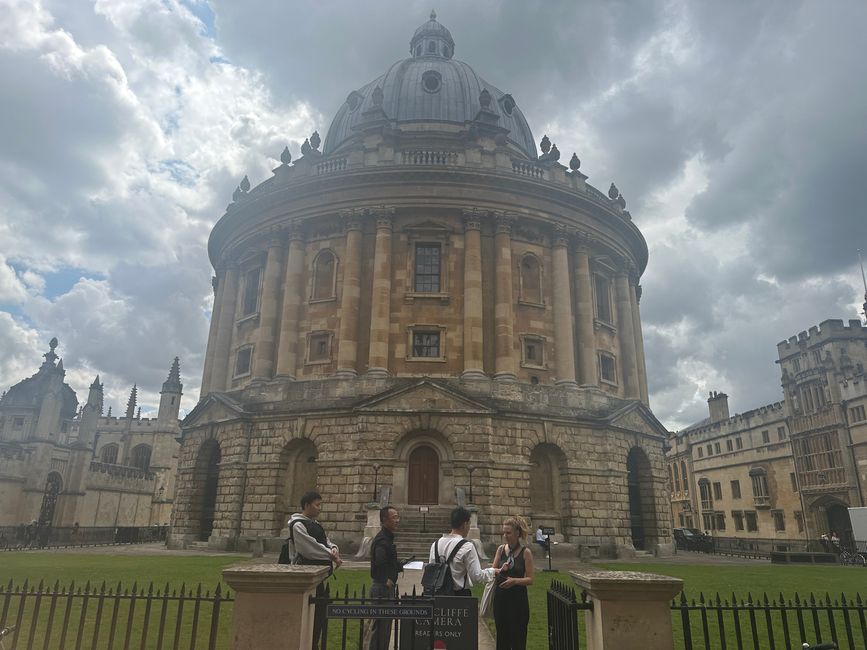
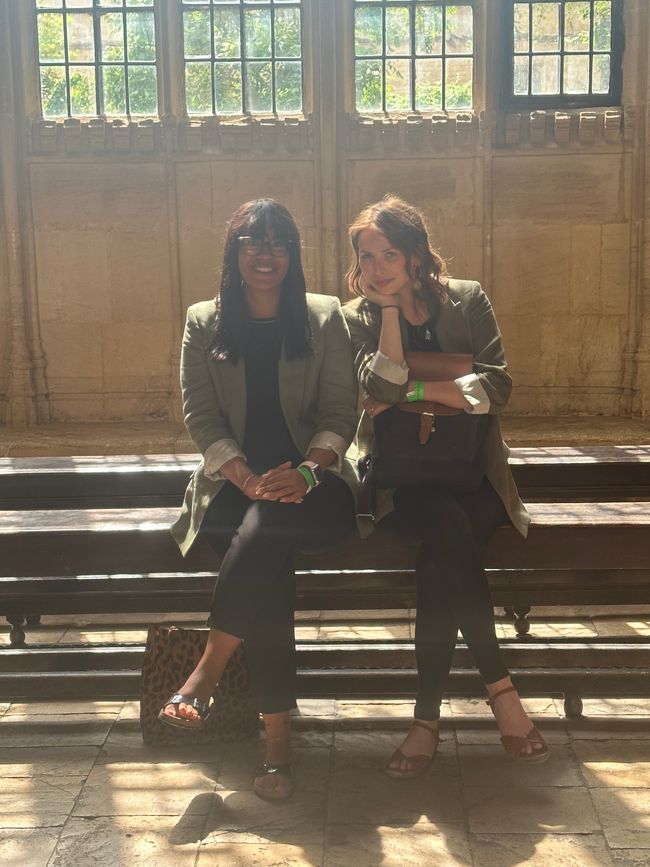
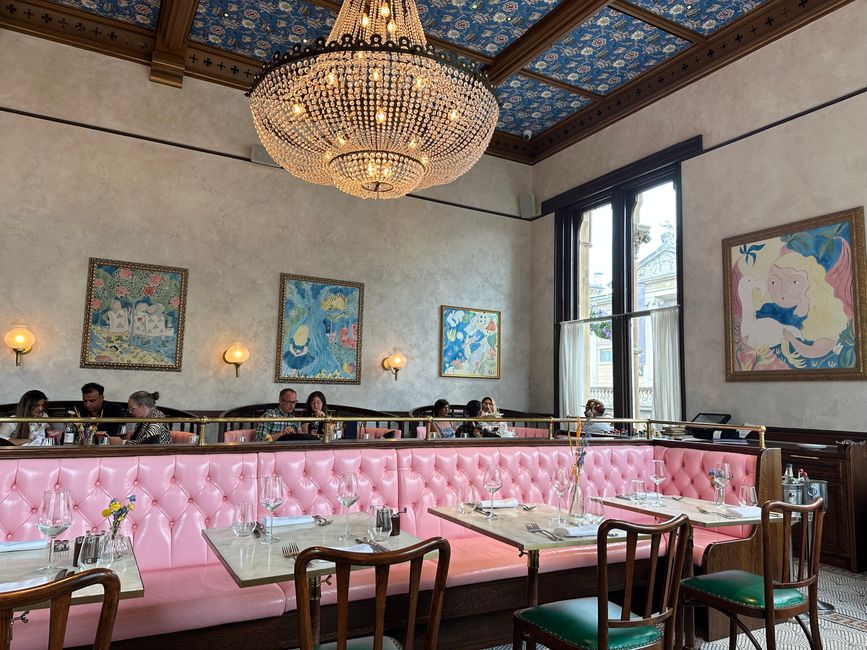
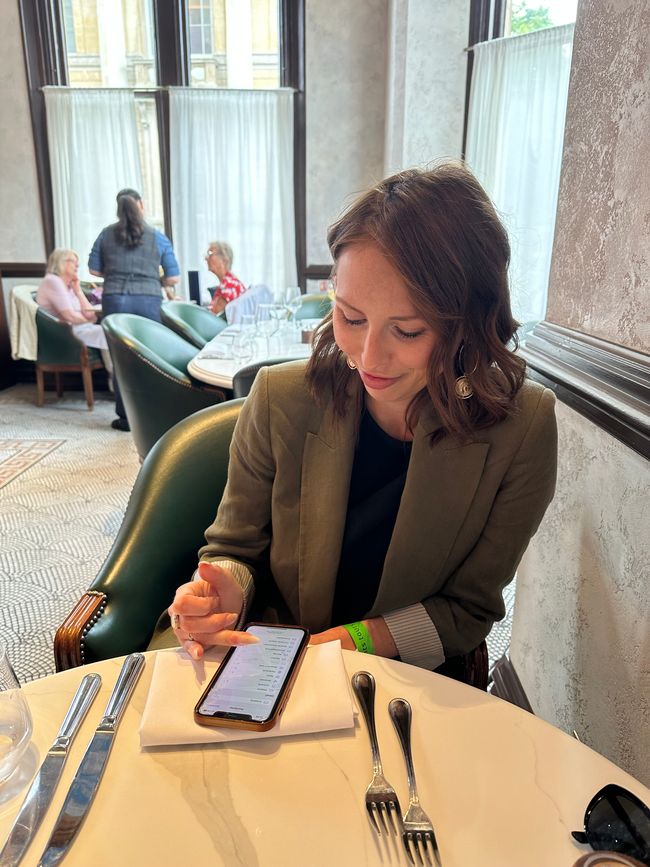
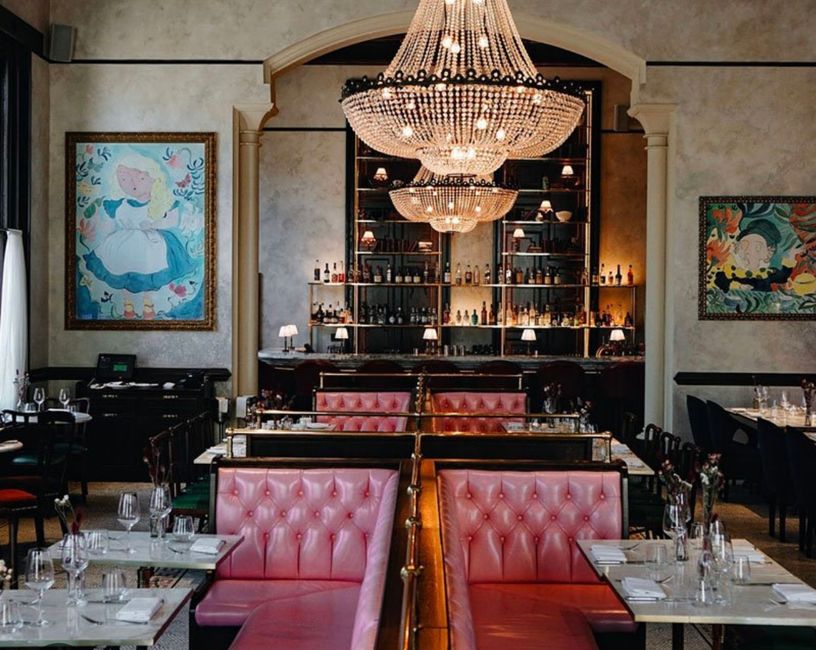
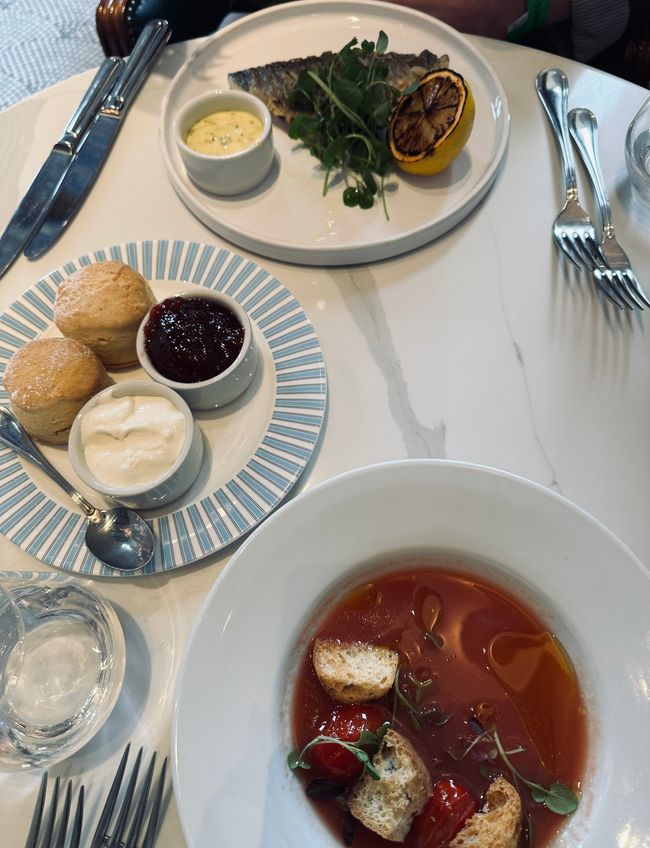
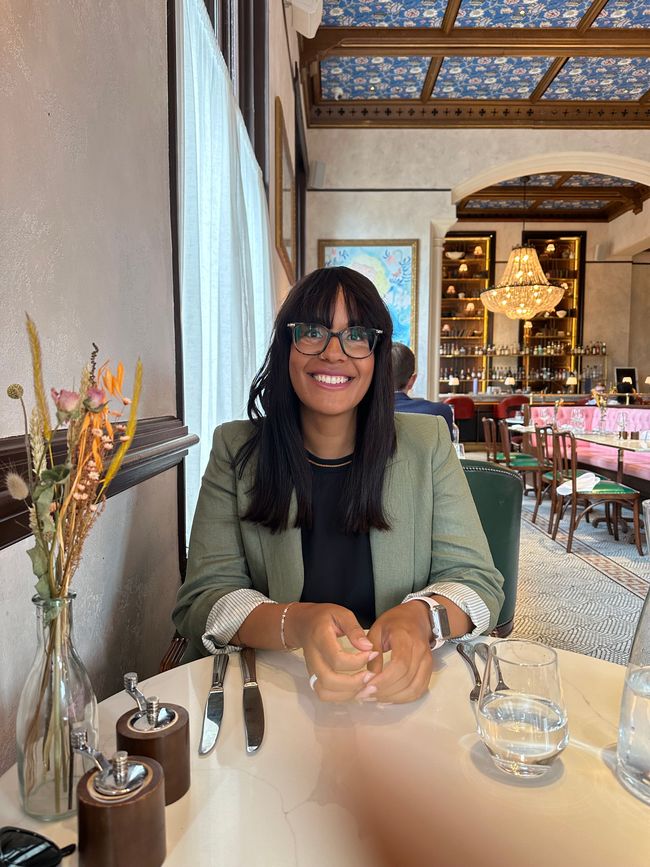
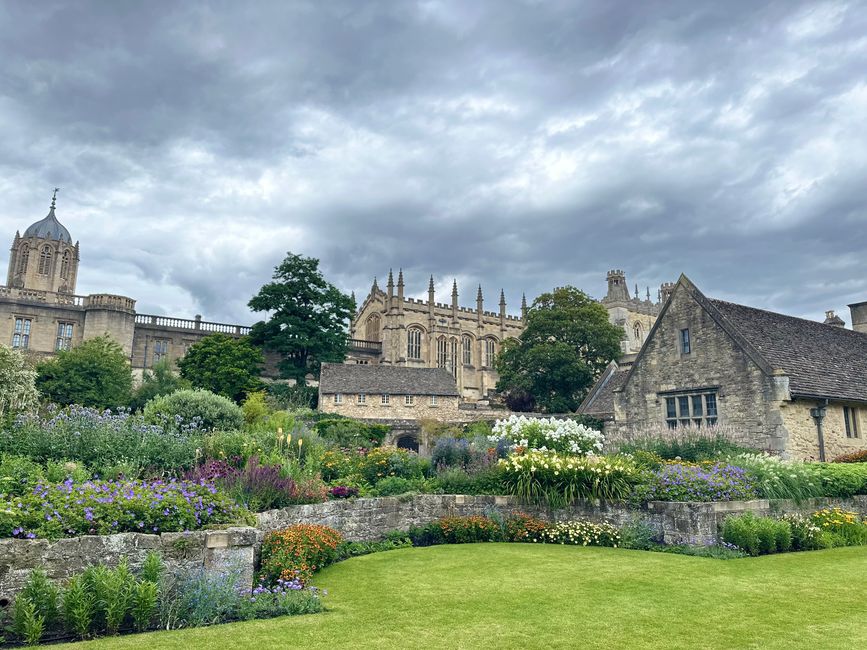
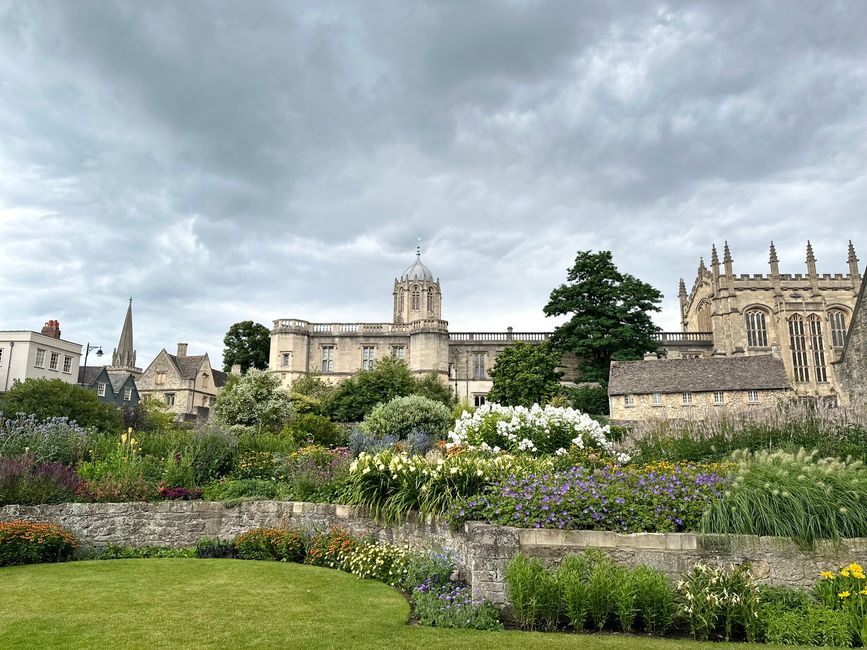
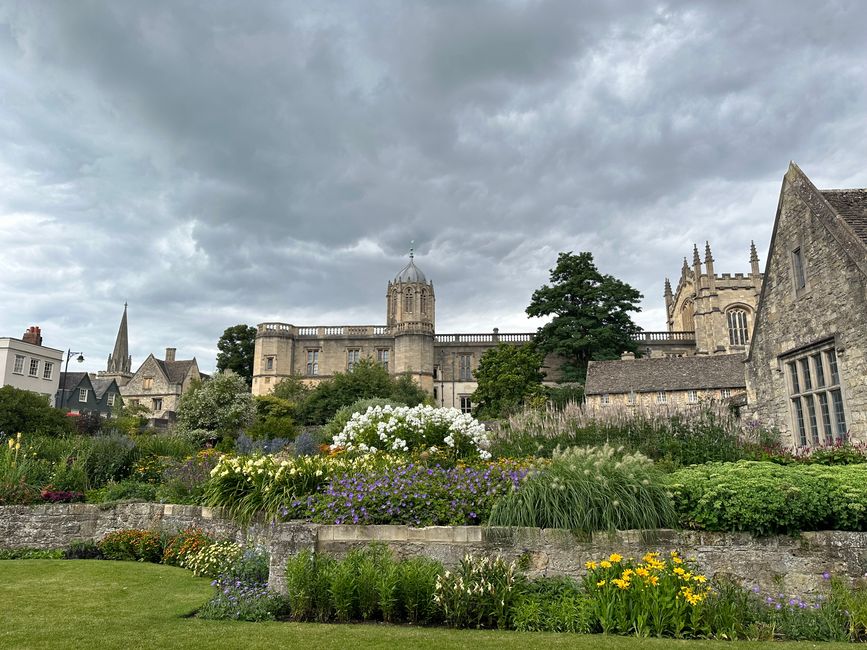
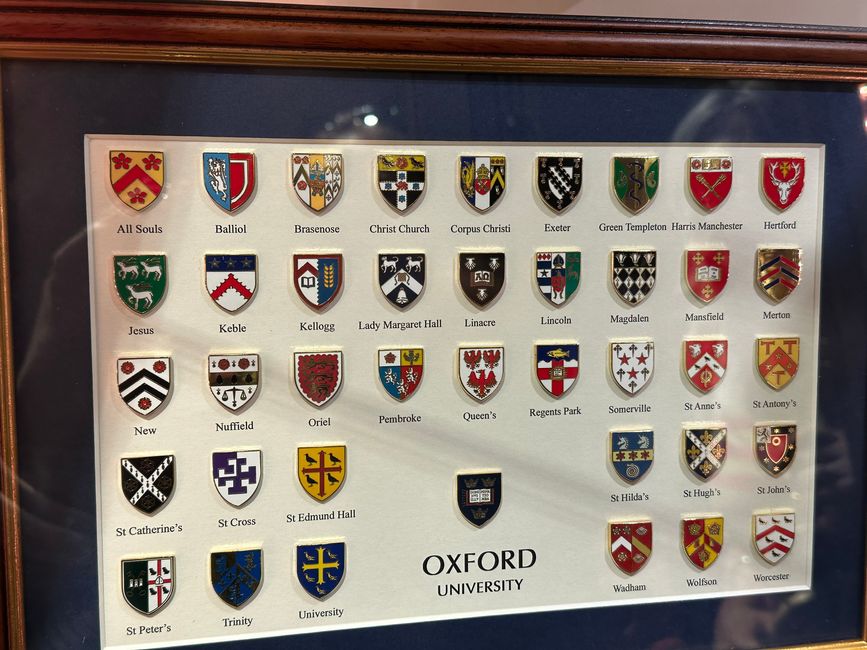
Subscribe to Newsletter
We arrive in Bath, and I have to say, I am worried about getting used to the weather - the cold. Somehow, on the first evening, I feel quite depressed, now that I have to spend the next 10 days in England with this weather. But the great food on the first evening and our beautiful room brighten up my mood.
On the first day, we go to Bath. We quickly find a free parking spot and stroll to our meeting point for the walking tour. Phine and I are fascinated by Bath from the very first moment... and the sun is shining.
Nestled in the gentle hills of southwestern England, Bath was already known to the Romans. Here, they could relax in the natural thermal springs. The remnants of this time are still among the most famous sights in the city, along with the still gushing thermal water. Bath is not directly located by the sea, but not far away either. It is about 20 kilometers to the port city of Bristol. The two cities are also connected by the River Avon. With the Kennet and Avon Canal, there is even a waterway to the Thames and thus a direct connection to London.
Picturesquely nestled in the Cotswolds hills, the city of Bath shines in honey yellow. Many of the historical buildings are made of the yellowish shimmering Bath Stone that is quarried in the vicinity. Although the only hot springs in England were probably known even before the Roman period, it was the Romans who turned Bath into a kind of large spa. They built elaborate Roman baths and also left magnificent buildings in other parts of the city. Under Elizabeth I, Bath developed into a resort for the upper-class British. Many of the Georgian-style buildings in the city still tell the story of this time. One of the most impressive structures of this era is the Royal Crescent. But the ancient Roman baths can still be admired today and are among the main attractions of the city.
We learn a lot during the guided tour and even more during the audio-guided tour of the Roman Baths. We wish for a German-speaking audio guide, and the young British man explains to us in German how the guide works. Well, he thinks he speaks German. In reality, neither of us understands a word. He looks at us confused, wondering why we don't understand him because we supposedly speak German... Phine and I look at each other puzzled: Yes, we both speak German, but what you're speaking is not German ;) We suspect that he has simply strung together random words that he has heard somewhere. Oh well.
Already in Bath, we make the following observation: Almost exclusively card/contactless payments are accepted. We are already glad that we hardly have any cash with us. By the way, except for a short shower in the afternoon, it was quite dry. Overall, we liked Bath tremendously.
Our second stop is far in the south, we're going to Penzance in Cornwall. We're not very impressed with the promenade, it smells extremely of seaweed, and overall, we don't feel attracted to it. It's also cold and windy, and I'm suffering from the weather. After shopping at Lidl, we retreat to our small but fine accommodation because the next morning we're going to Land's End. We also take the time to think about our donkeys - Drizzle and Cocoa. On the way to Cornwall, we stopped at a donkey sanctuary and had a meal at the restaurant because it was raining. After the shower, we explored the huge area, observed the donkeys, and delighted in their cuteness. We couldn't resist and had to adopt two donkeys, and we already love them. The next morning, we open our eyes and can't believe it: it's raining cats and dogs. I've had enough, but luckily, it clears up around noon, and we head towards Land's End.
(Speaking of driving: Phine quickly realizes, during the entire trip, that the guardrails are swarming with tire and dead animal parts of various colors. She can hardly bear it, and we realize that you could quickly assemble your own car or even a house within a few meters with the parts lying on the side. We don't understand the world anymore.)
The journey takes a while because it is still raining (didn't the weather forecast promise that it will no longer rain in the morning?), and the path there is just as the name promises... the end of the mainland. I'm hungry and urgently need food, out of desperation, we follow a farmer's shop. It's beautiful there, and the meat displays only bother me a little because I'm having my first cream tea, and the scone immediately brightens my mood. Let's continue. When we arrive at Land's End, we urgently need a scarf or a hat (Phine), but we have to realize that neither of the mentioned items nor a map for orientation on the different hiking trails is available. As a hiking specialist in various fields, especially Phine is disappointed with the limited possibilities for preparation in the Land's End shop. Oh well. We start hiking, and I curse quite a bit in the first few meters because it's cold and still rainy. But the view and the Land's End cat are beautiful. The path is long, theoretically at least because we plan to walk the 16 km loop. Hmm, yes, Phine didn't take me into account. It's slippery and steep, no, no, no. Not a few times Phine has to hold my hand so I have the courage to go downhill. Or the old hiker behind us, as he selflessly hands me his walking sticks. I have to say, the view is so beautiful, the sea is wild, there are few people around, but I'm not really comfortable with this proximity to the cliff. At one point, we don't know how to proceed and ask around, and they tell us that we have to head towards the village in order to take the way back to Land's End and to our Snowflake (that's what our car is called). It wasn't 16 km, that's true, but I had enough to do with my fear of the steep cliffs, and Phine is proud of me.
The next day, we check out, have a delicious breakfast at the Honey Pot in Penzance (Vegan is really king here in England), and drive to the next stop: Mere in Wiltshire. 105 sqm (not that the previously 9 and 10 sqm weren't nice) are waiting for us on the outskirts of a village. We have the house to ourselves and reflect on the first few days. We love England, Bath was beautiful, Land's End was great, the food was superb so far, and the people very friendly. However, there are a few things we don't like about England:
- the almost non-existent mobile network outside of a wifi area
- so many dead animals, especially deer, at the side of the road
- plastic consumption
- the excessive use of roundabouts
- hiking trails that are poorly signposted
The next day, we drive to the New Forest National Park. After about 1.5 hours of driving over rough terrain, we arrive in Lyndhurst. We decide to hike to a deer sanctuary and follow Google Maps because, once again, there is no map showing the trails. And of course, we walk in the wrong direction. We don't find the deer sanctuary on the right path either, but we end up wandering among wild horses and their foals as well as cows. Without a plan, without a map, without internet or other wayfinding options, we simply follow the wind and come across herds of horses (of course, we keep the appropriate distance) and eventually a deer appears. Phine is particularly happy because she had wished so much to see a deer. Filled with joy, we hike back and enjoy our well-deserved meal - a warm scone ;).
The next morning, we set off early to Stonehenge. First, we visit the exhibition, and then we take the shuttle directly to the stones, and the weather is wonderful again. We end the day in Salisbury, eat the most delicious carrot cake in the world, and visit the huge cathedral (before we meet students from Phine's school, the world is a village;-) For 11 pounds entrance fee, we admire the old building (completed in 1258) with the highest church tower in England. It also houses one of the four surviving copies of the Magna Carta - the most important document of English constitutional law - from the year 1215. In 1215, after King John of England had violated a series of old laws and customs by which England had been governed, his subjects forced him to sign the Magna Carta. It listed what was later considered to be human rights. These included the right of the church to be free from government interference, the rights of all free citizens to own and inherit property and to be protected from excessive taxes. It introduced the right of widows who owned property to choose not to remarry and introduced the principles of a fair trial and equality before the law. It also contained provisions that prohibit bribery and official misconduct.
The Magna Carta, widely regarded as one of the most important legal documents in the development of modern democracy, was a pivotal moment in the effort to establish freedom.
Our last stop is Oxford, and the drive takes us past the Downtown Abbey castle. On the first day, we navigate through the city to get a first impression, stroll in the Botanic Garden, walk through the Covered Market, and buy matching blazers ;-) I have to admit, I already like Oxford very much and I'm looking forward to the city tour the following day. Oh, we hope, as naive as we are, that we can just enter the library, but we are disappointed. We are told to come to the ticket office at opening time the next morning and hope to get a ticket. Done.
At 9 o'clock, we are at the Weston Library and buy tickets for entry into the Bodleian Library at 10 o'clock. Before the tour, we find a beautiful café with a view of the Radcliffe Camera (the first round library in the country) and enjoy a coffee and sunshine (and the sight of a young Spanish woman with a frog hat - beauty is in the eye of the beholder). The Bodleian Library is one of the oldest libraries in Europe, and in the UK, it is the second largest library in the country after the British Library. Today, there are more than 13 million printed materials in the Bodleian. First opened for scholars in 1602, it houses a former library from the 15th century. It was built to accommodate books donated to the university by the Duke of Gloucester.
Parts of the building have recently been frequently used as a film set. For example, the Divinity School, whose Gothic vaulted ceiling can be seen in the infirmary of Hogwarts (Harry Potter). The library can only be visited as part of a guided tour. It is also not allowed to borrow books; you have to read them on-site.
Our 2-hour tour then takes us through Trinity College, one of the 39 colleges in the city. We learn that an English student pays around £10,000 a year, while a foreigner pays at least £20,000.
Our 19-year-old guide loves his job, and every word is filled with passion. For example, we learn that the Divinity School was the first building for university purposes, that oral exams used to take place in public and lasted between 3 hours and 3 days.
In the Sheldonian Theatre, all matriculation and graduation ceremonies take place - and that in Latin for at least 1 hour. We assume that most students don't understand the content, but Grandma and Grandpa understand even less.
And: despite the recommendation of an expert panel, Oriel College has not removed the statue of Cecil Rhodes to this day (https://www.theguardian.com/education/2021/may/20/oxford-university-decides-against-removal-of-cecil-rhodes-statue)
We end the day at the Alice Restaurant in the Randolph Hotel, and my scone is to die for.
England, it was so beautiful being with you again!
Subscribe to Newsletter
Answer

